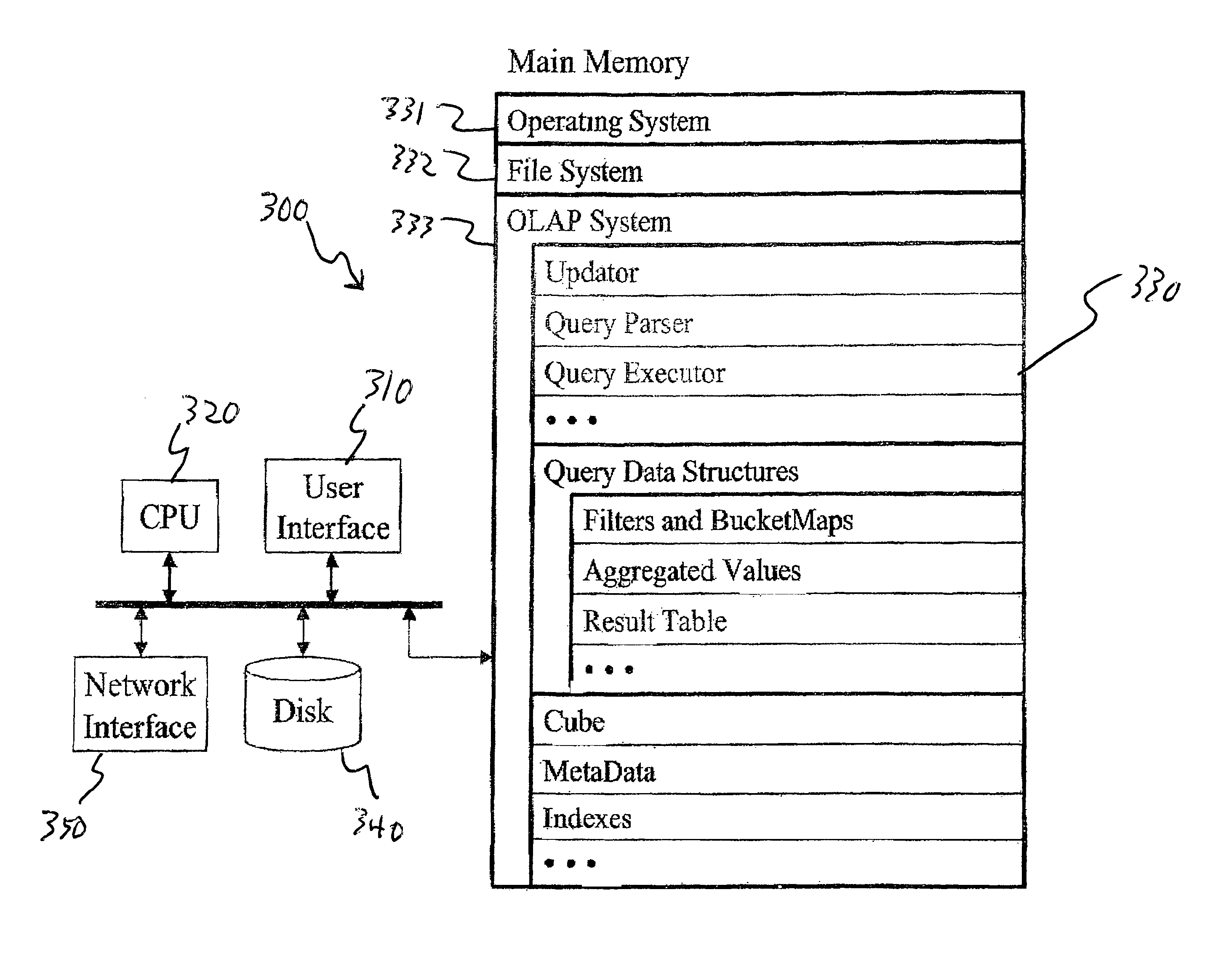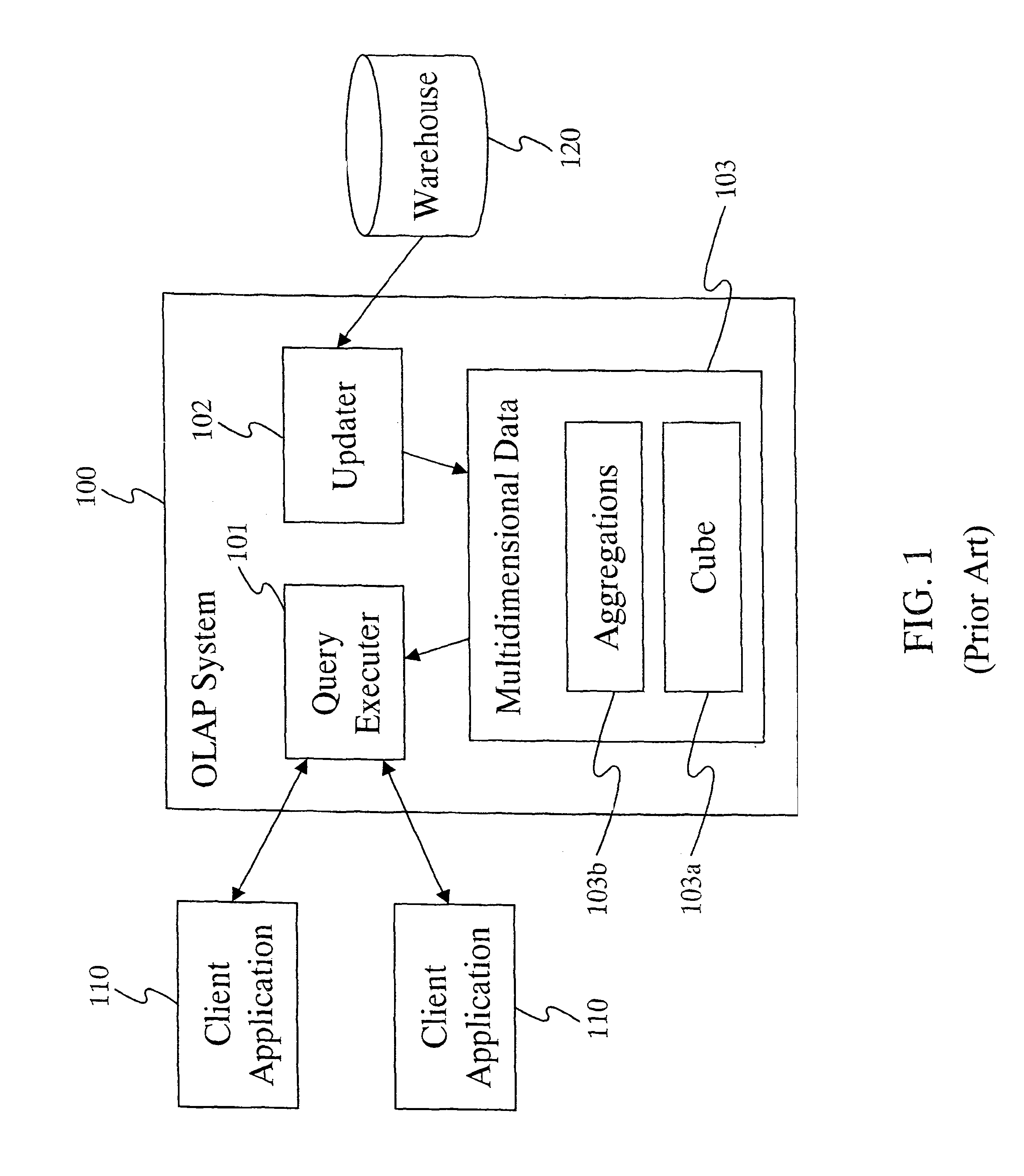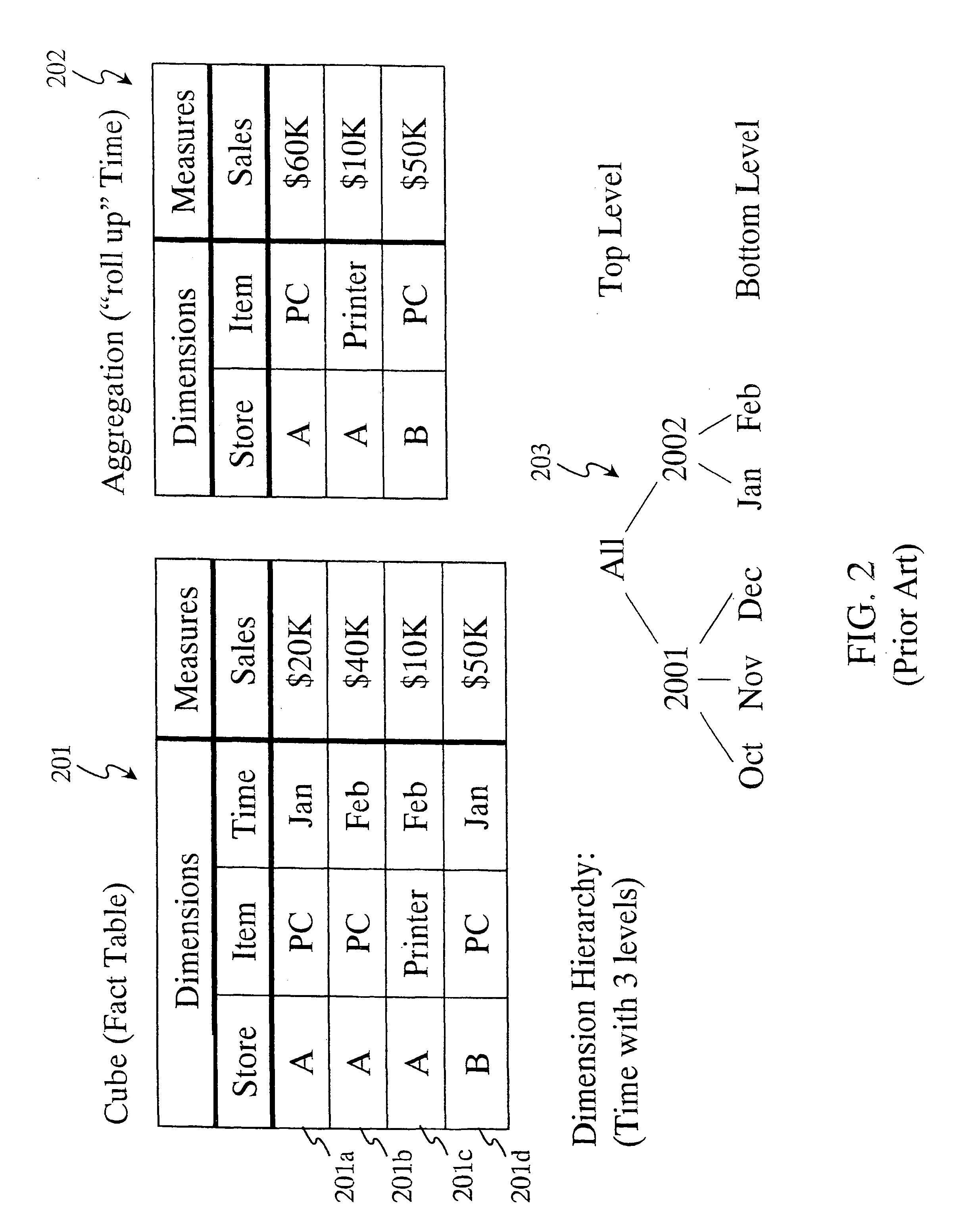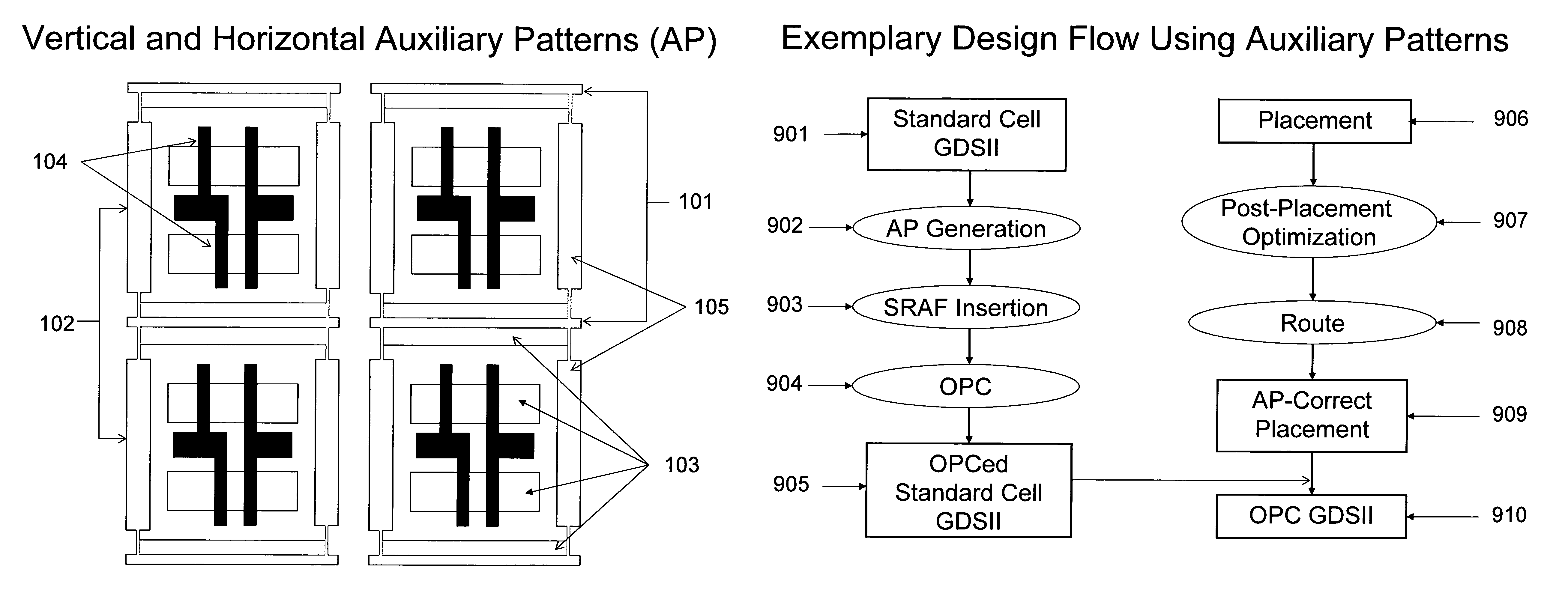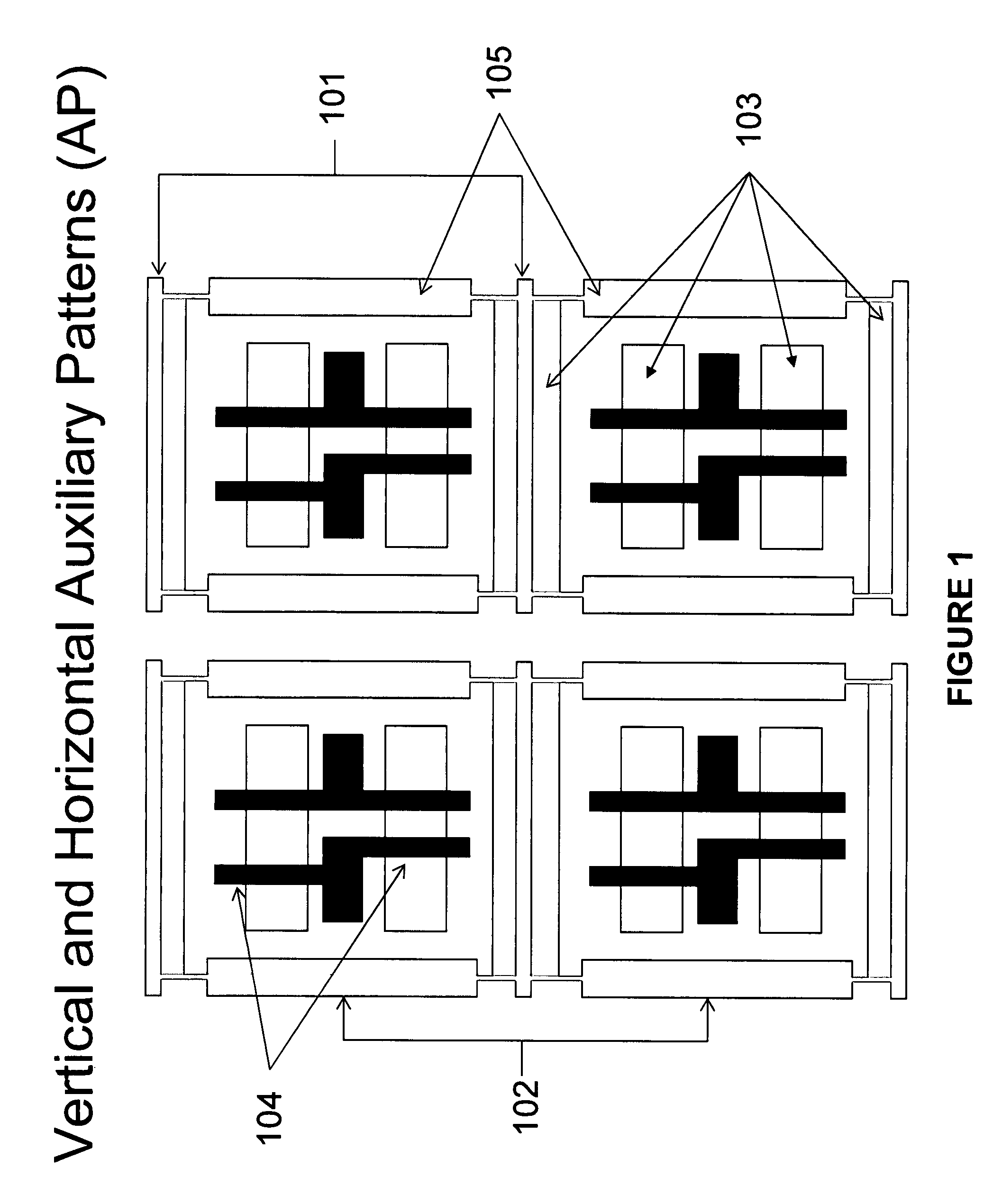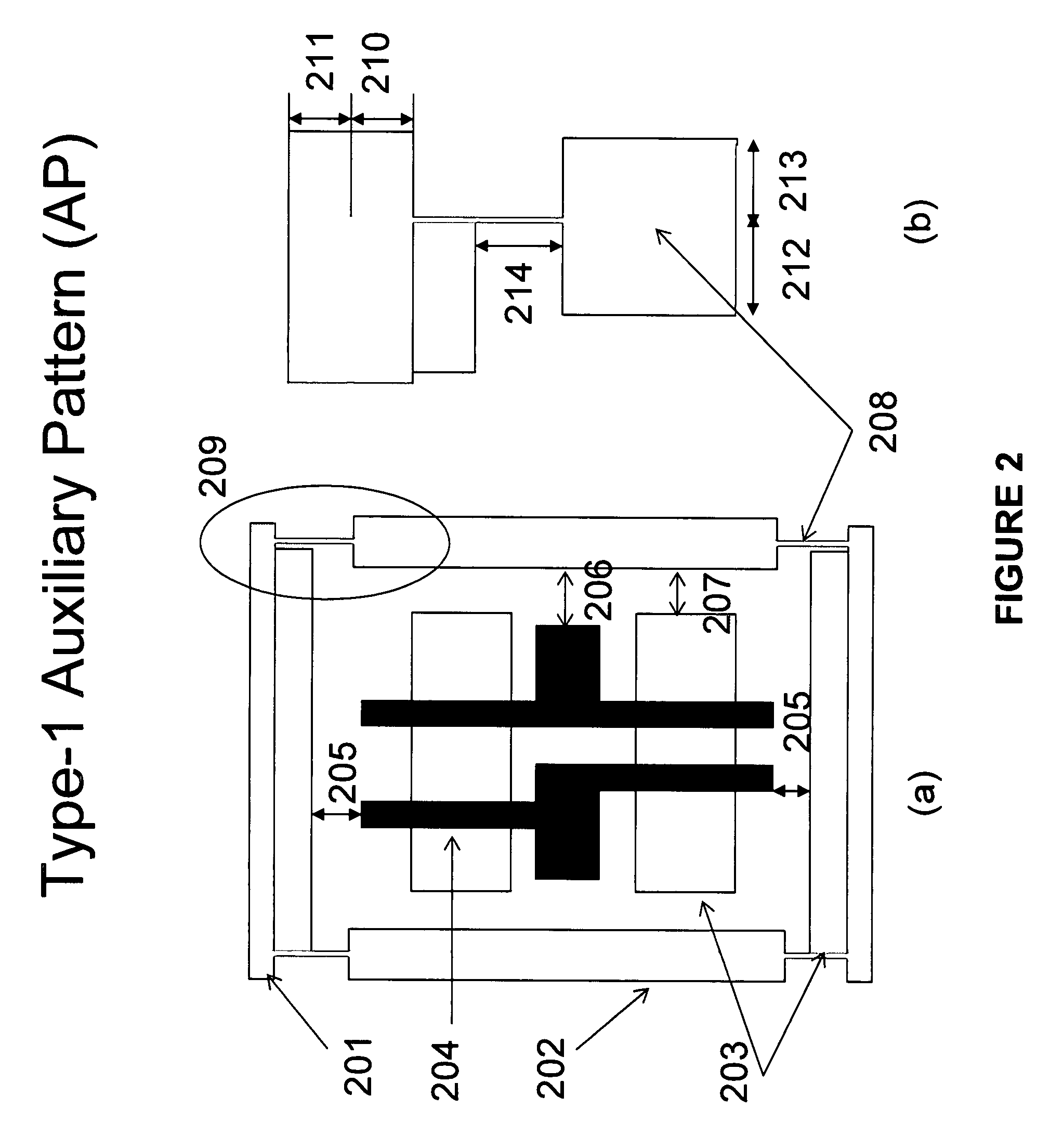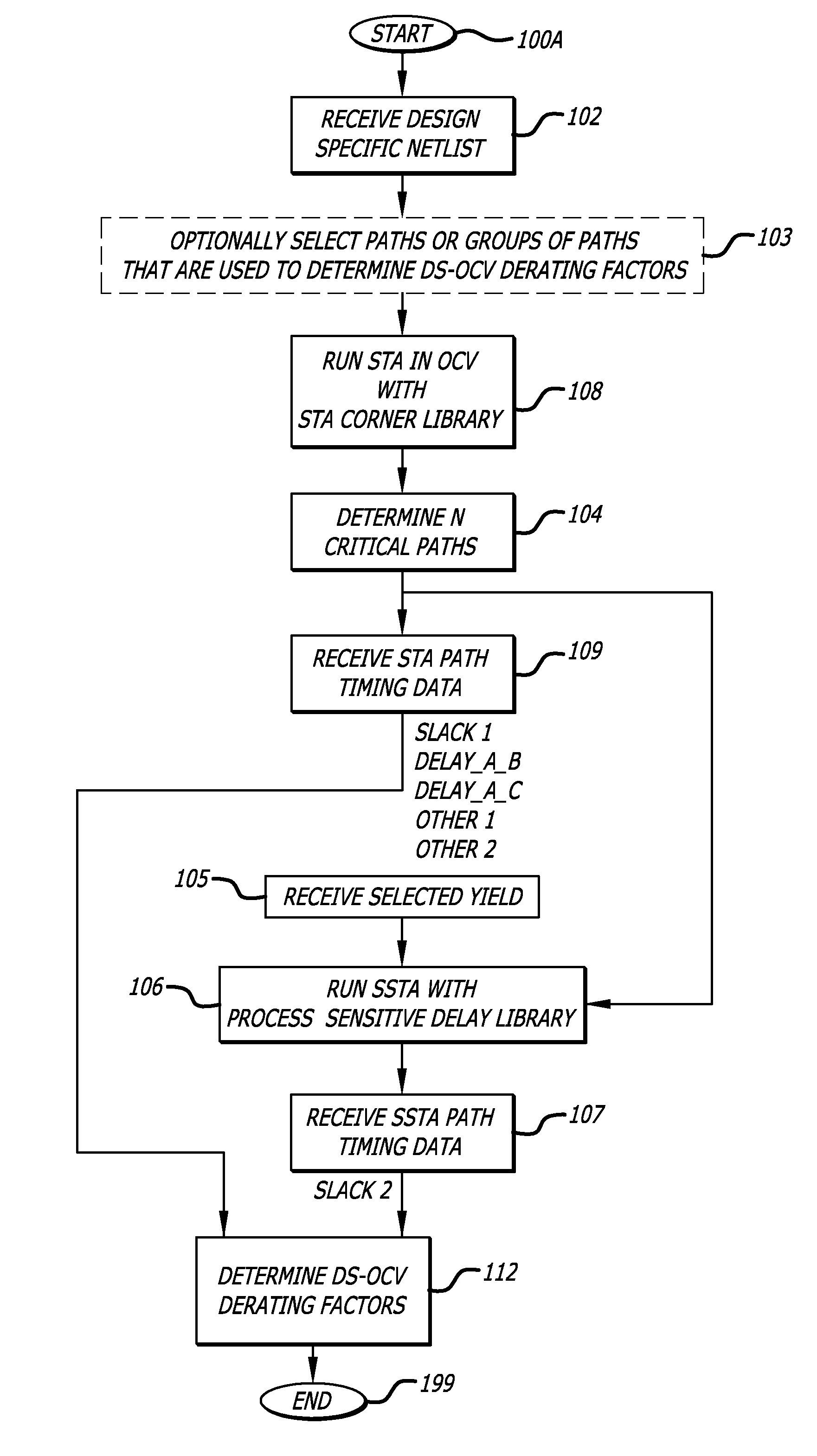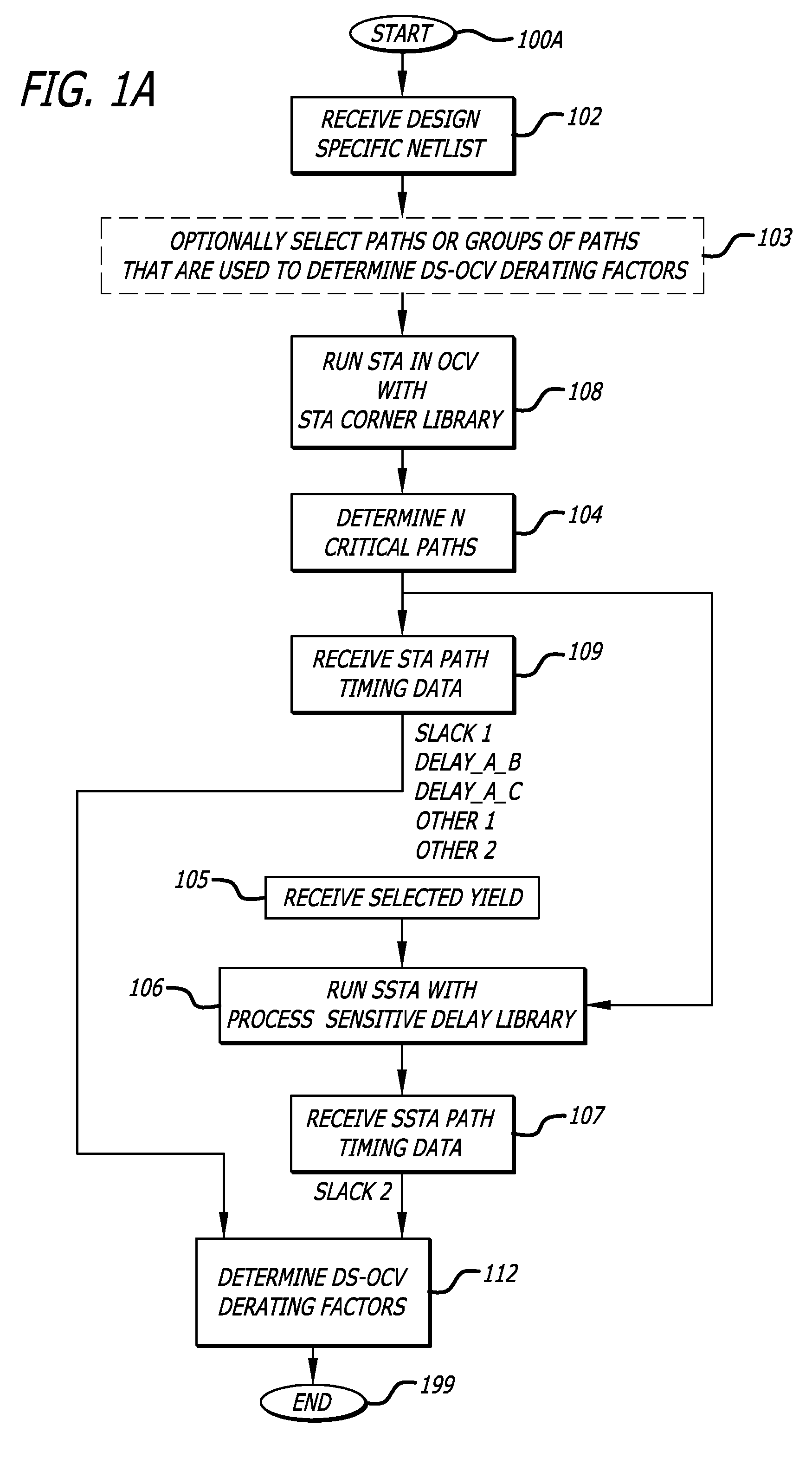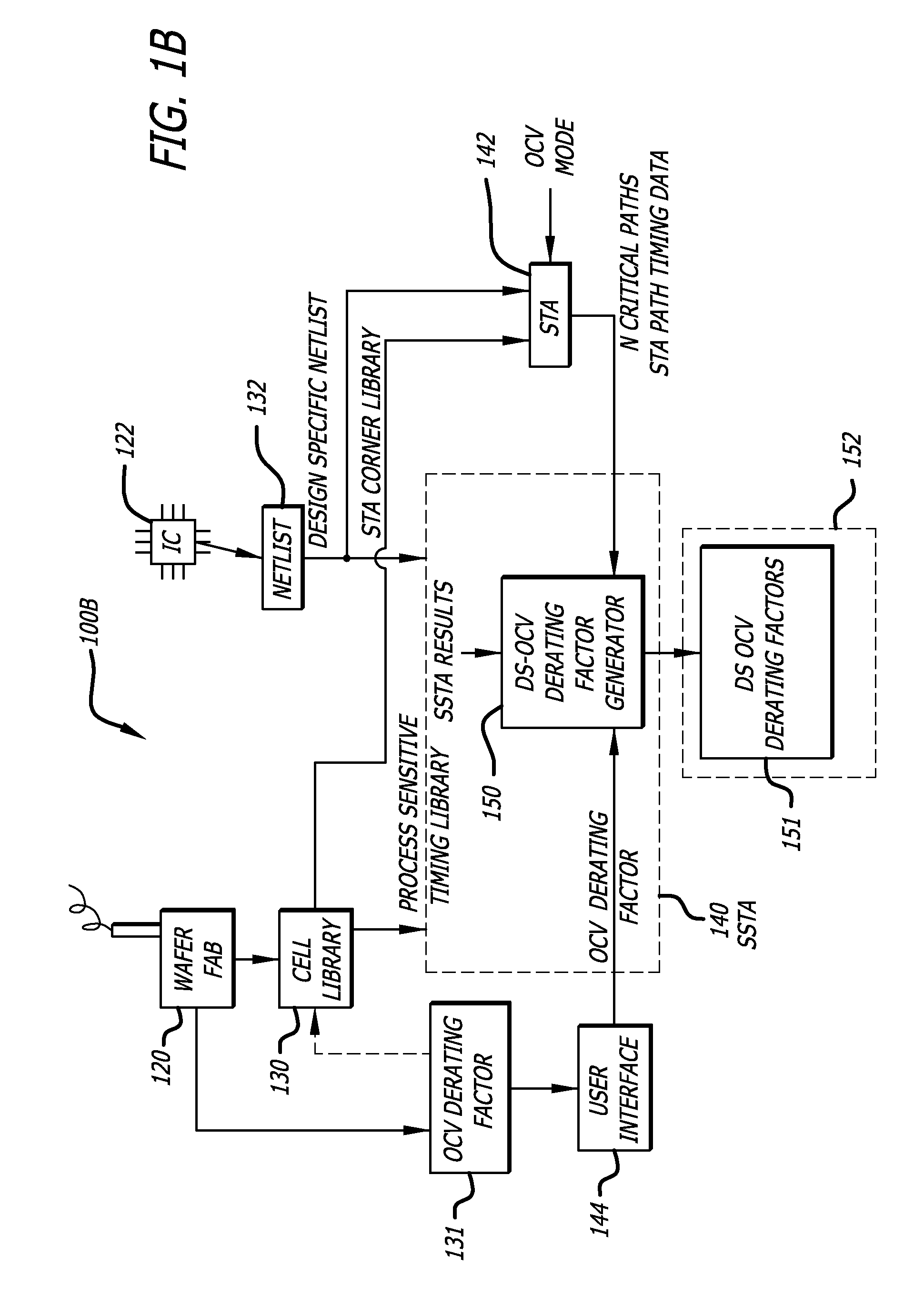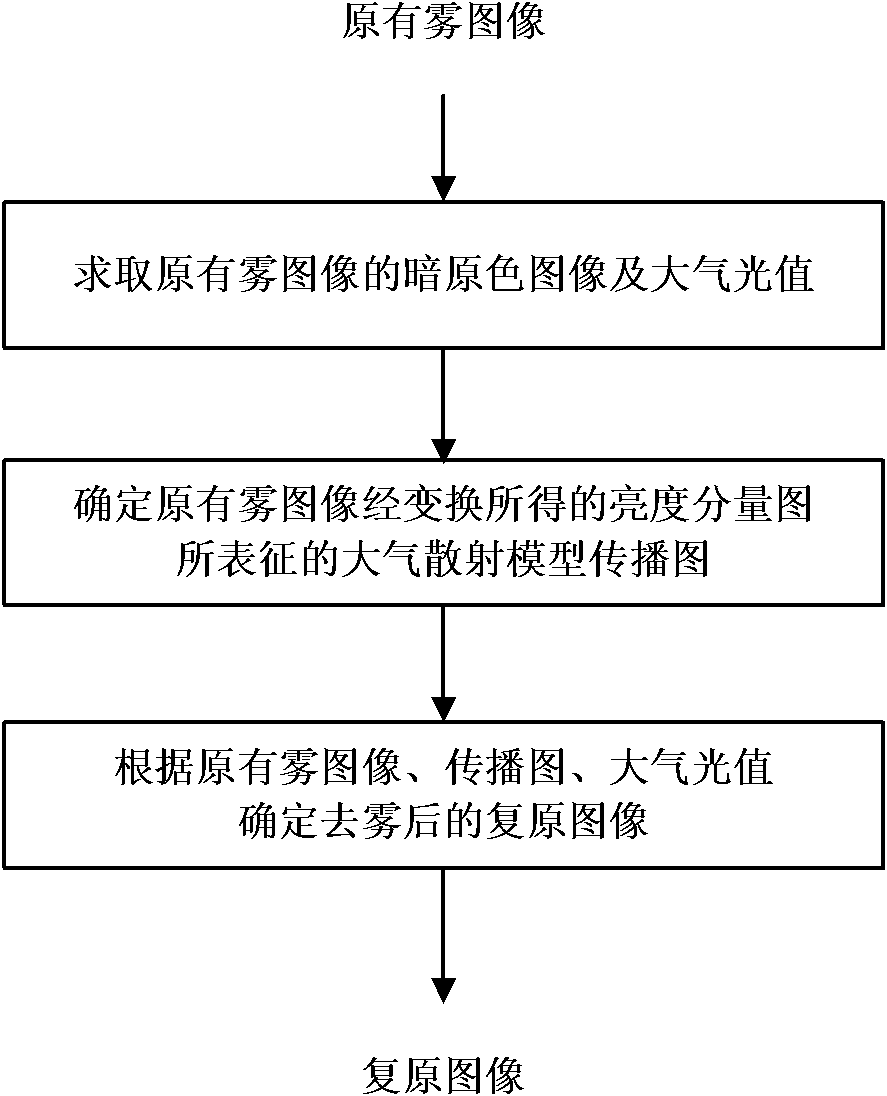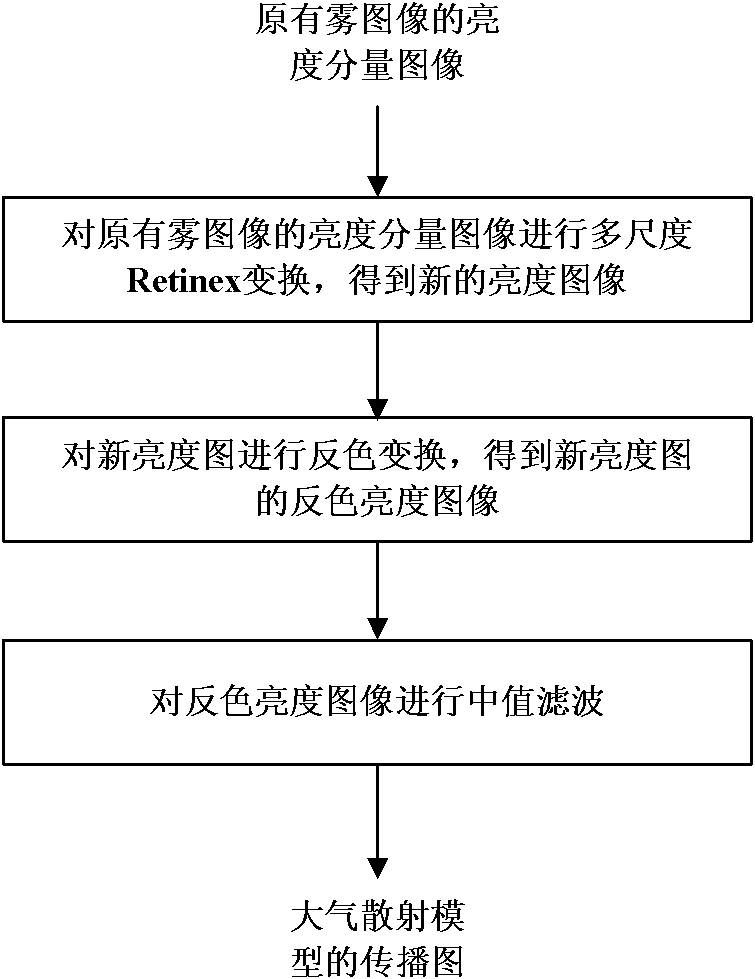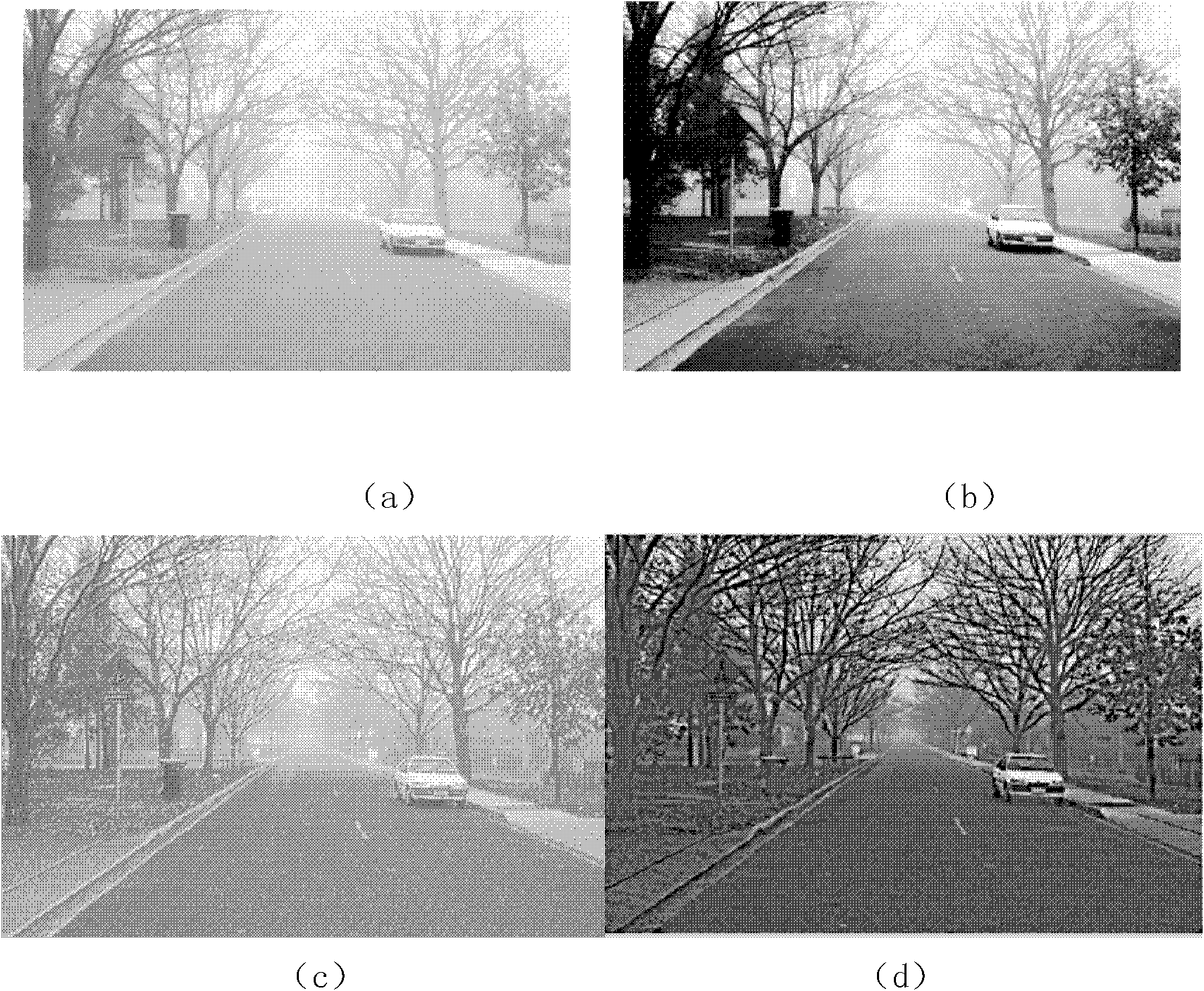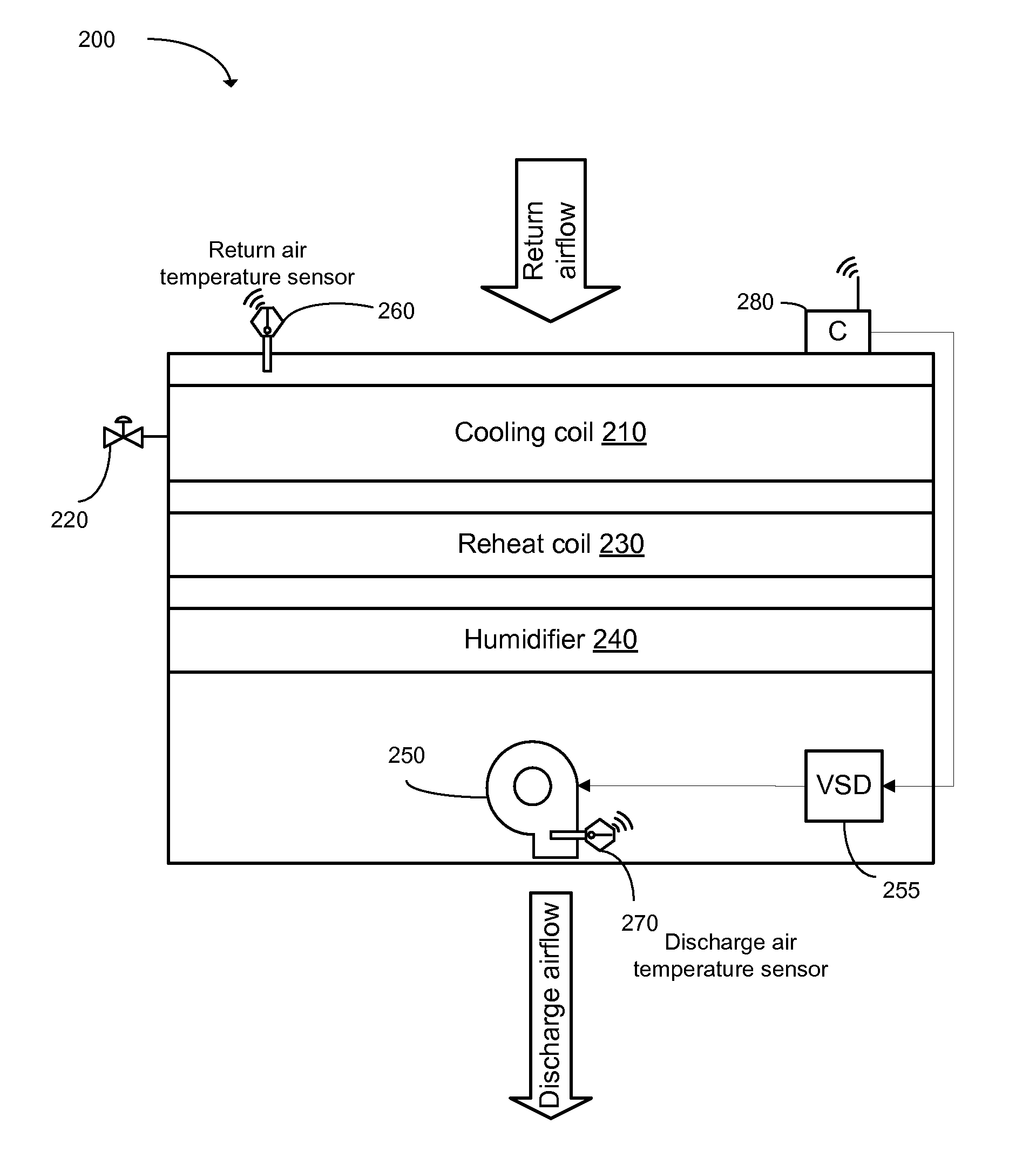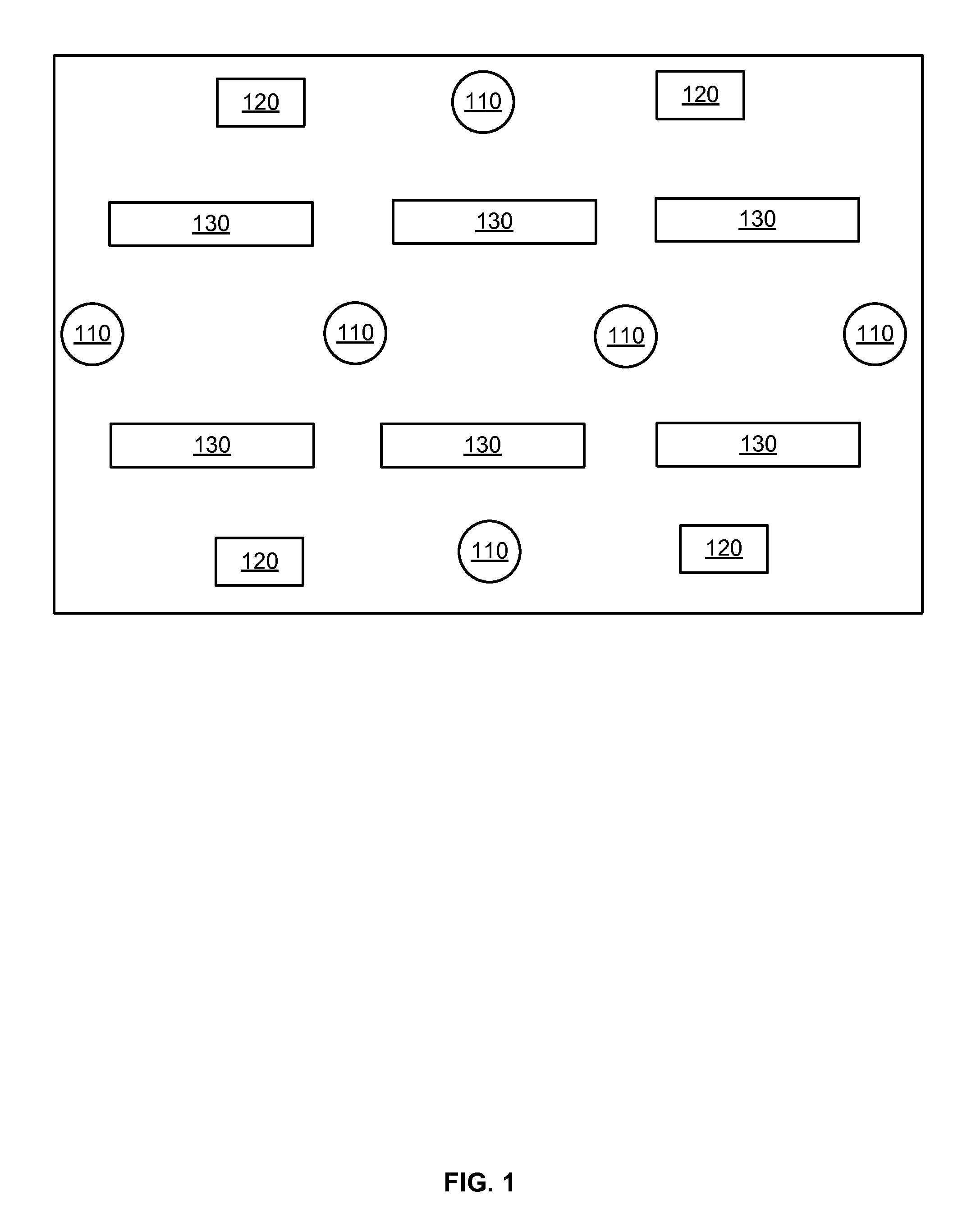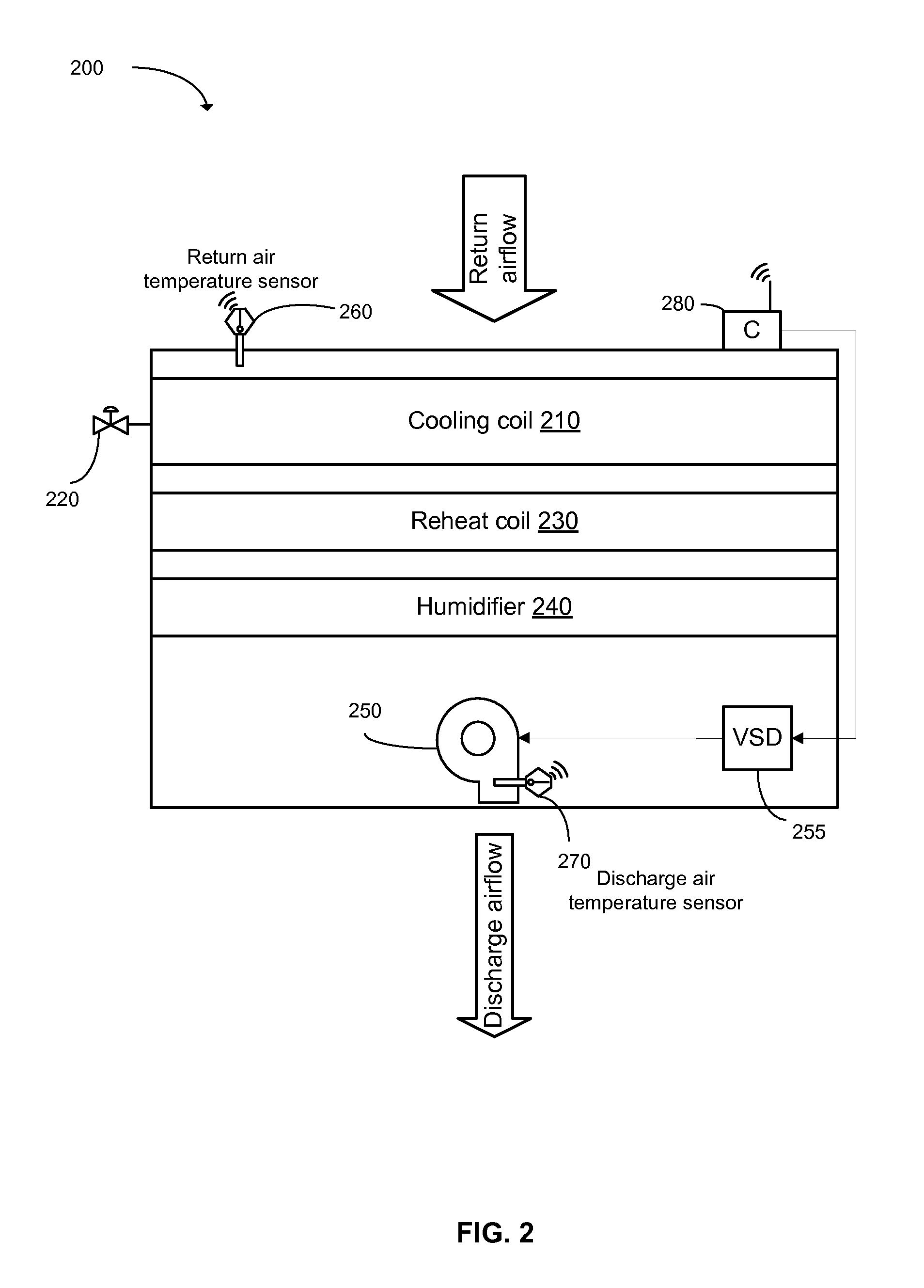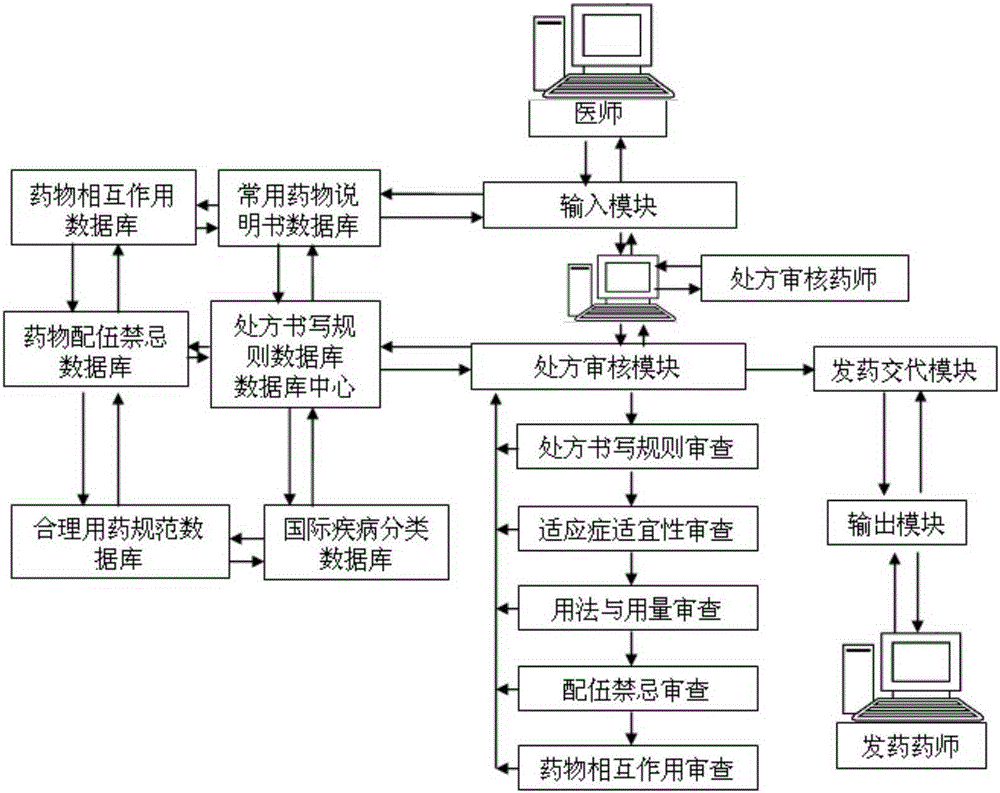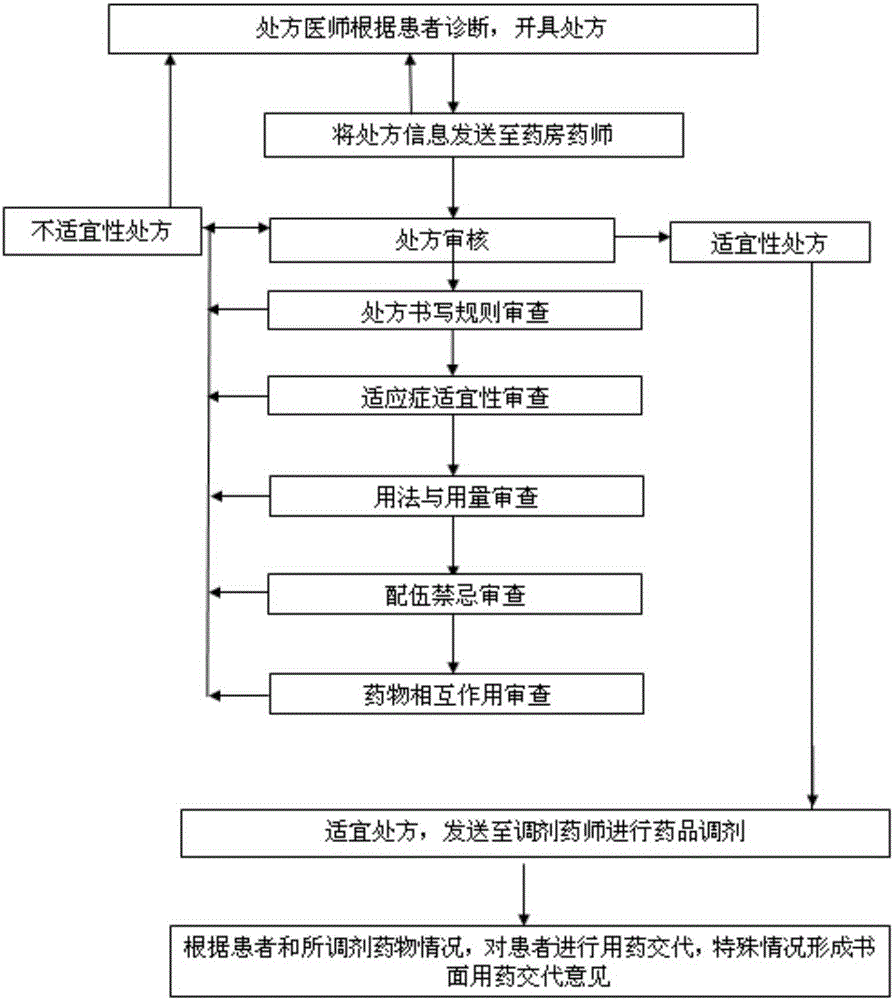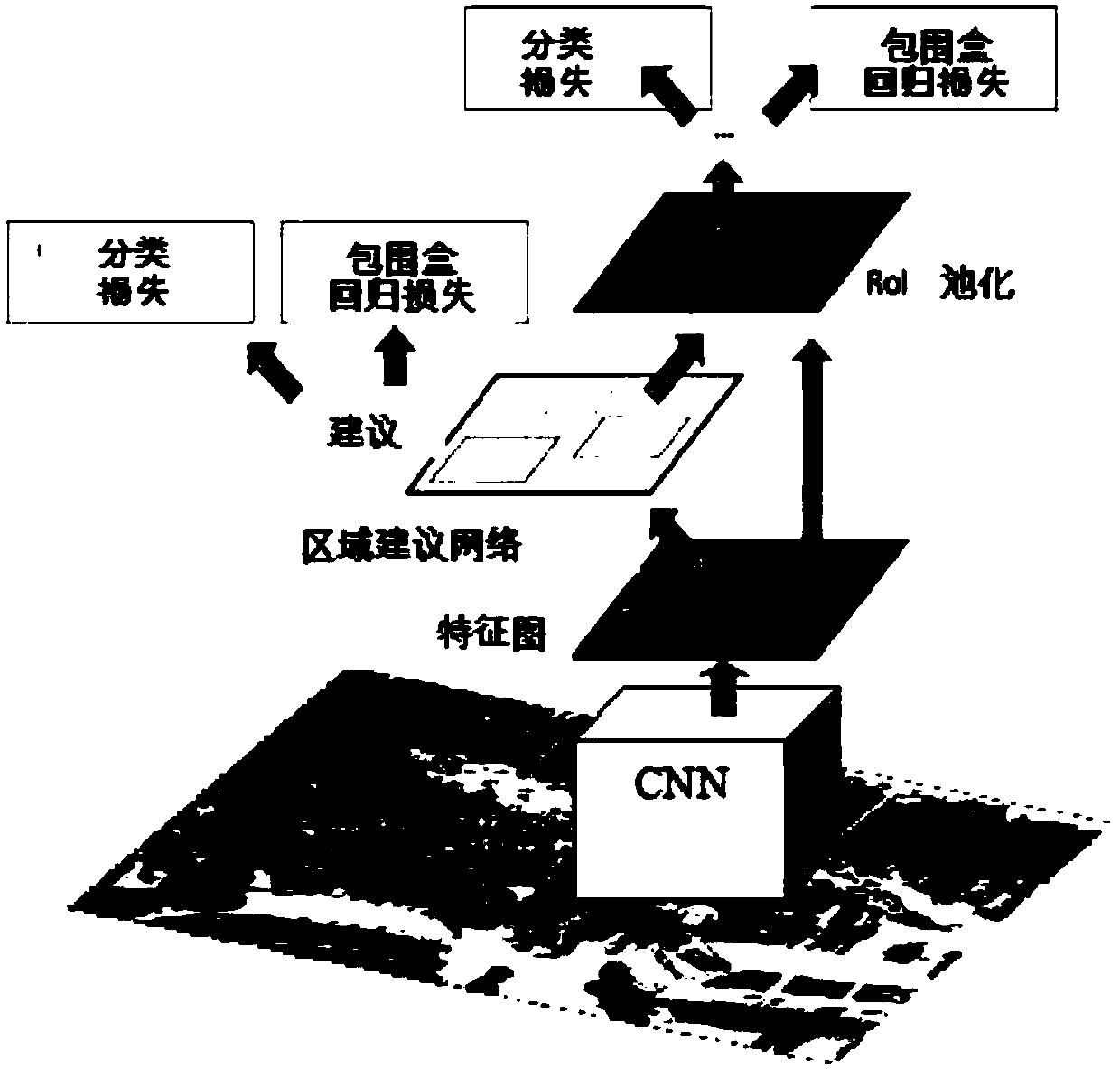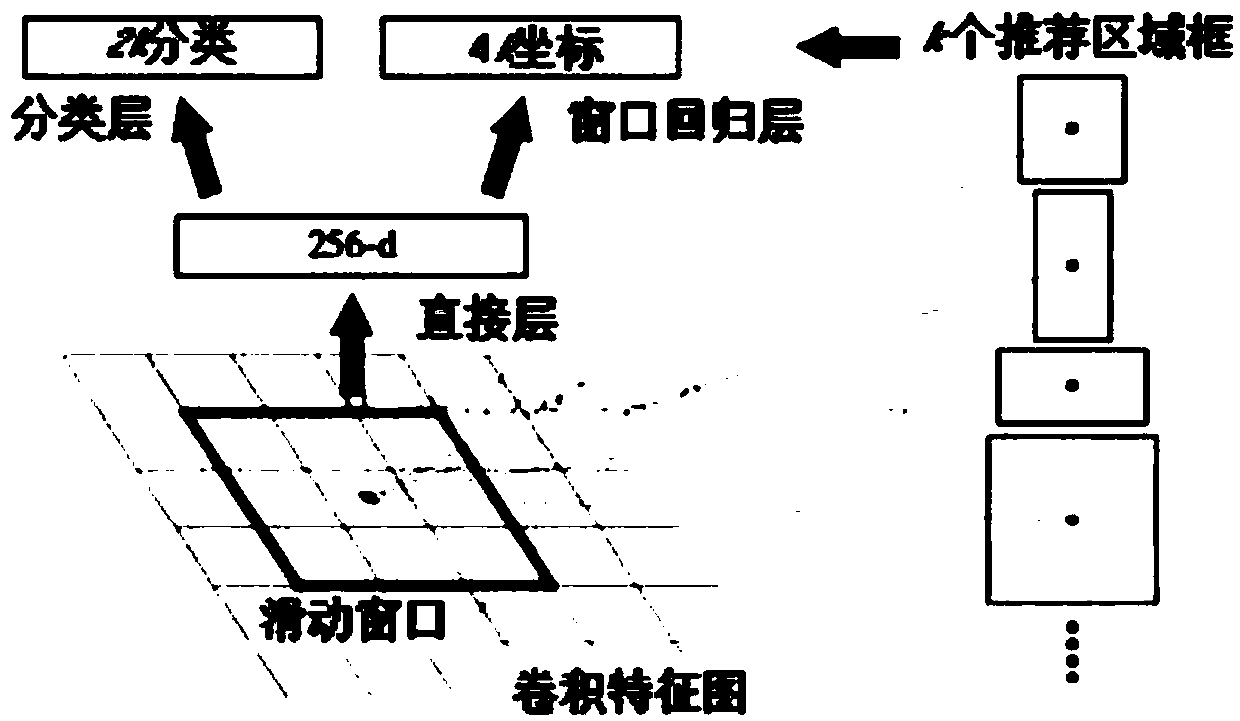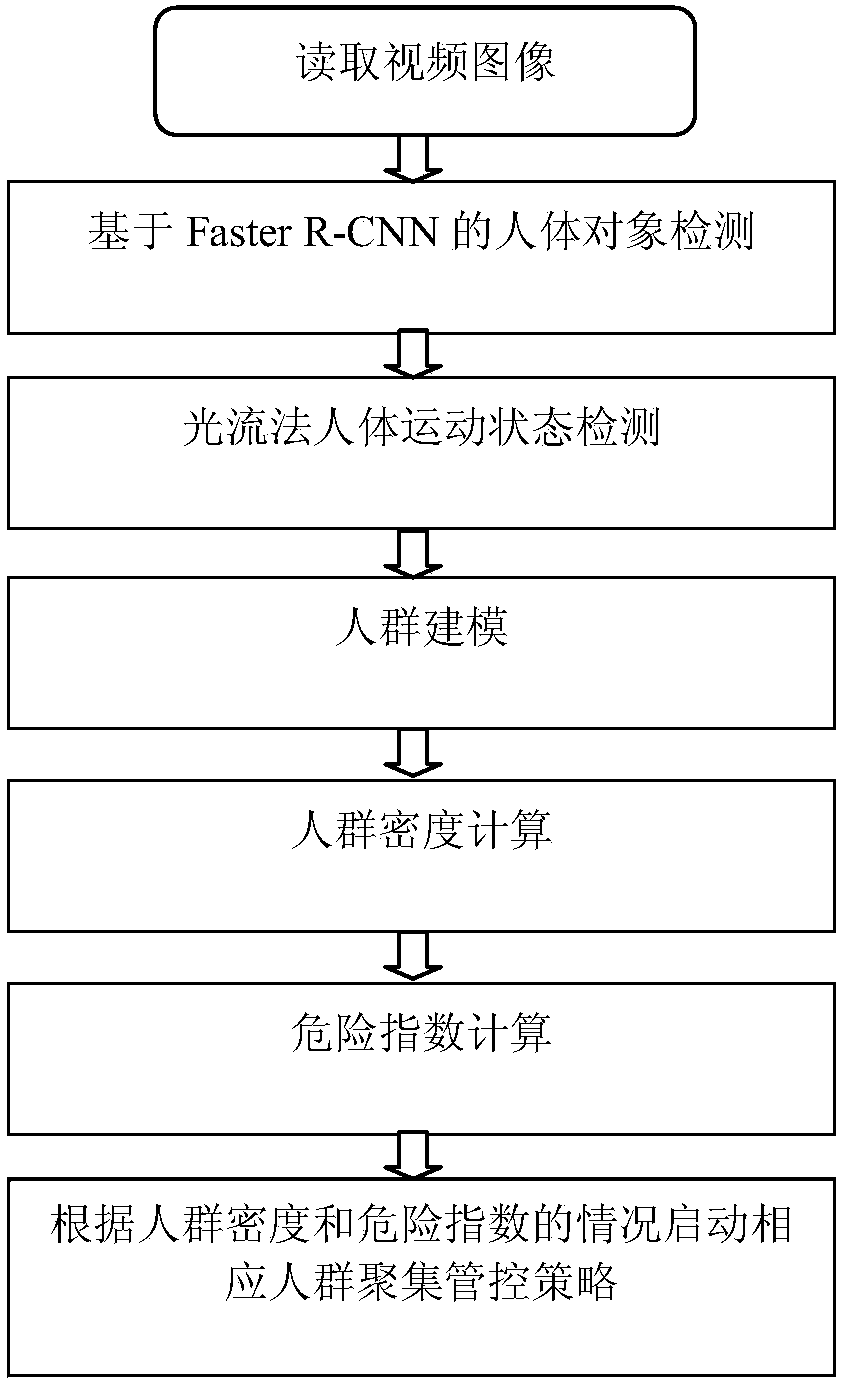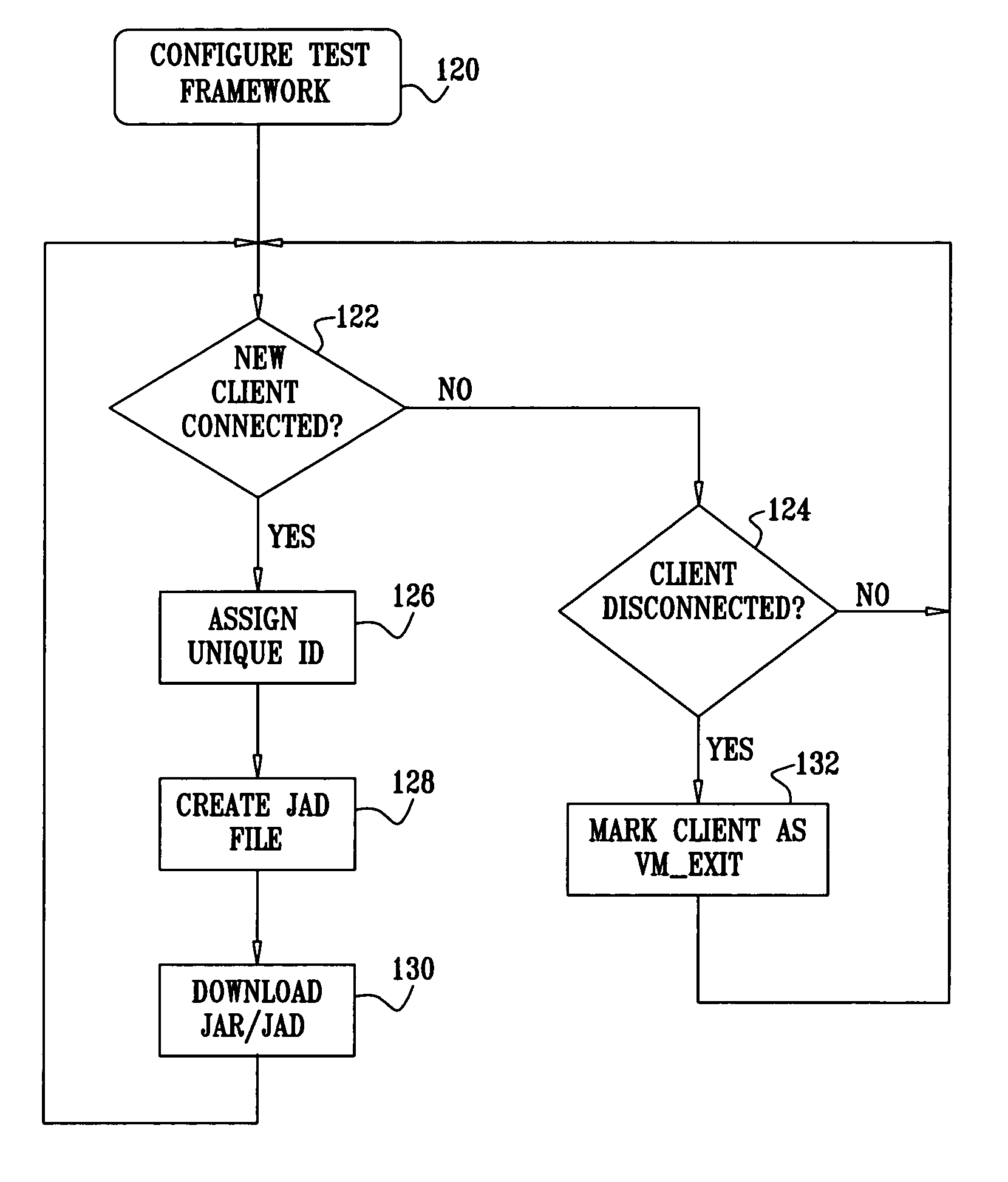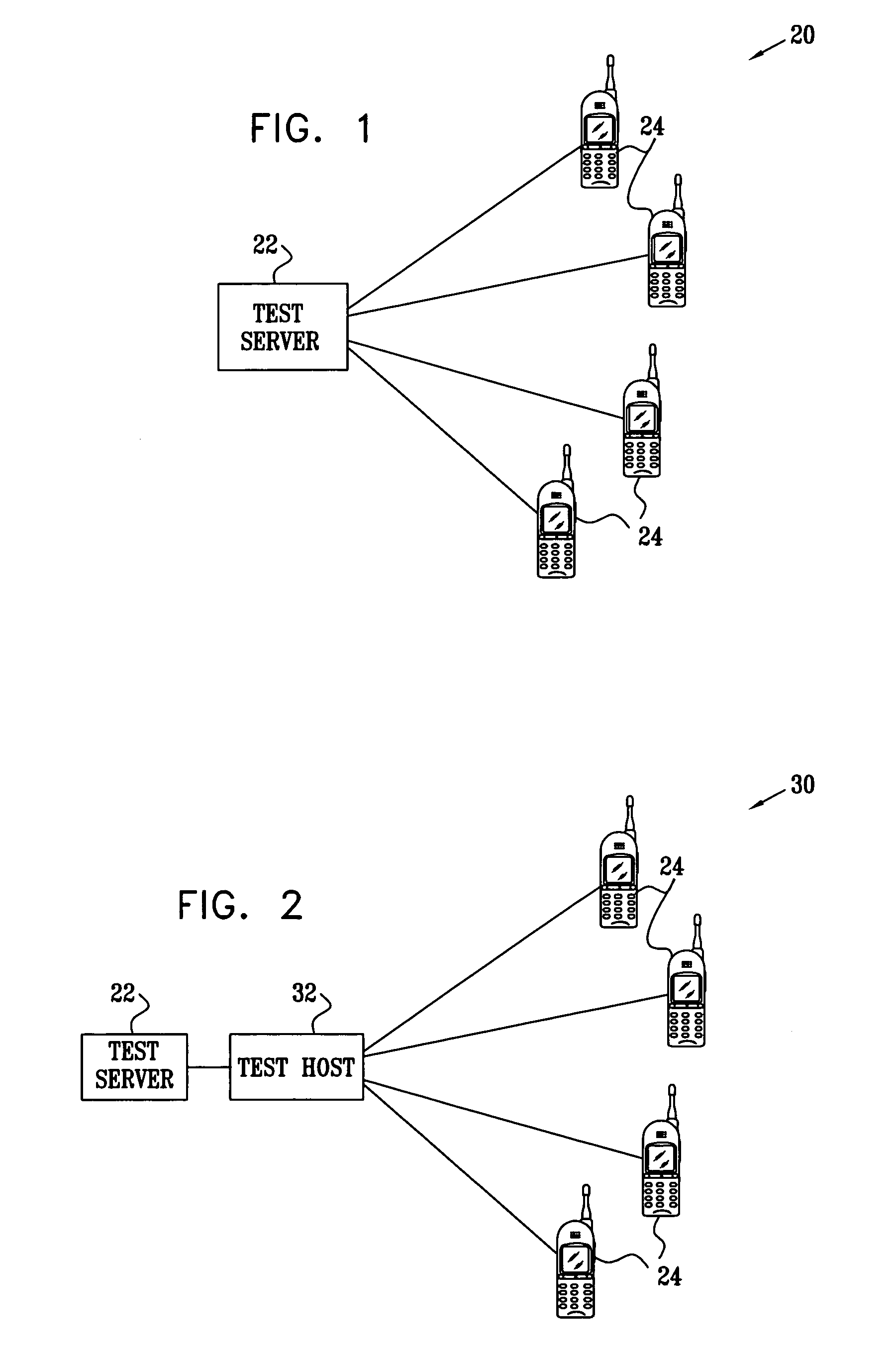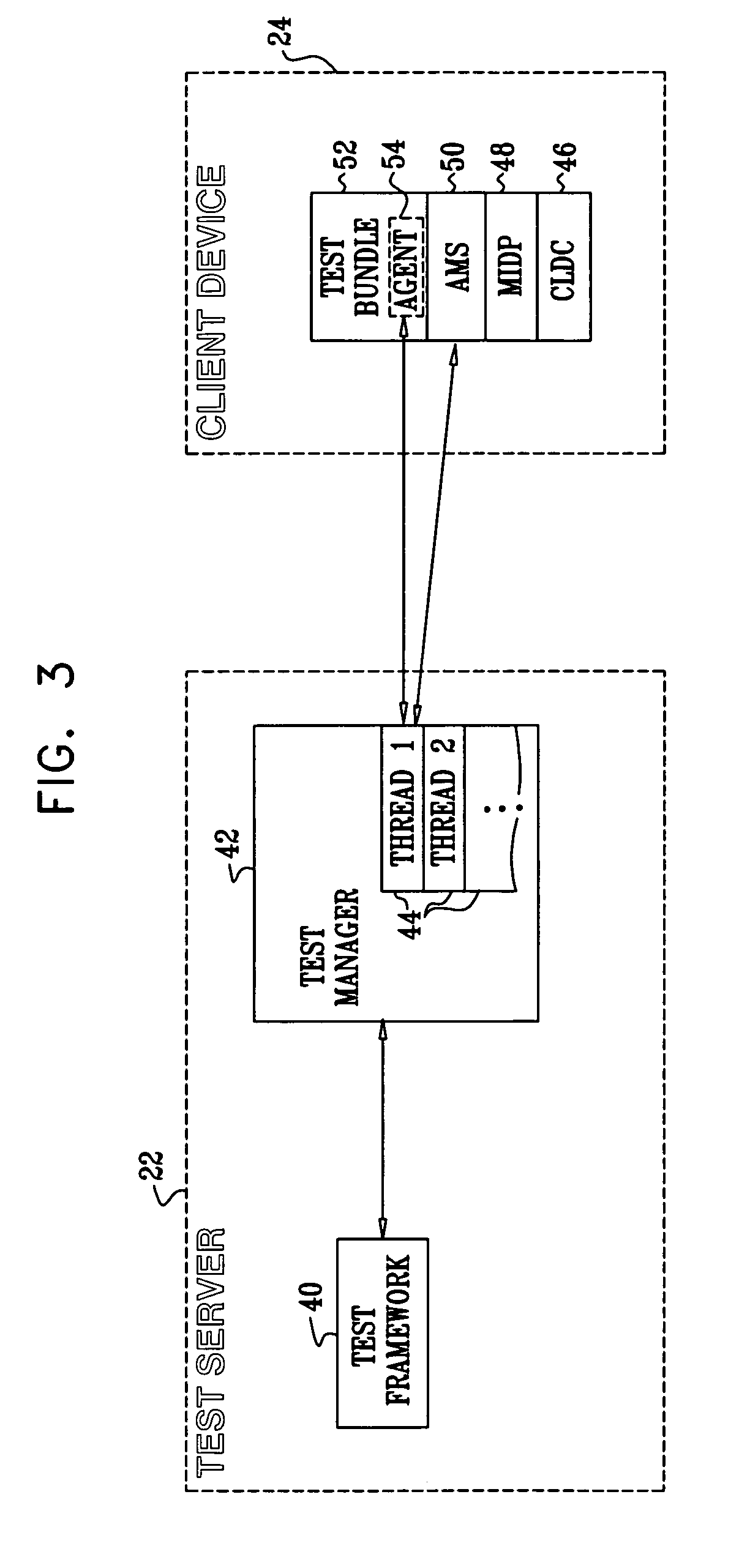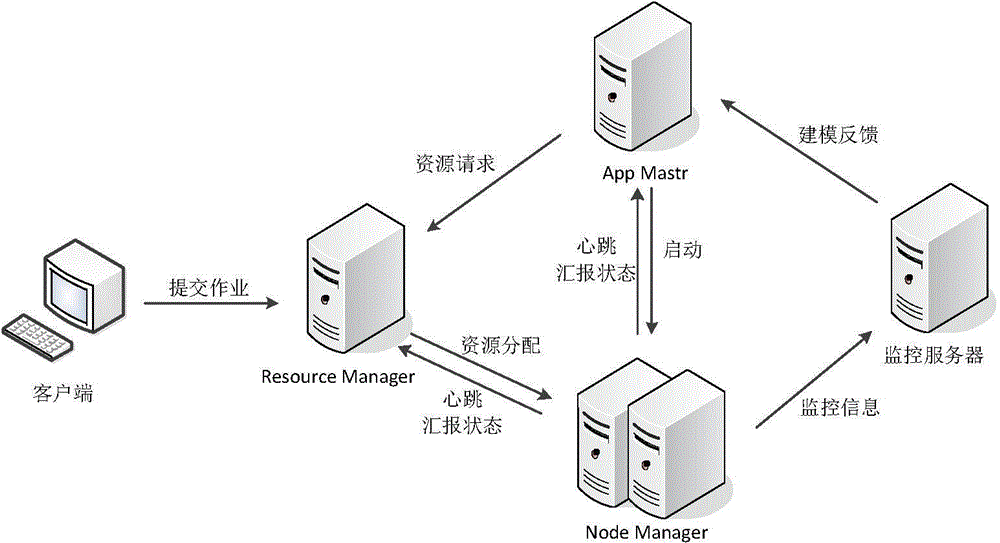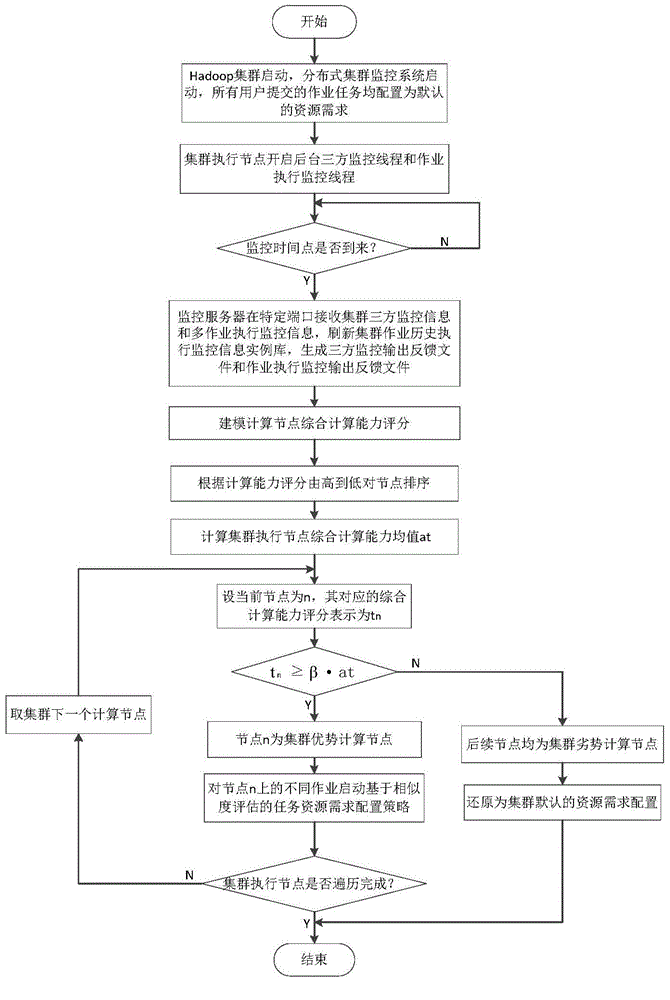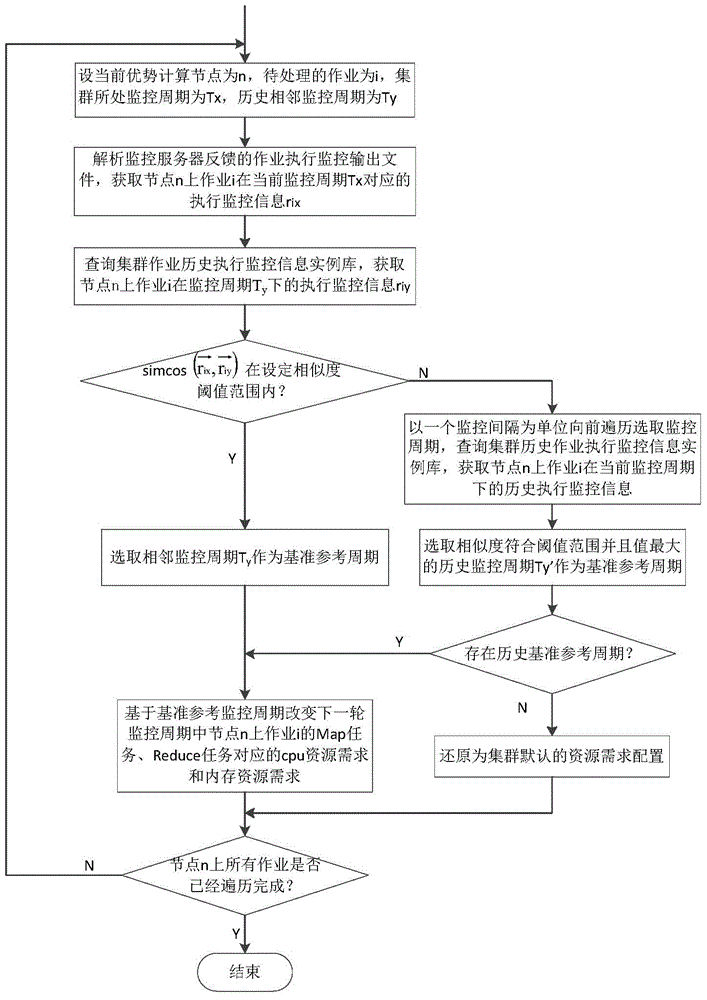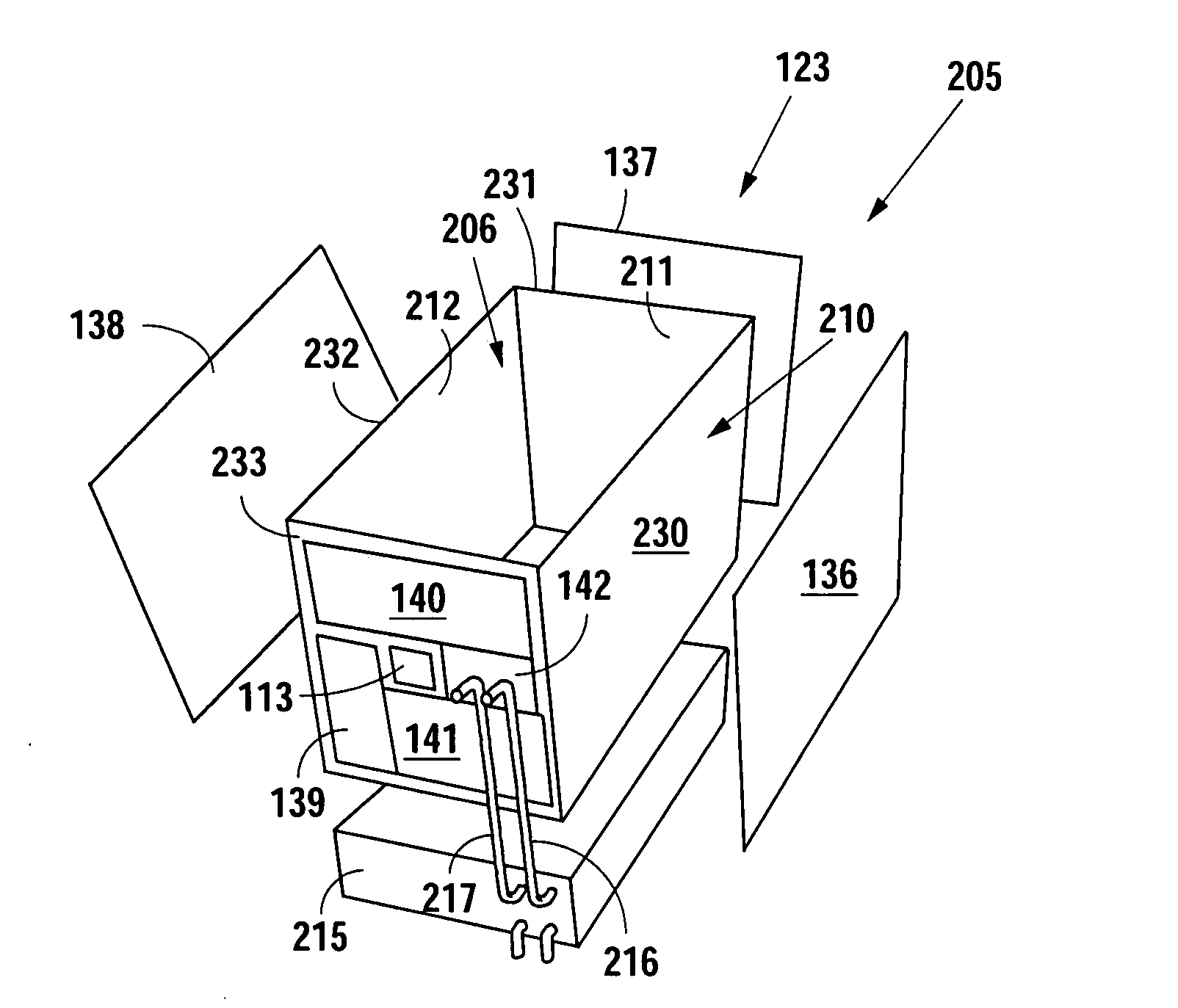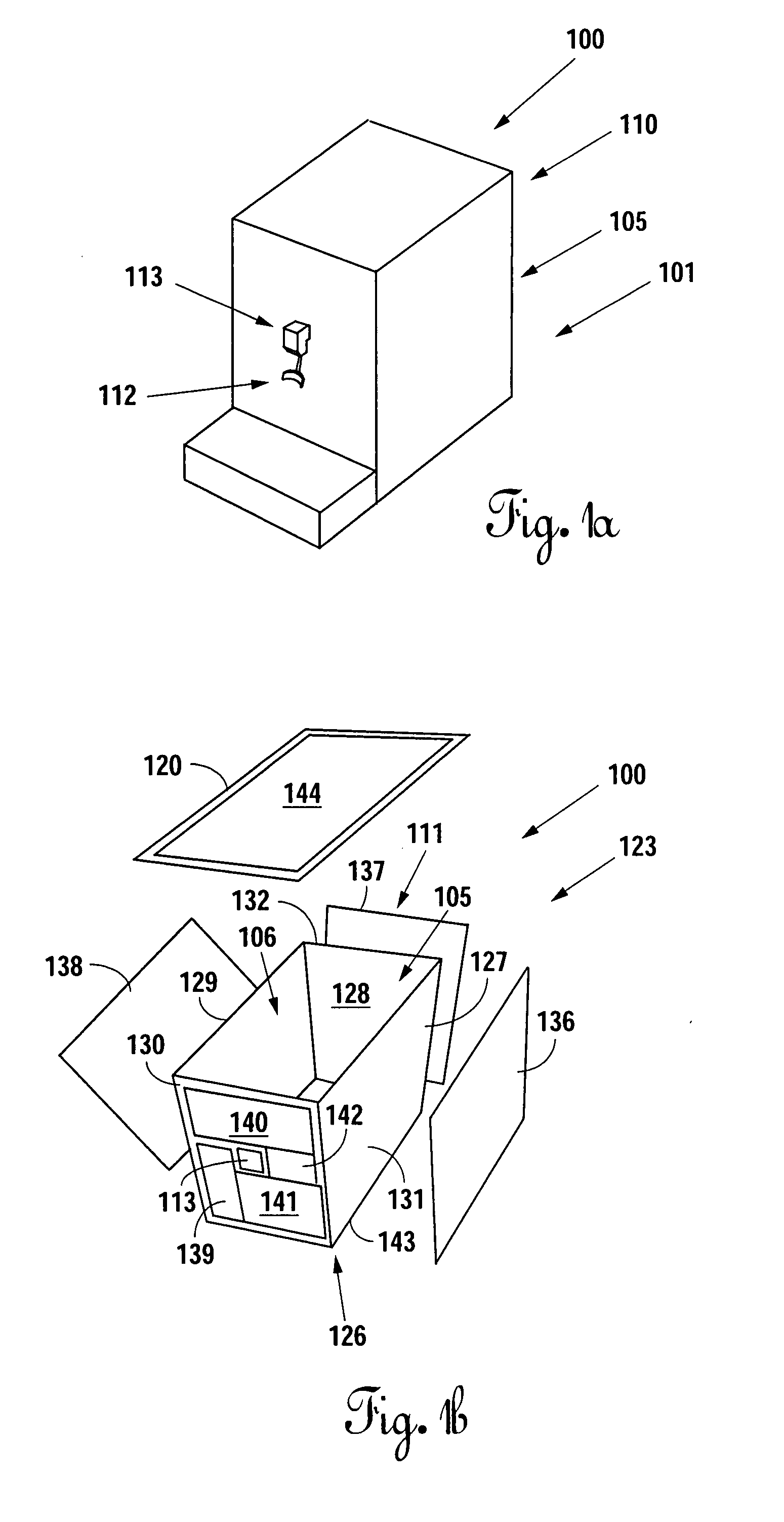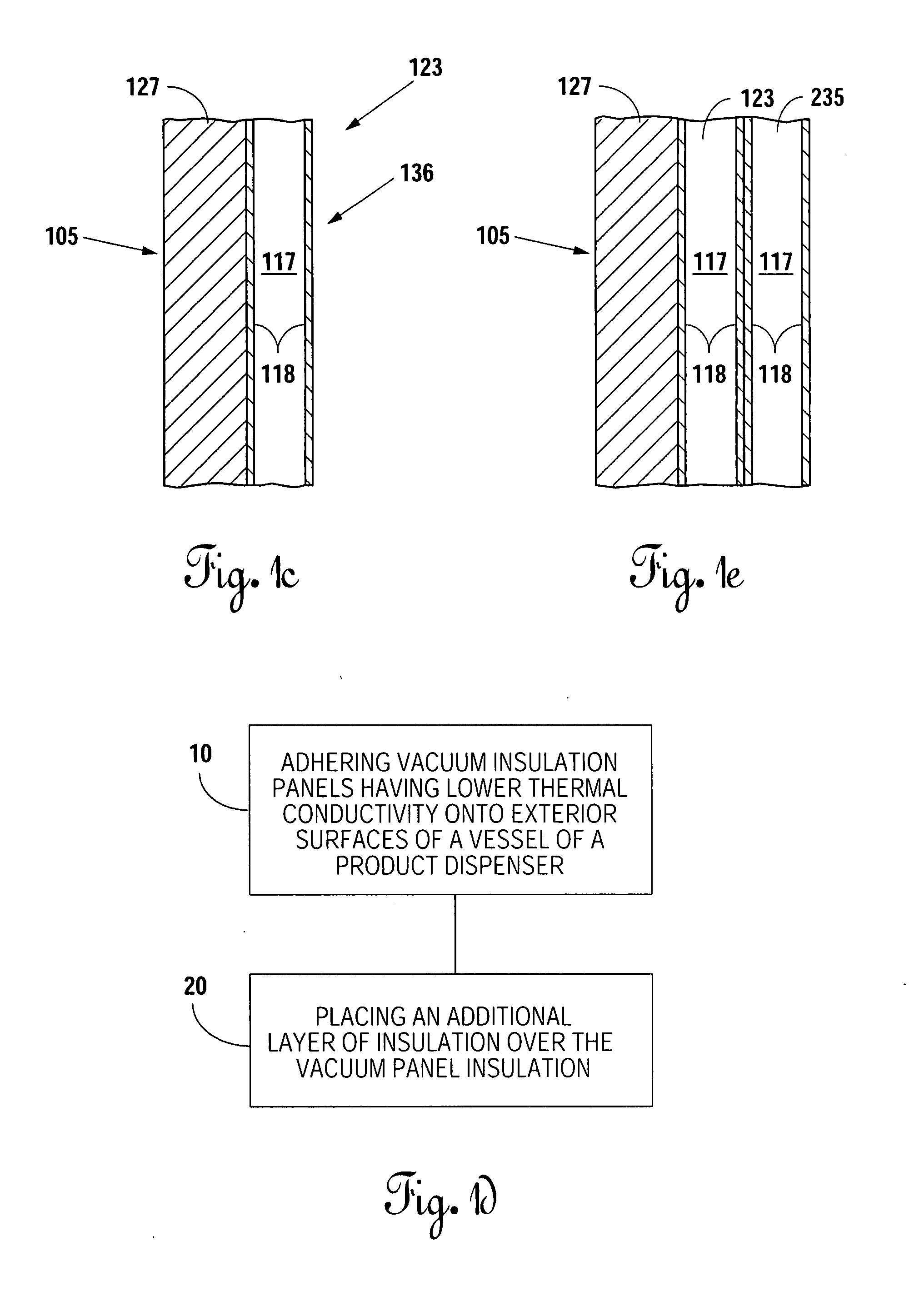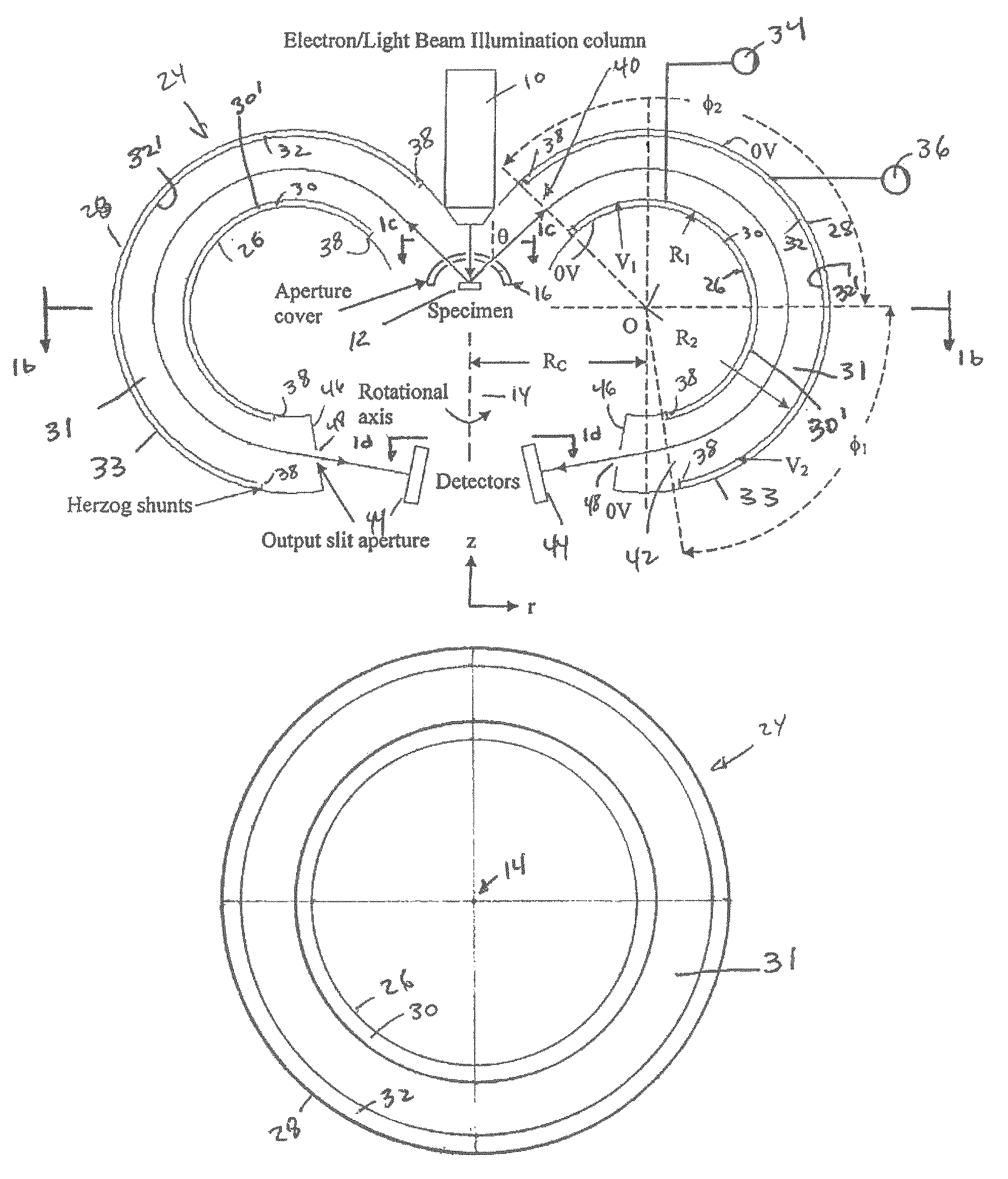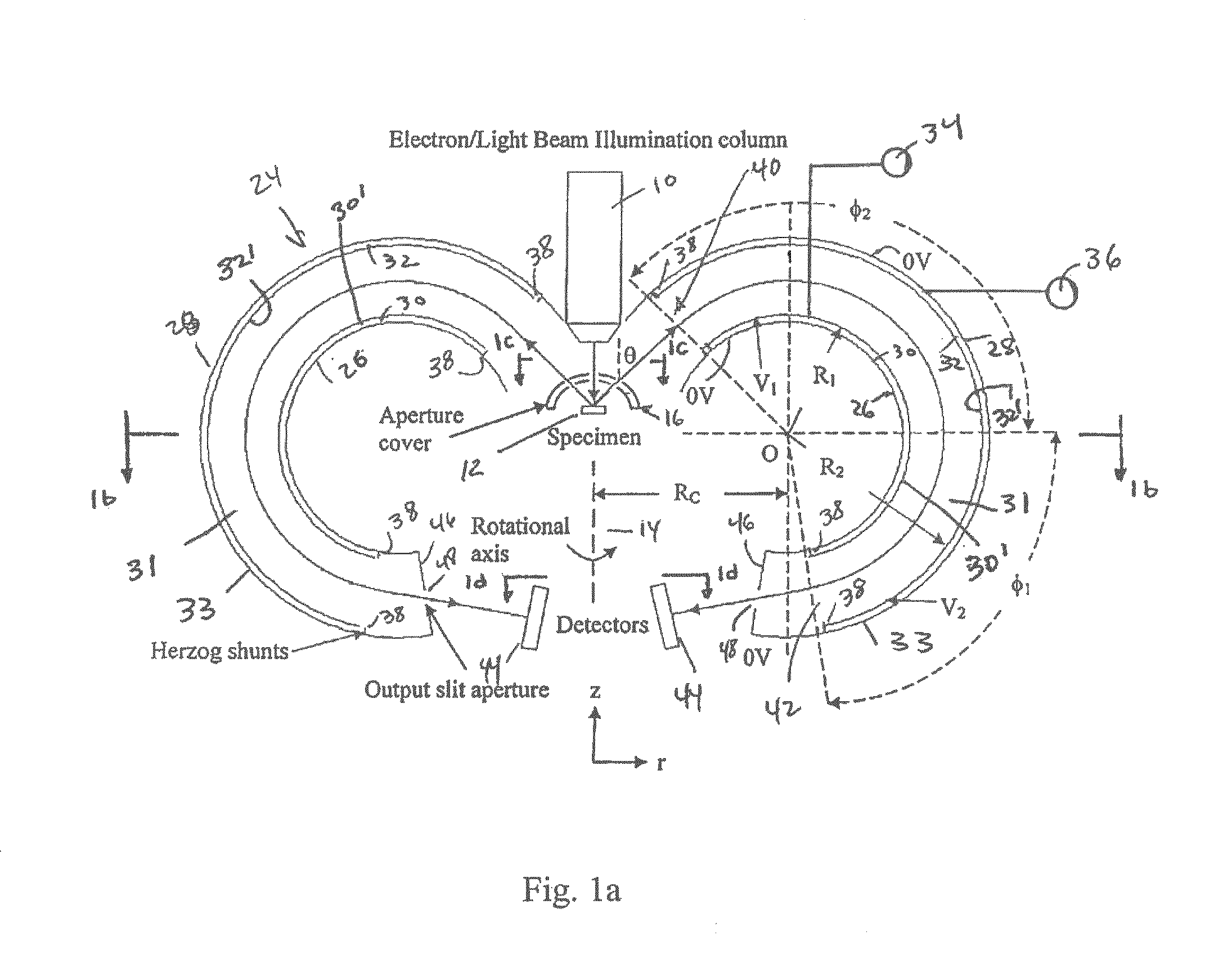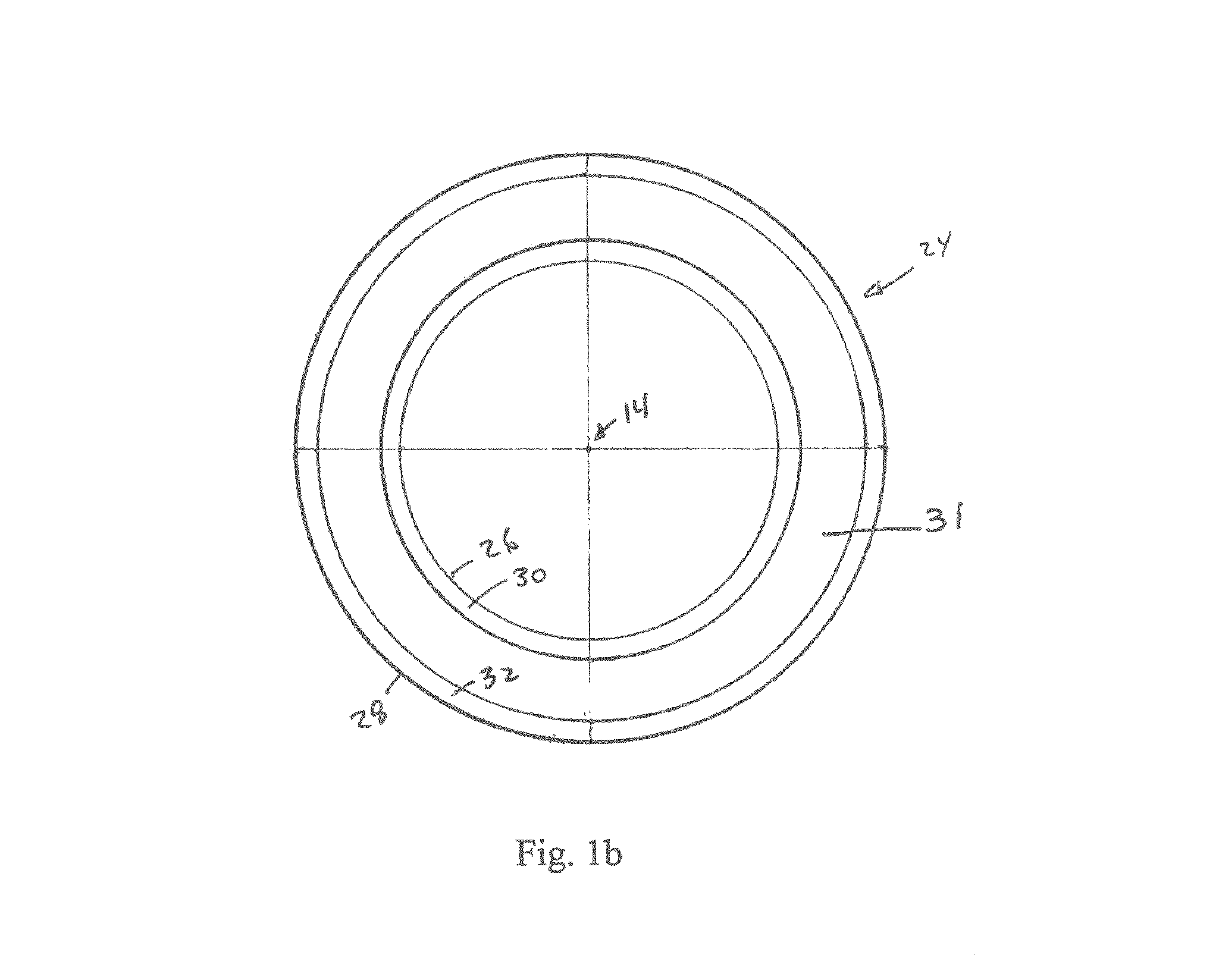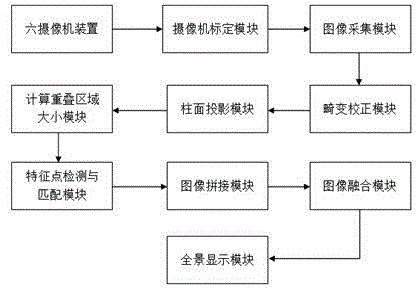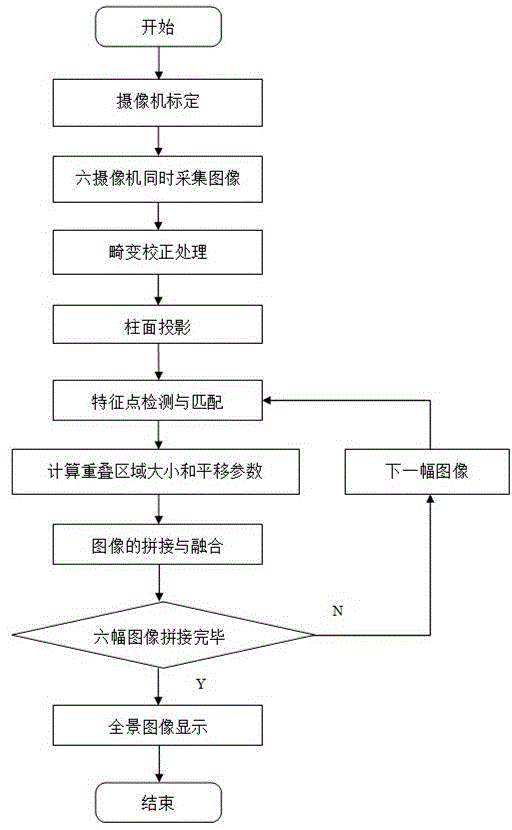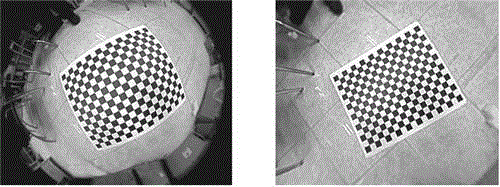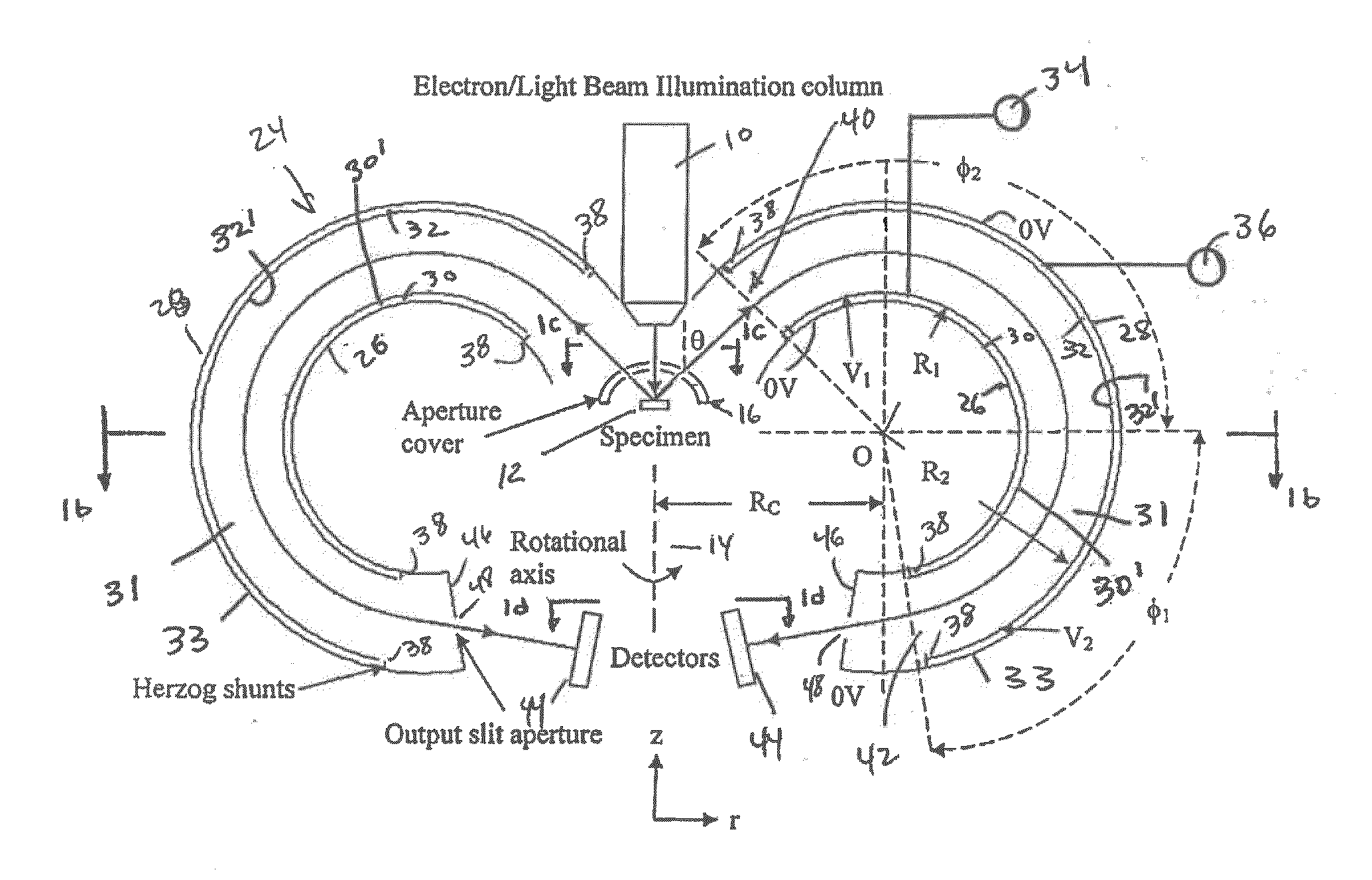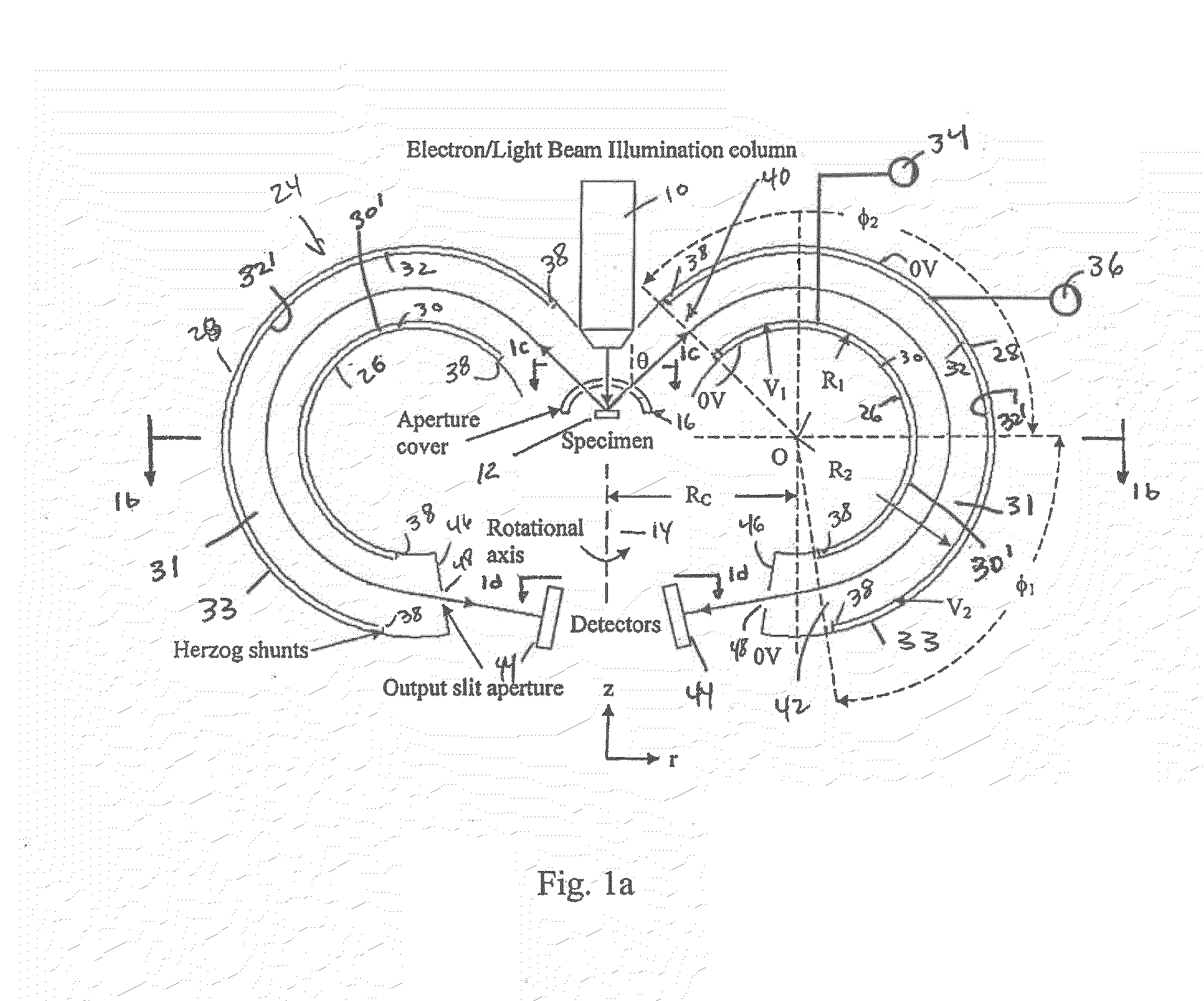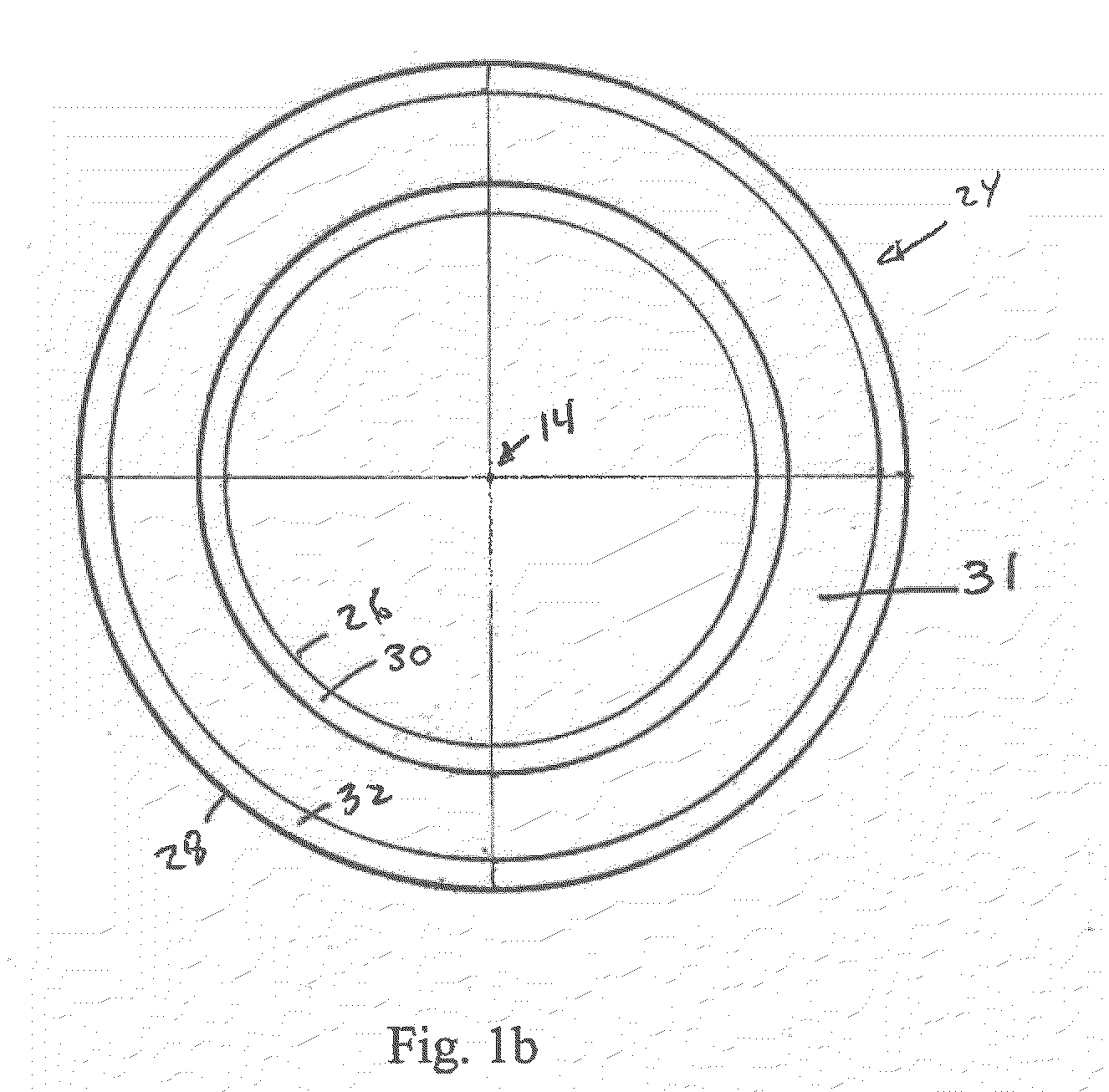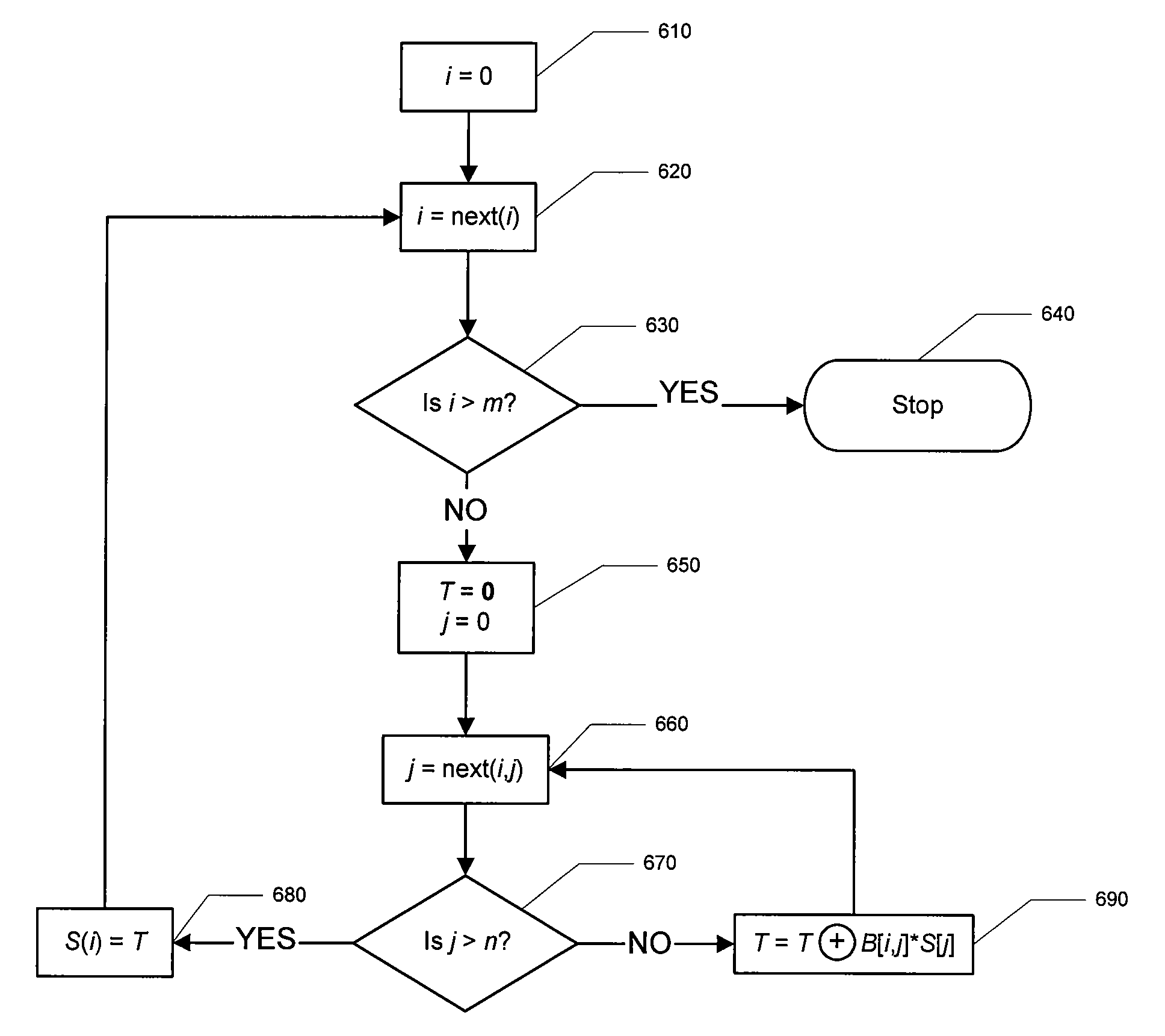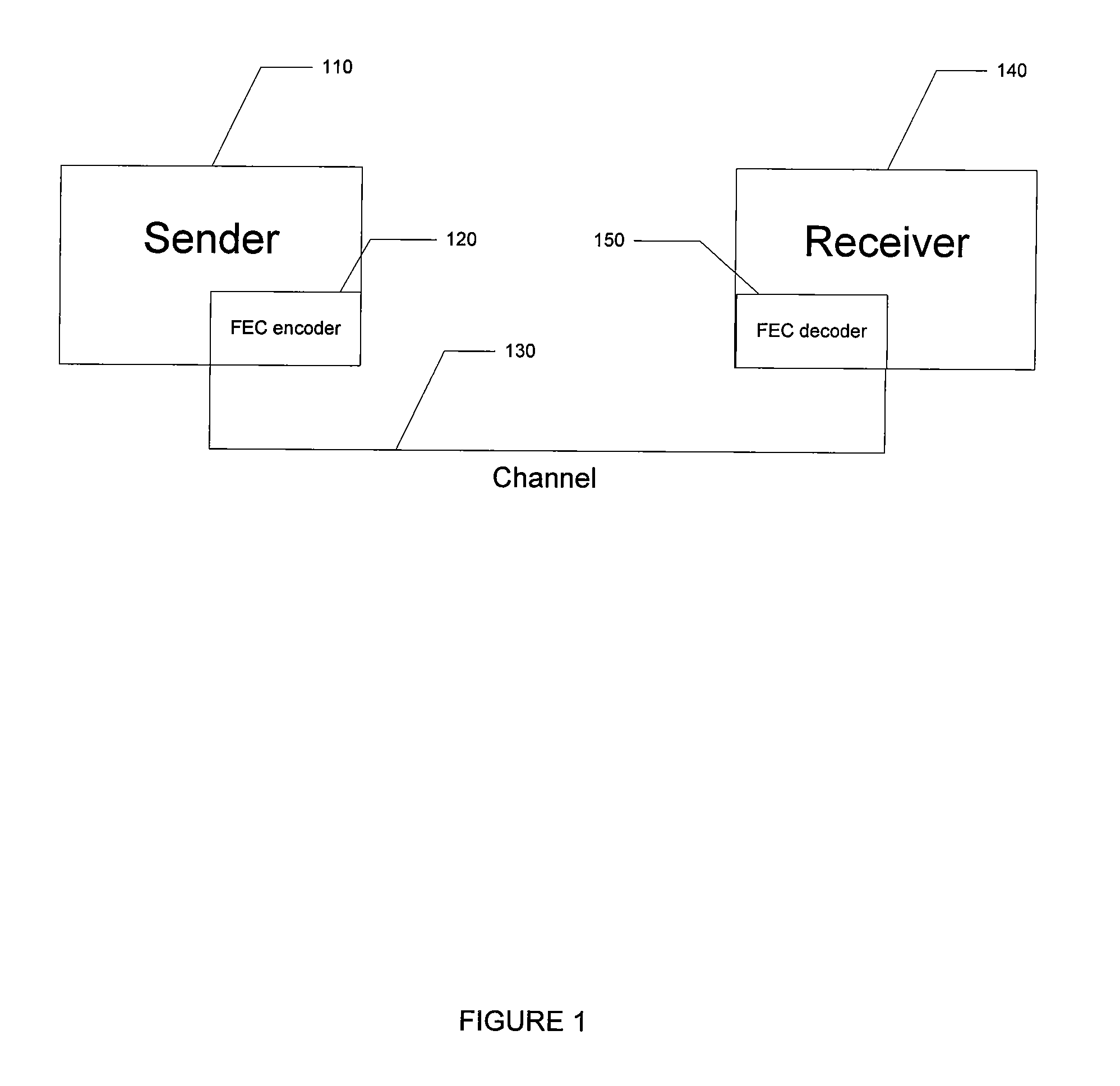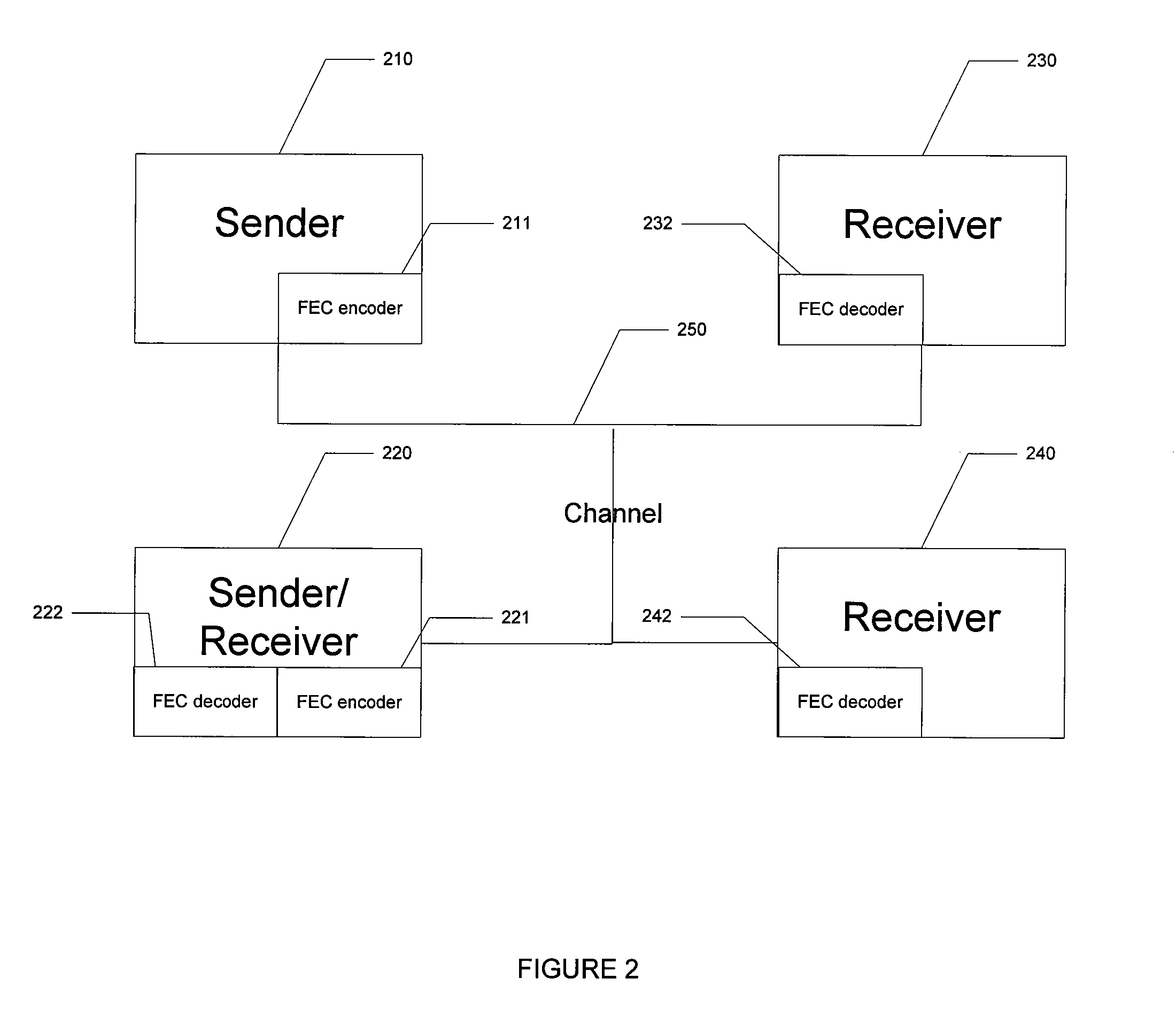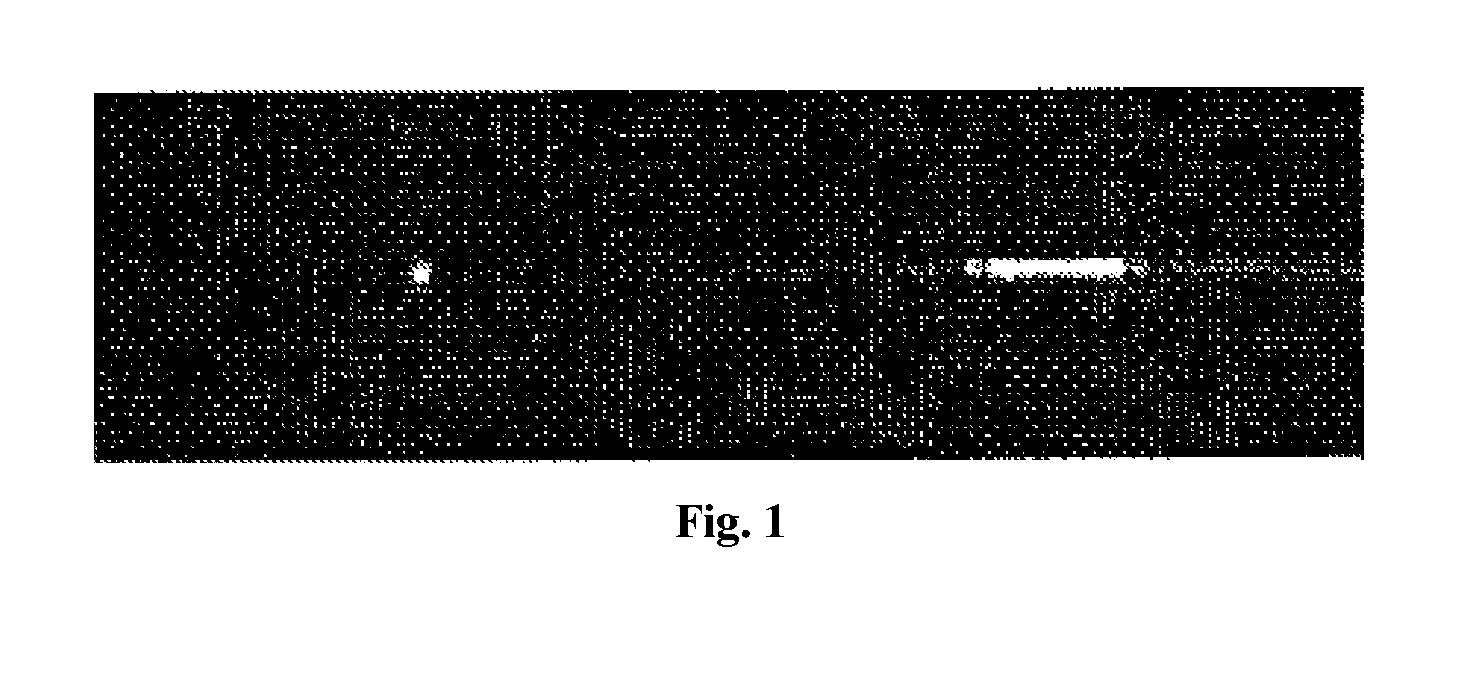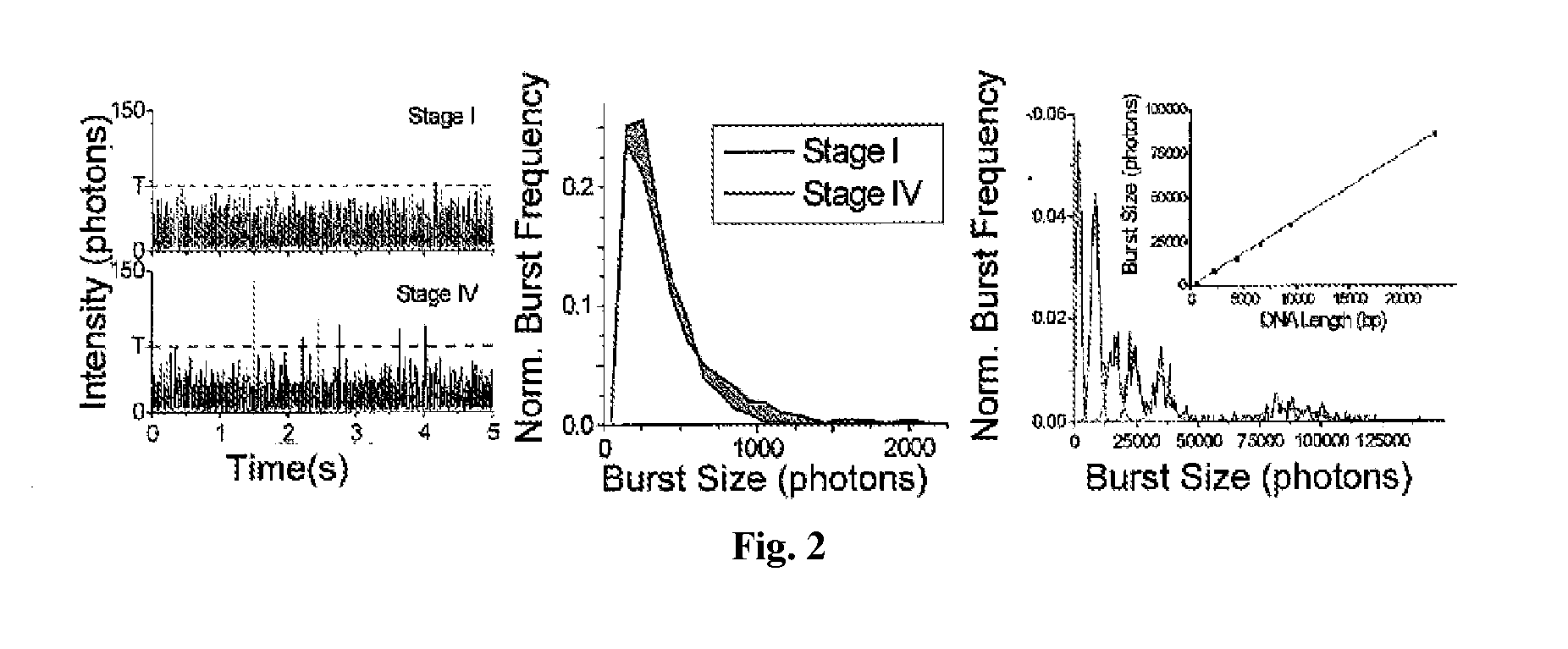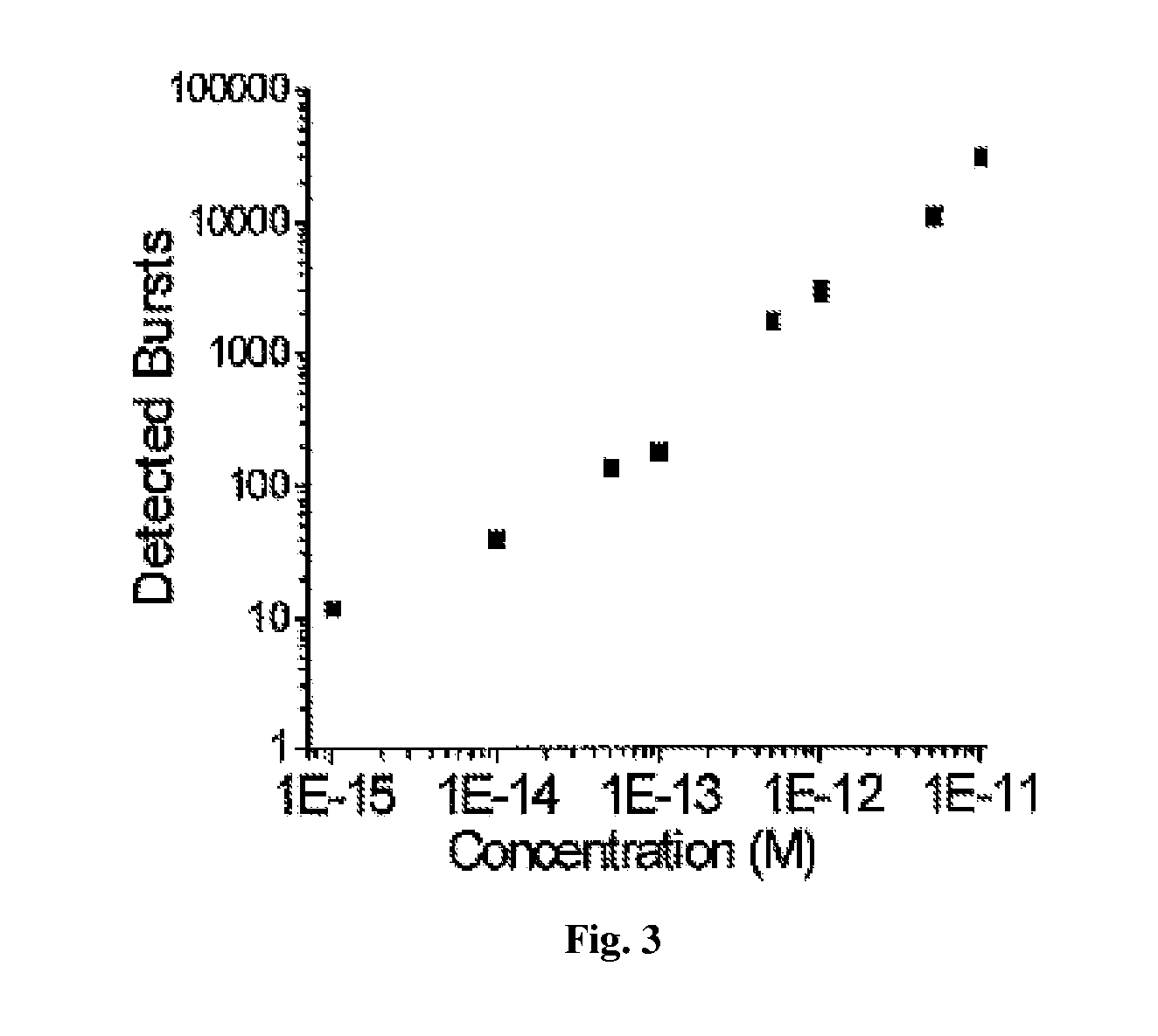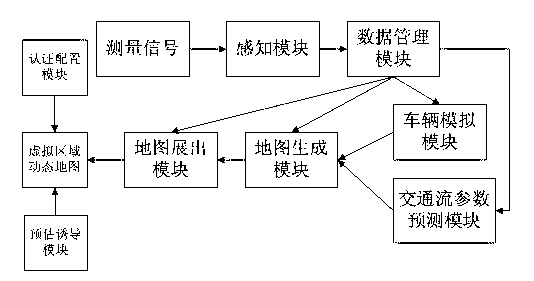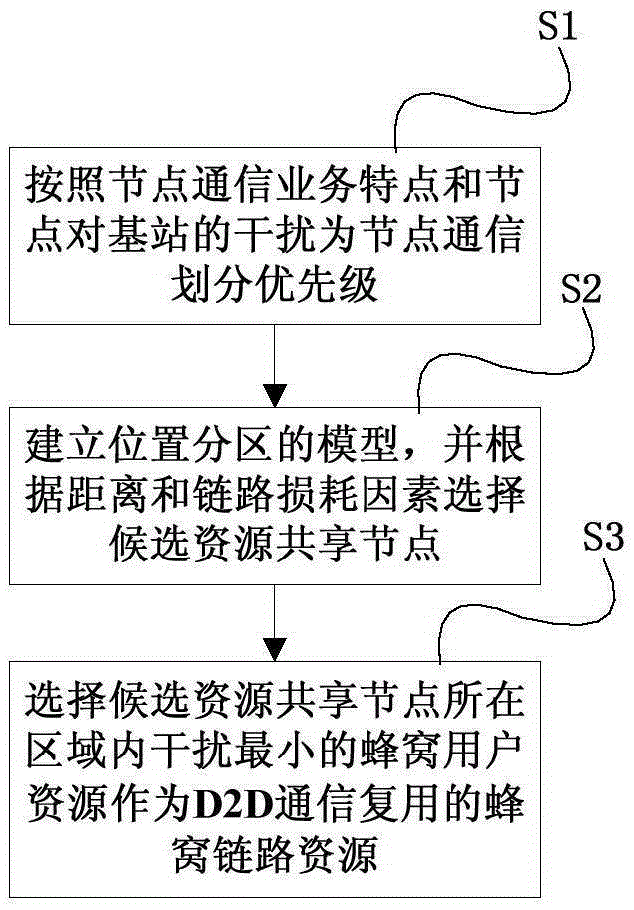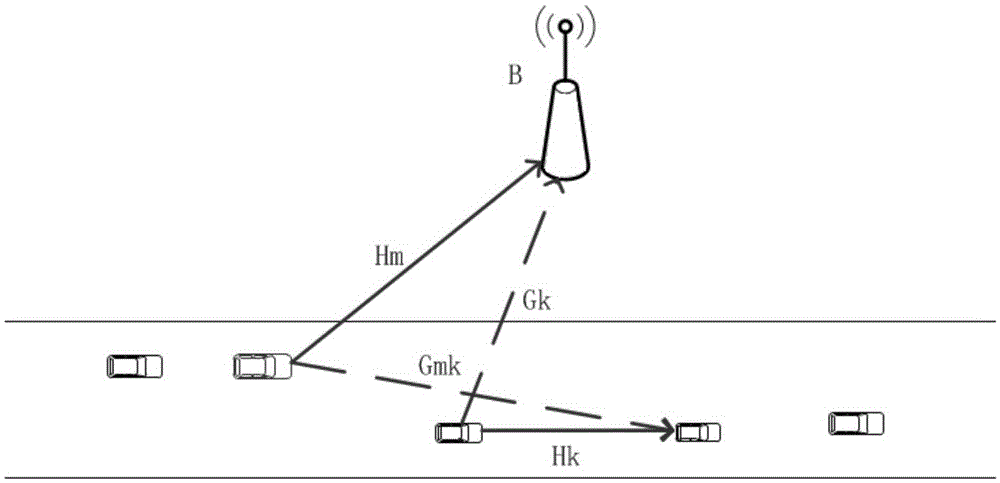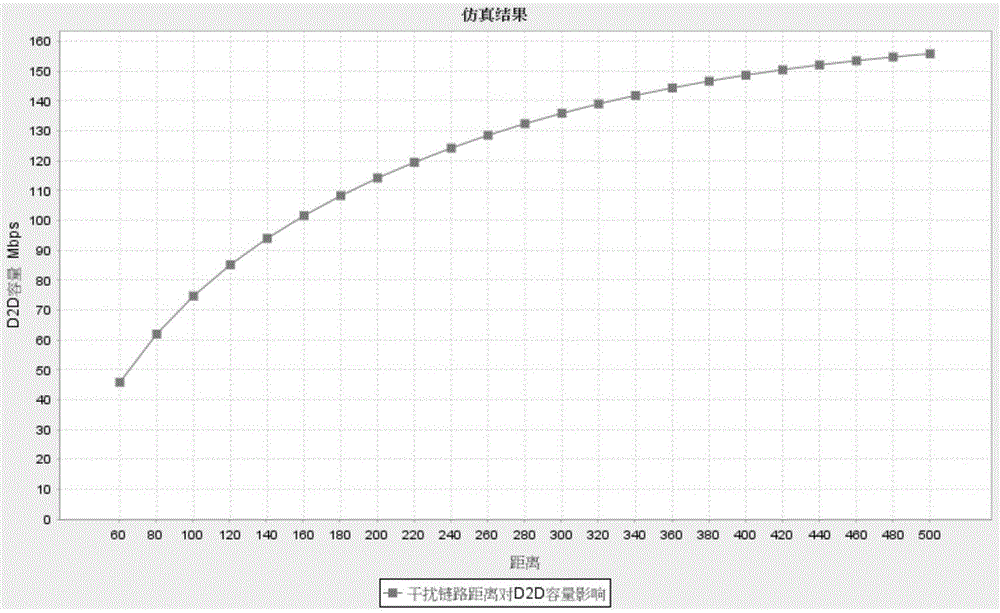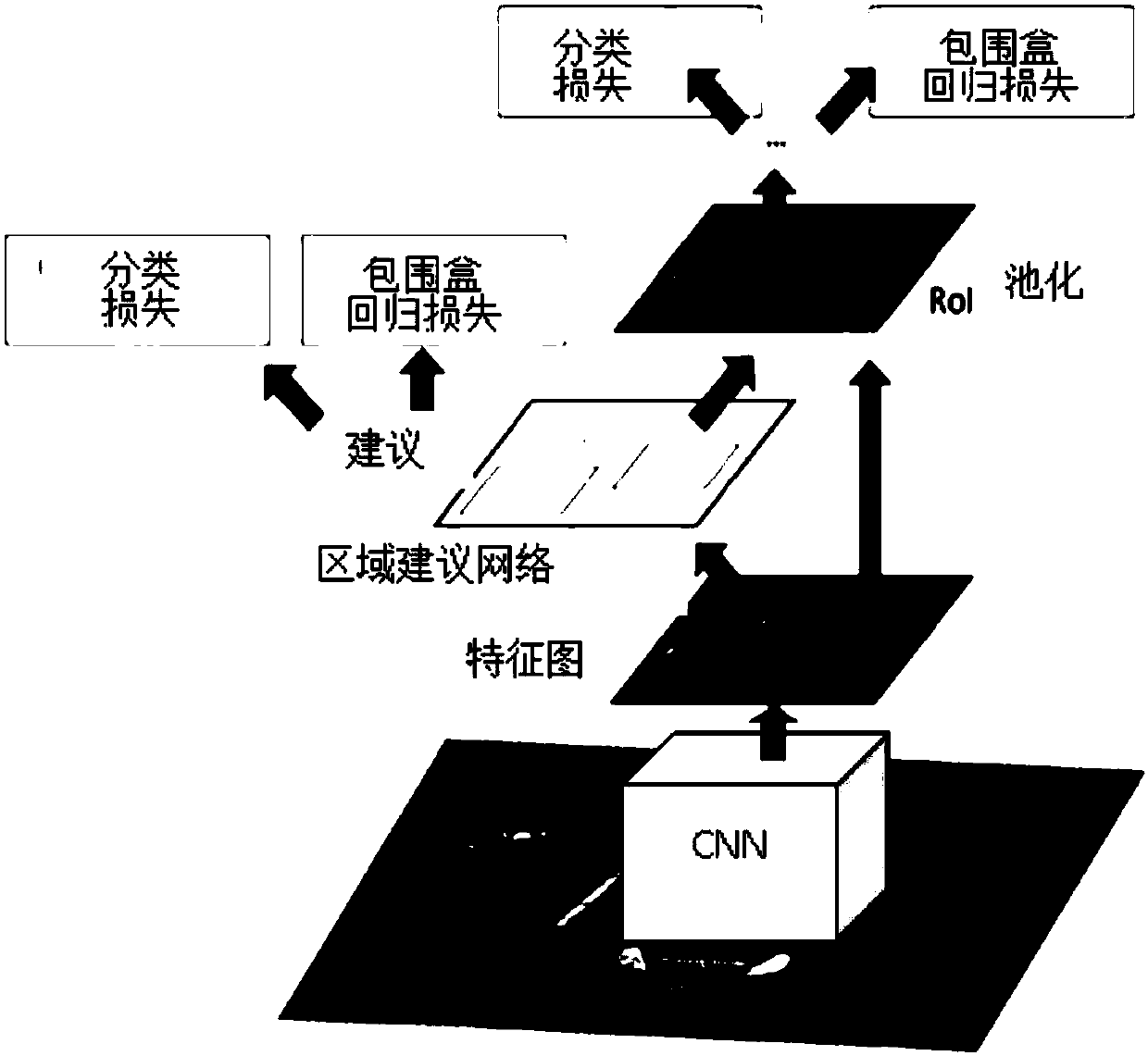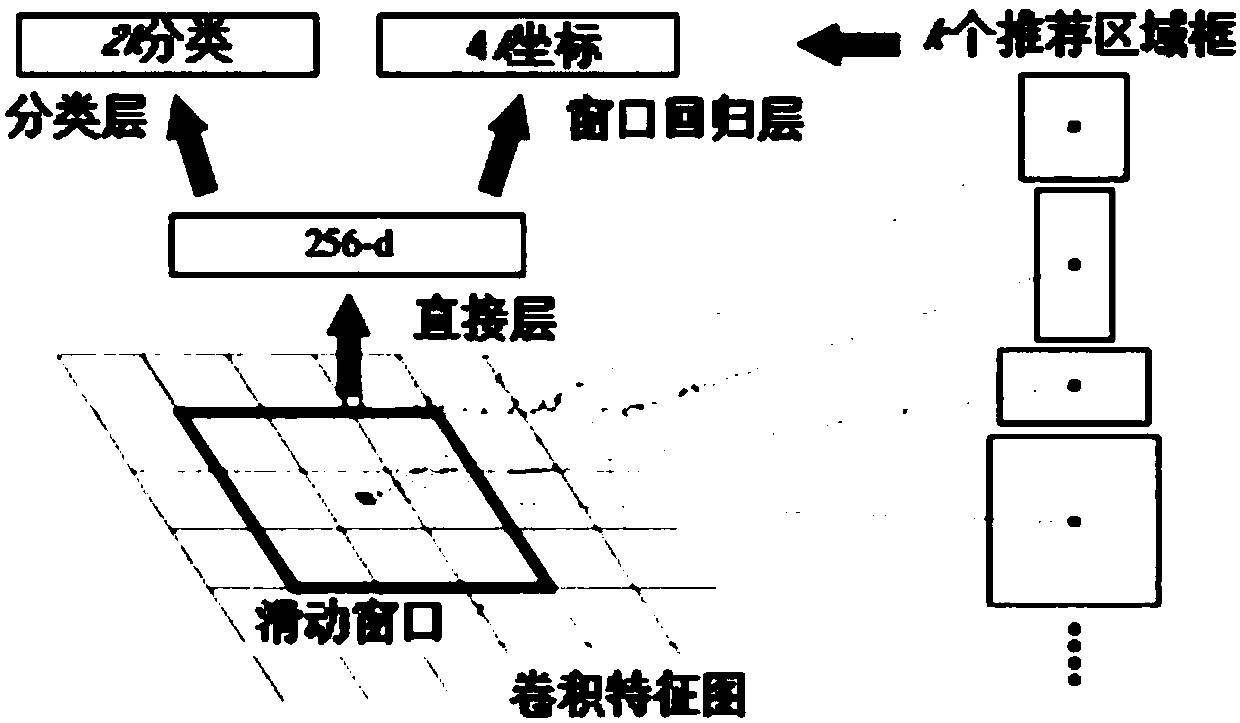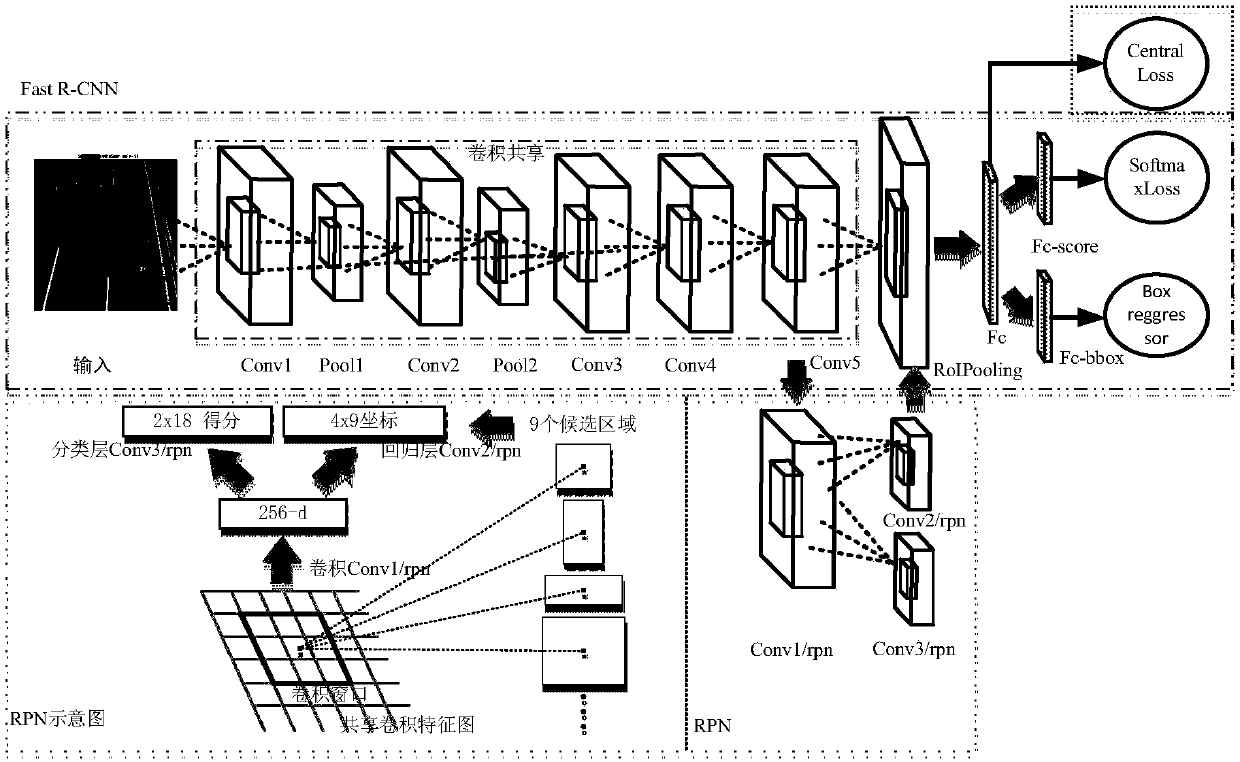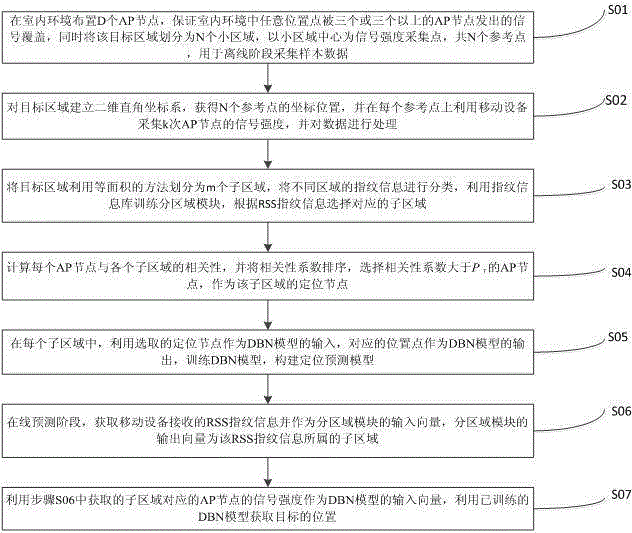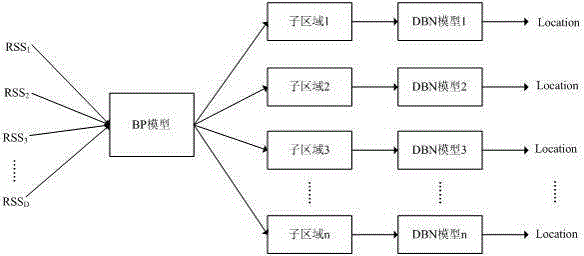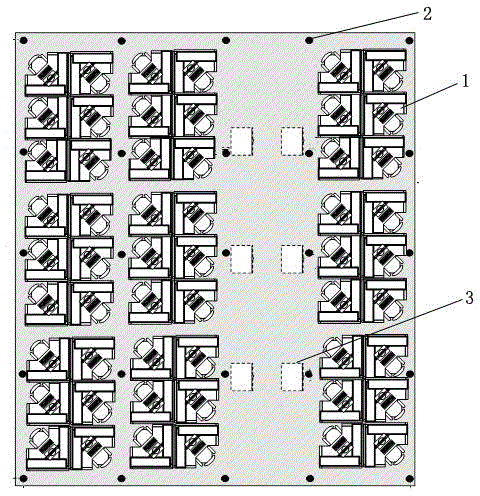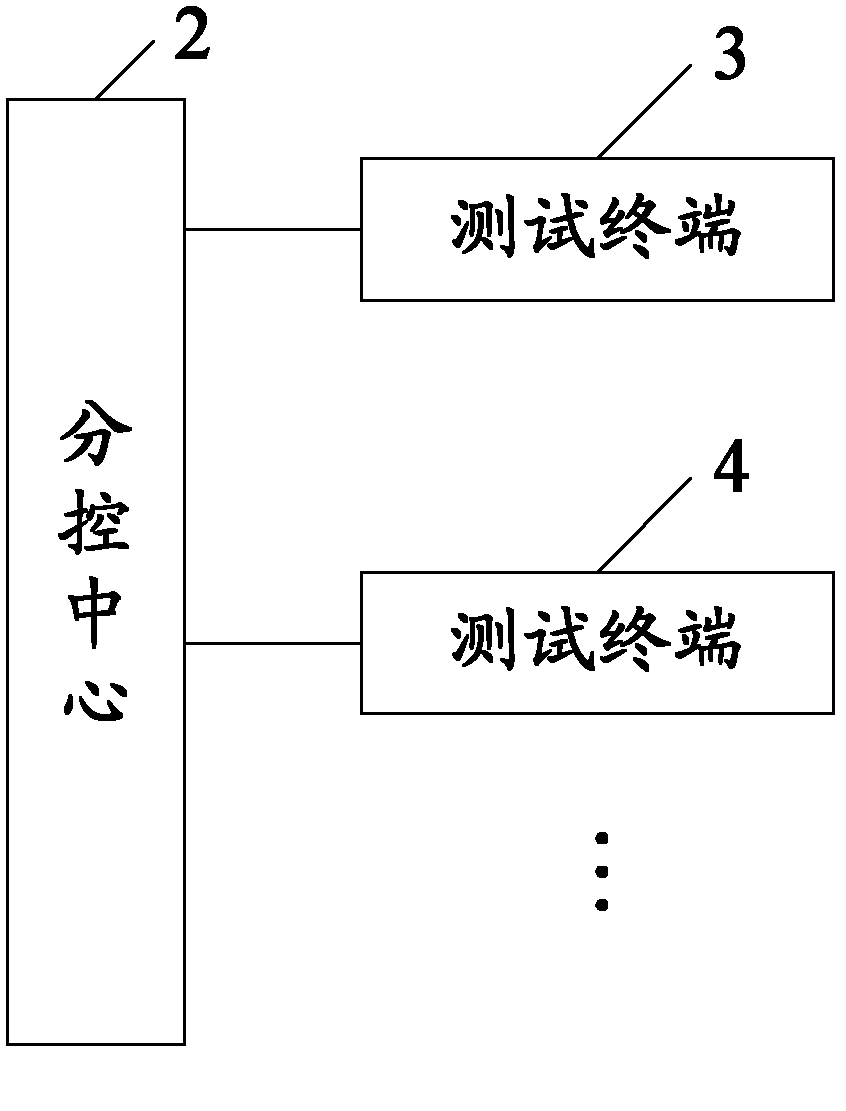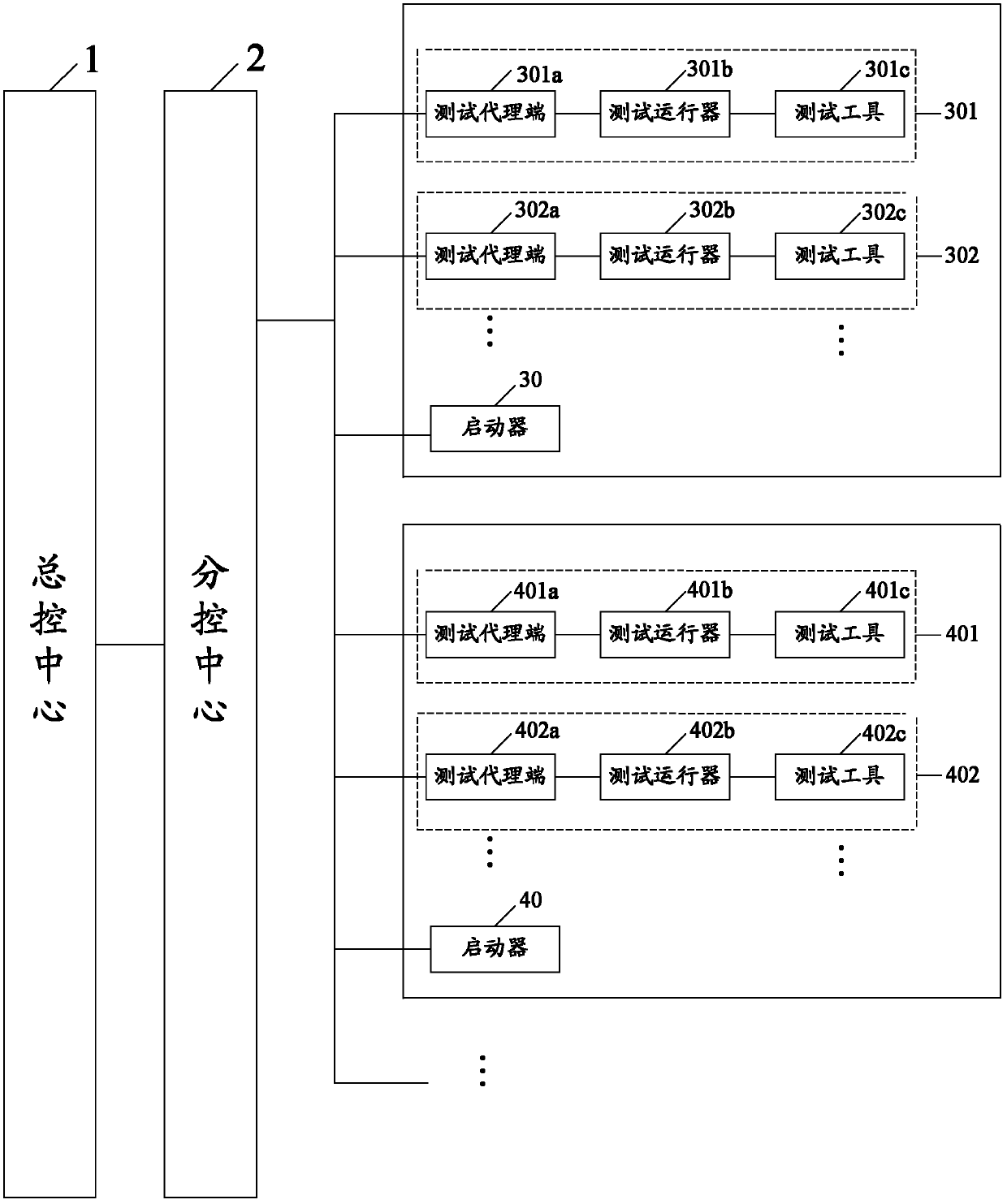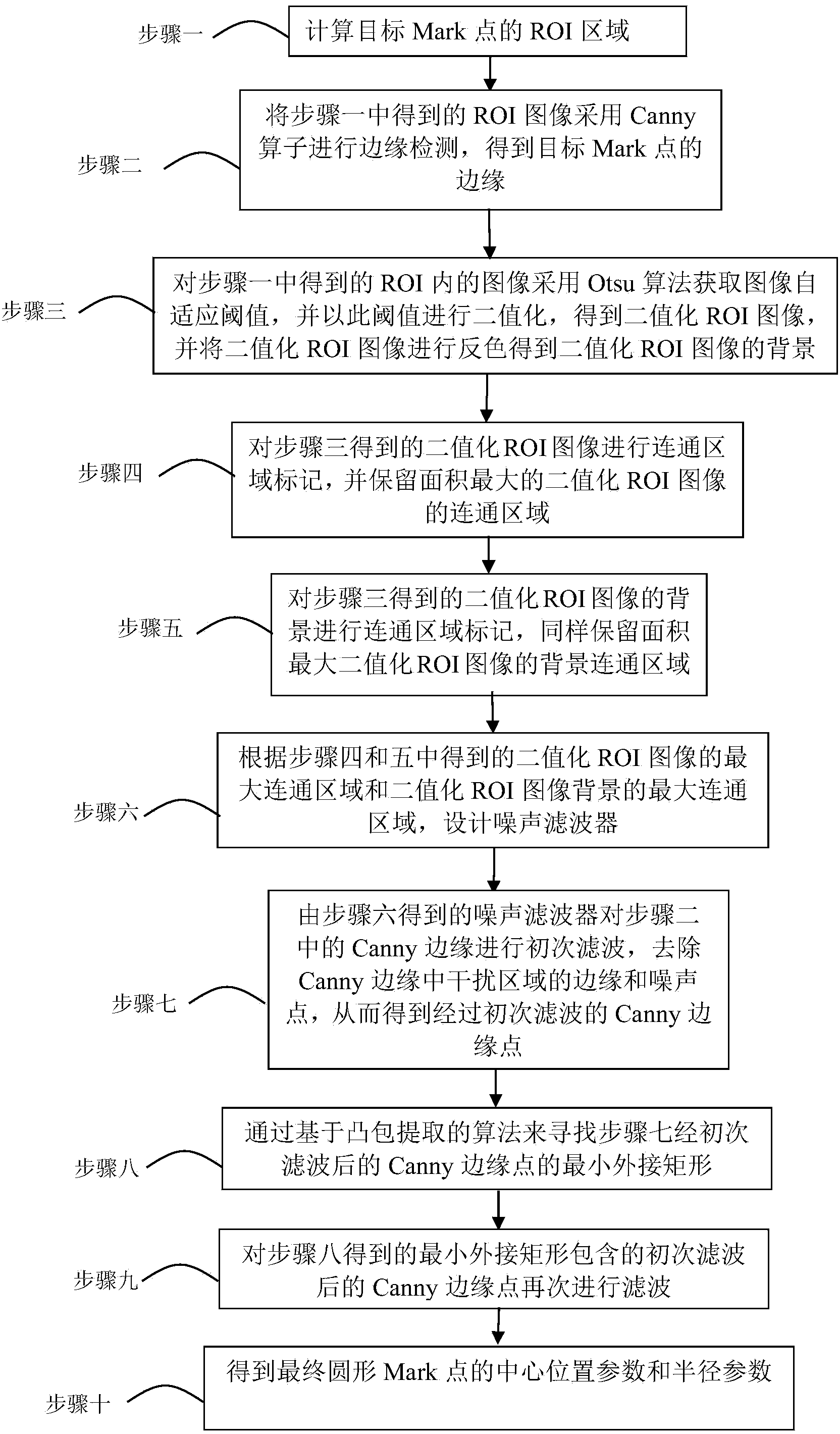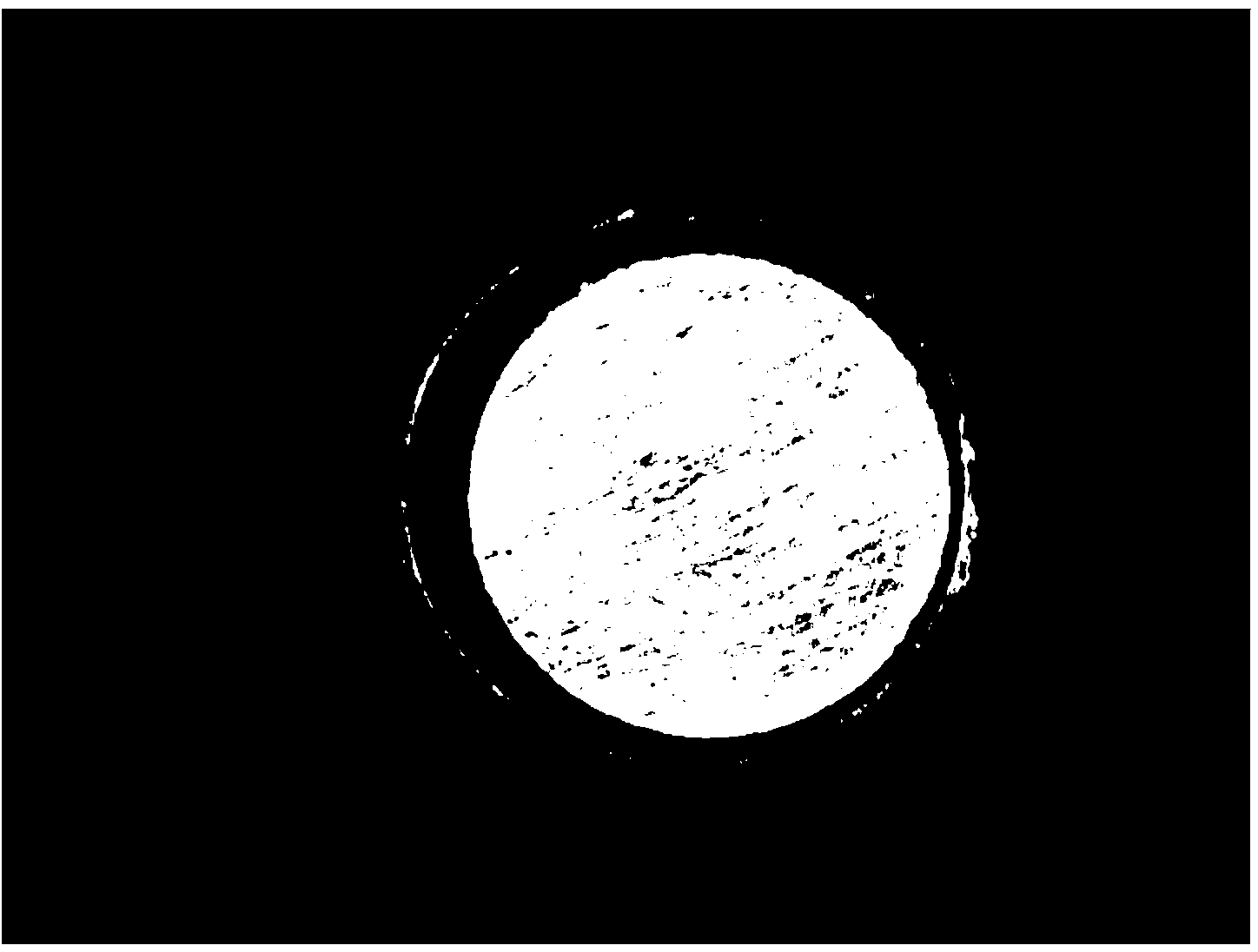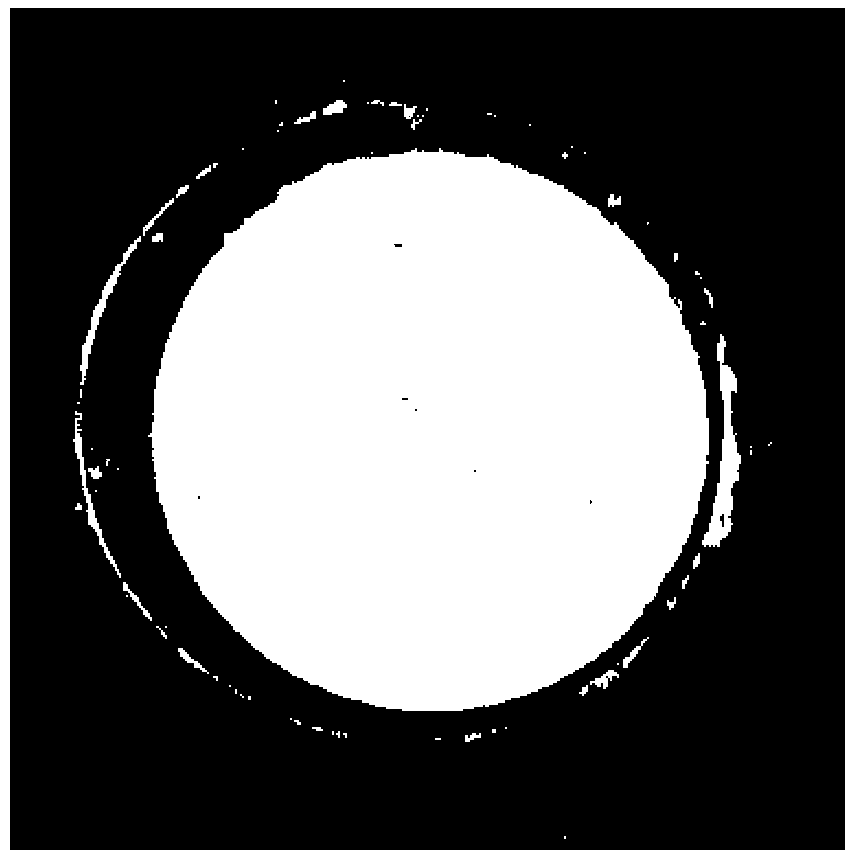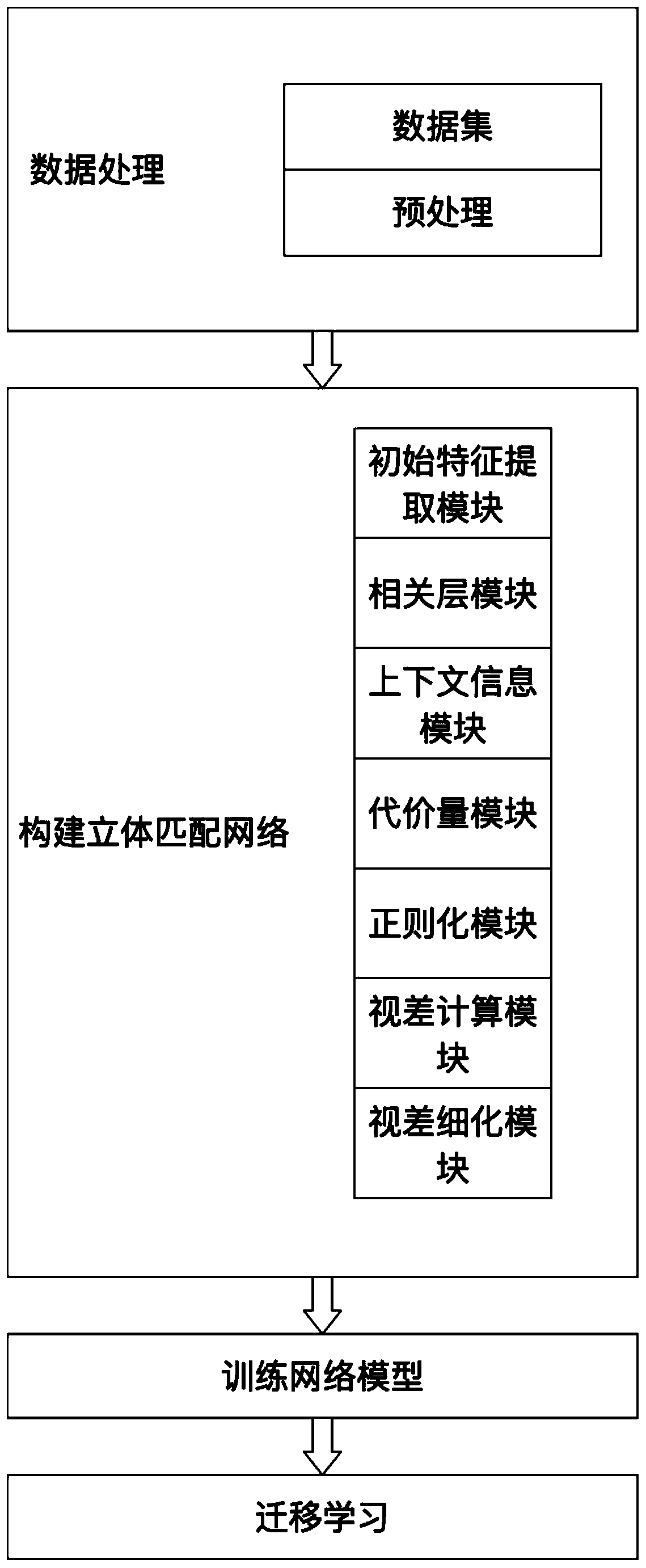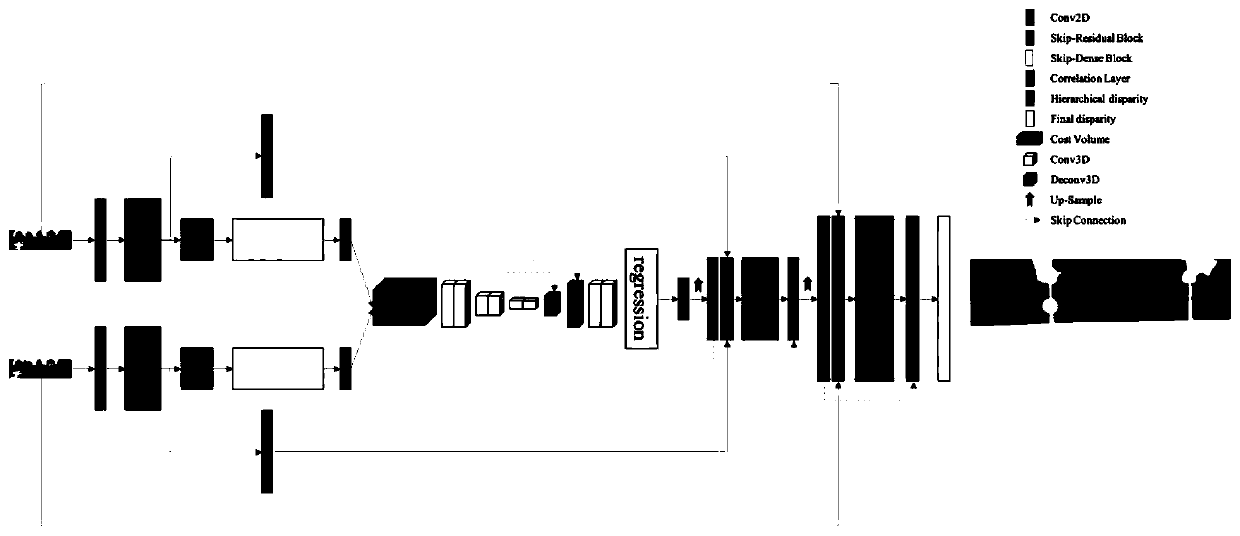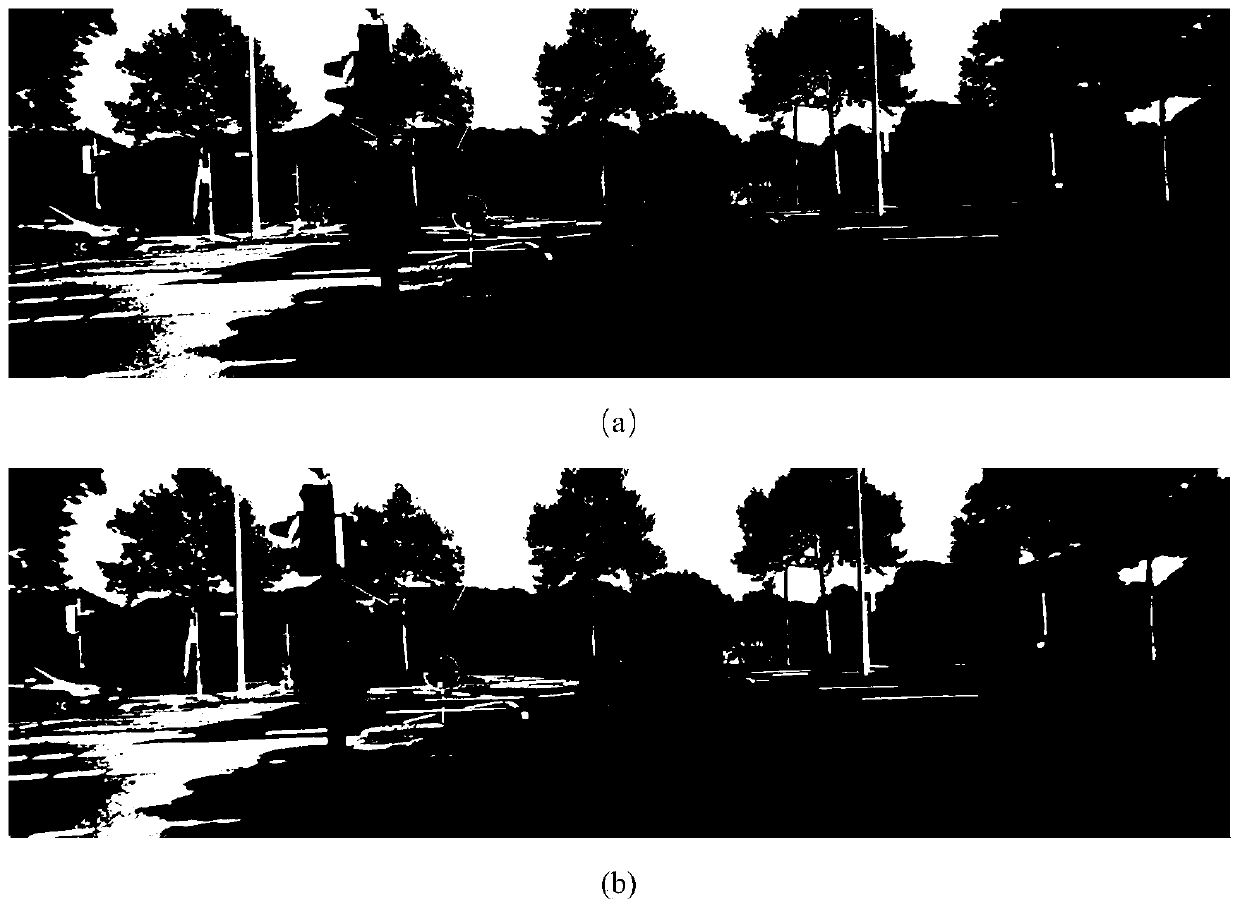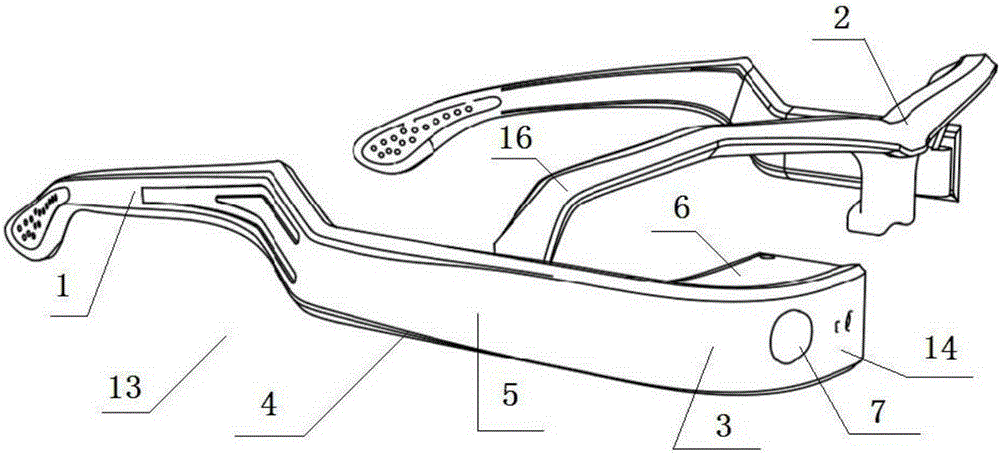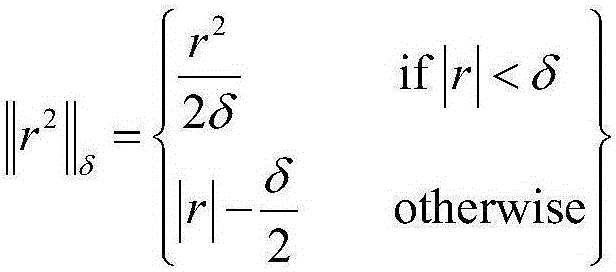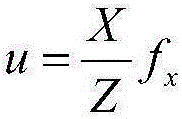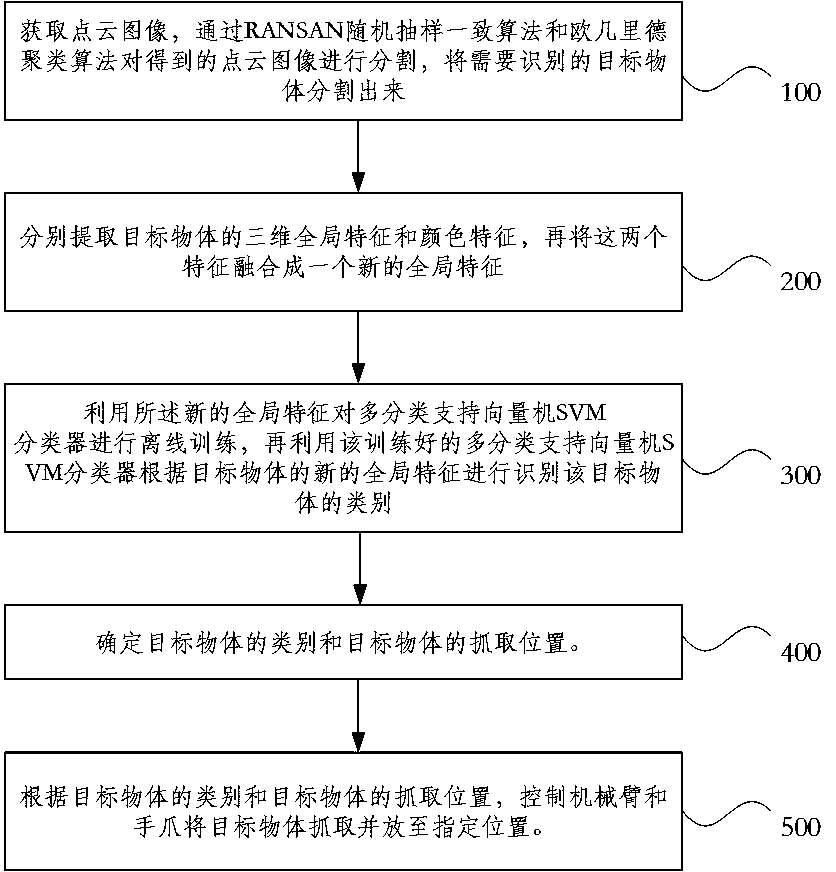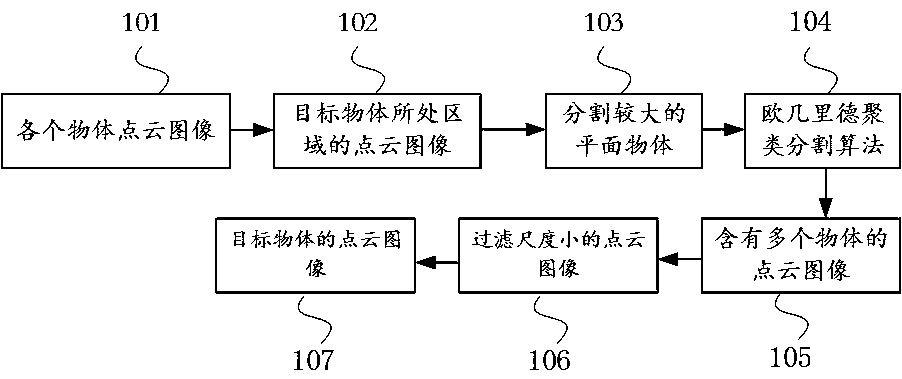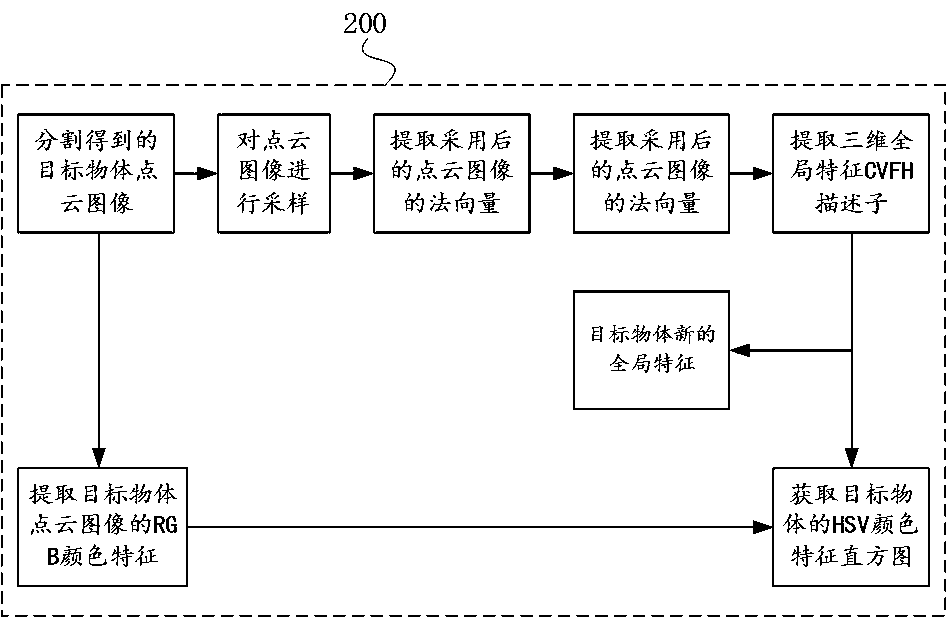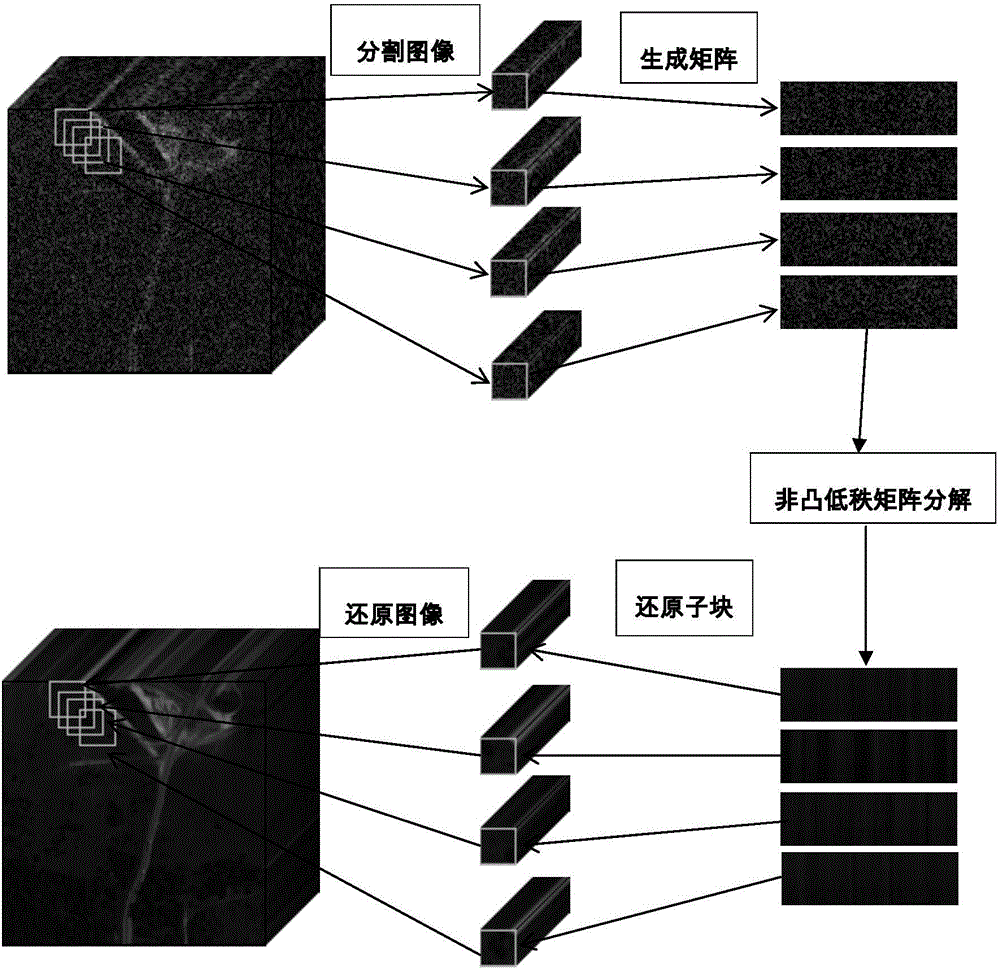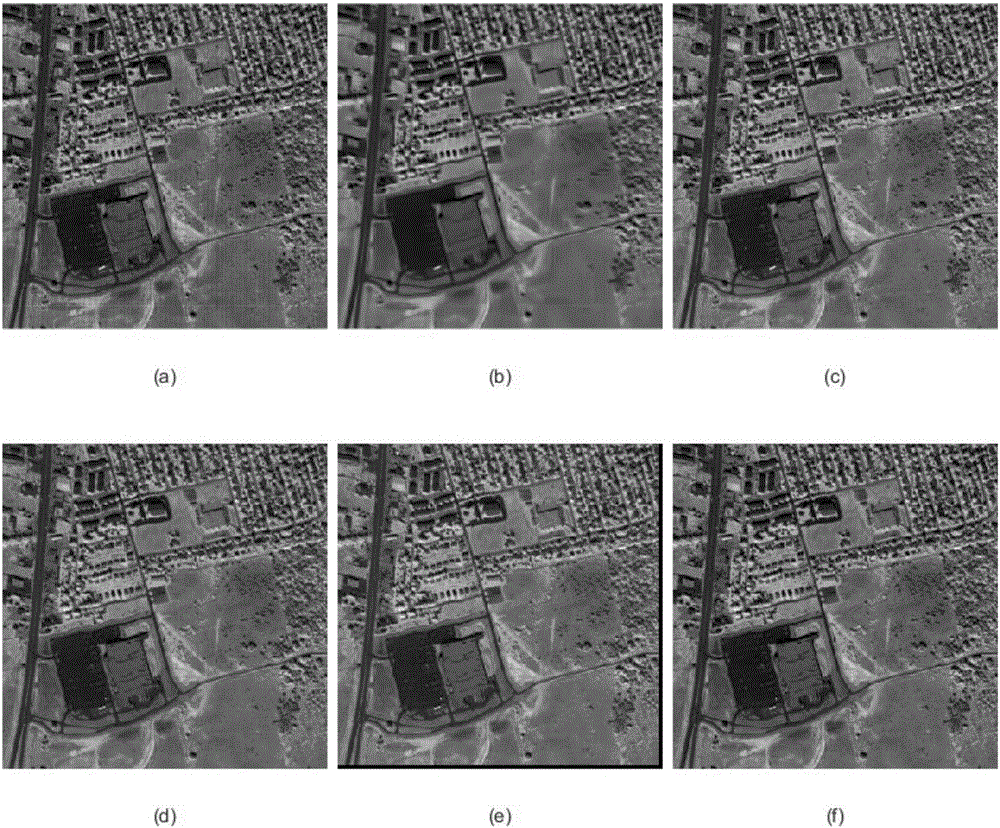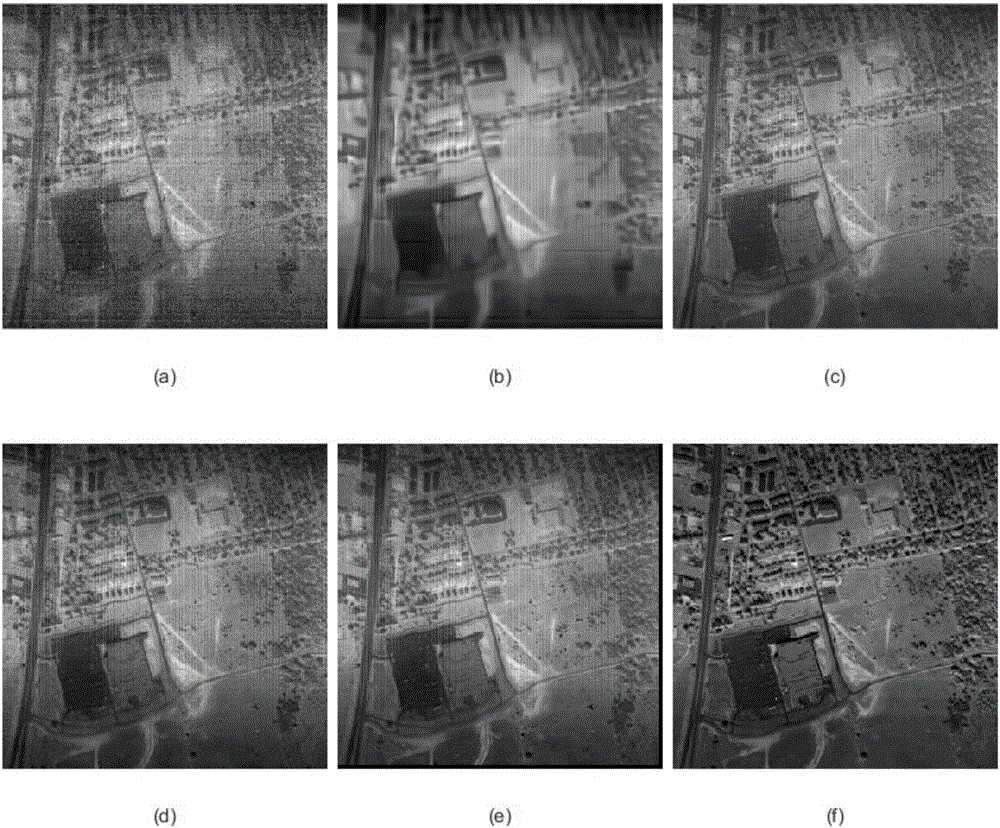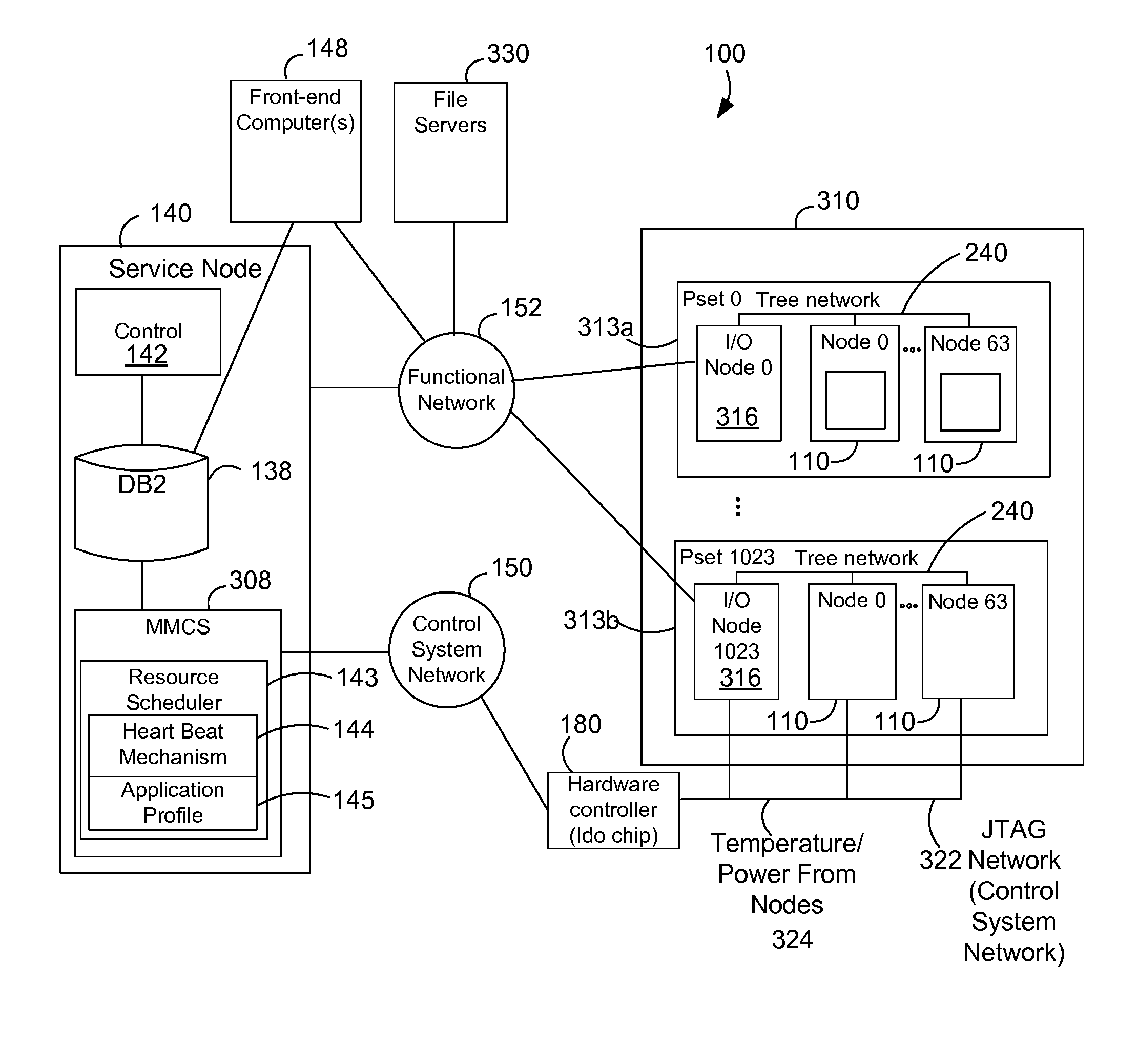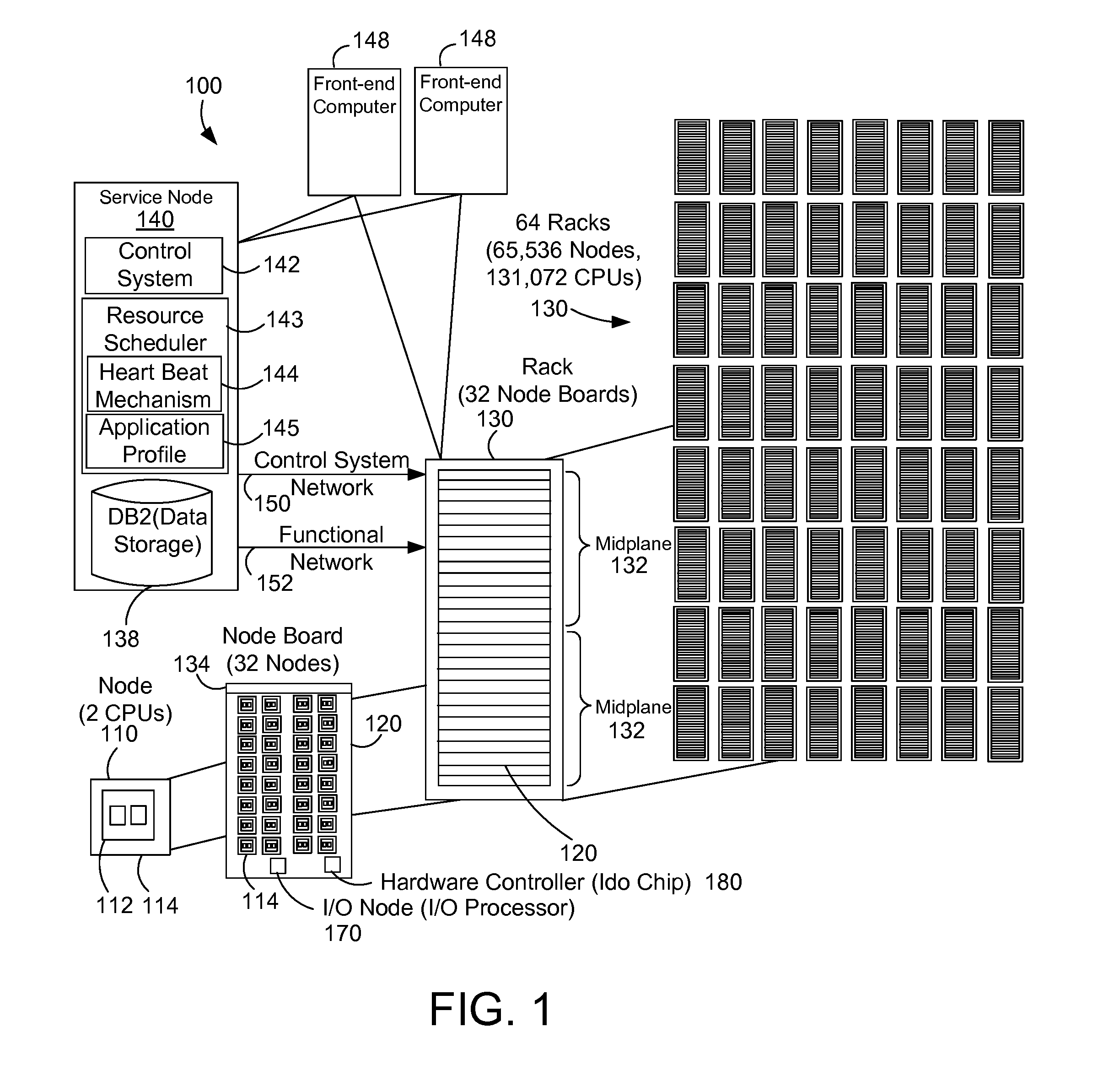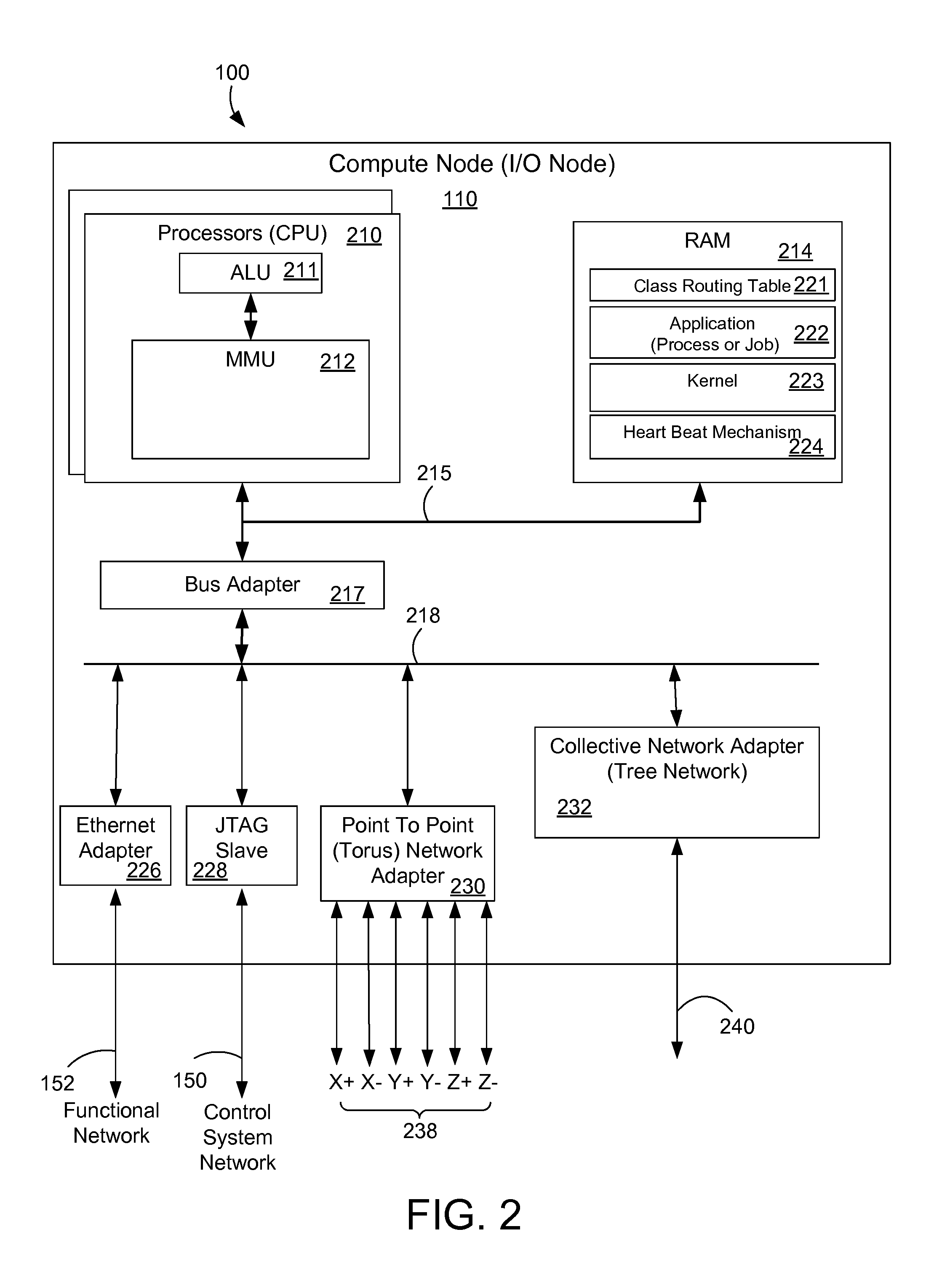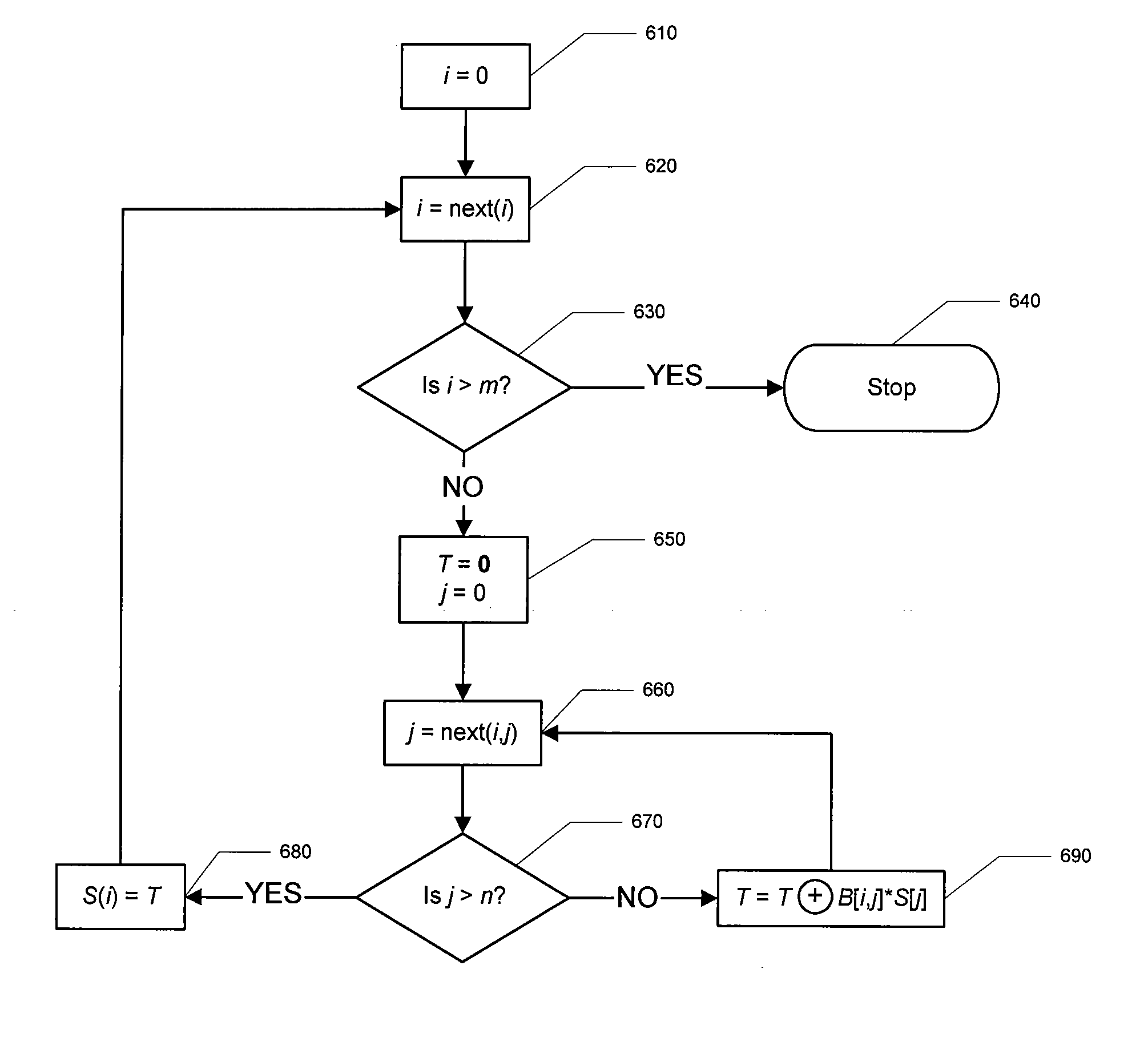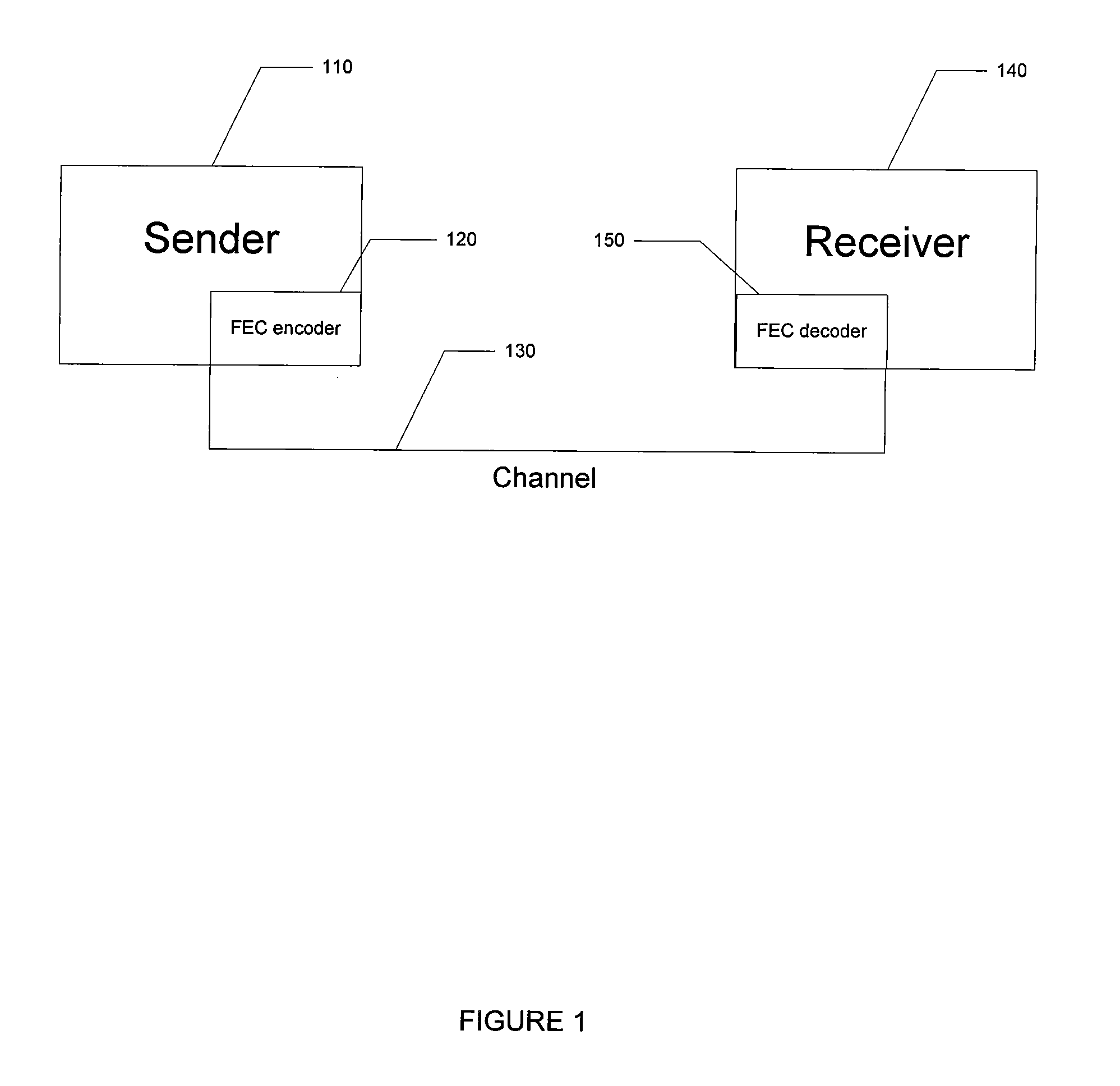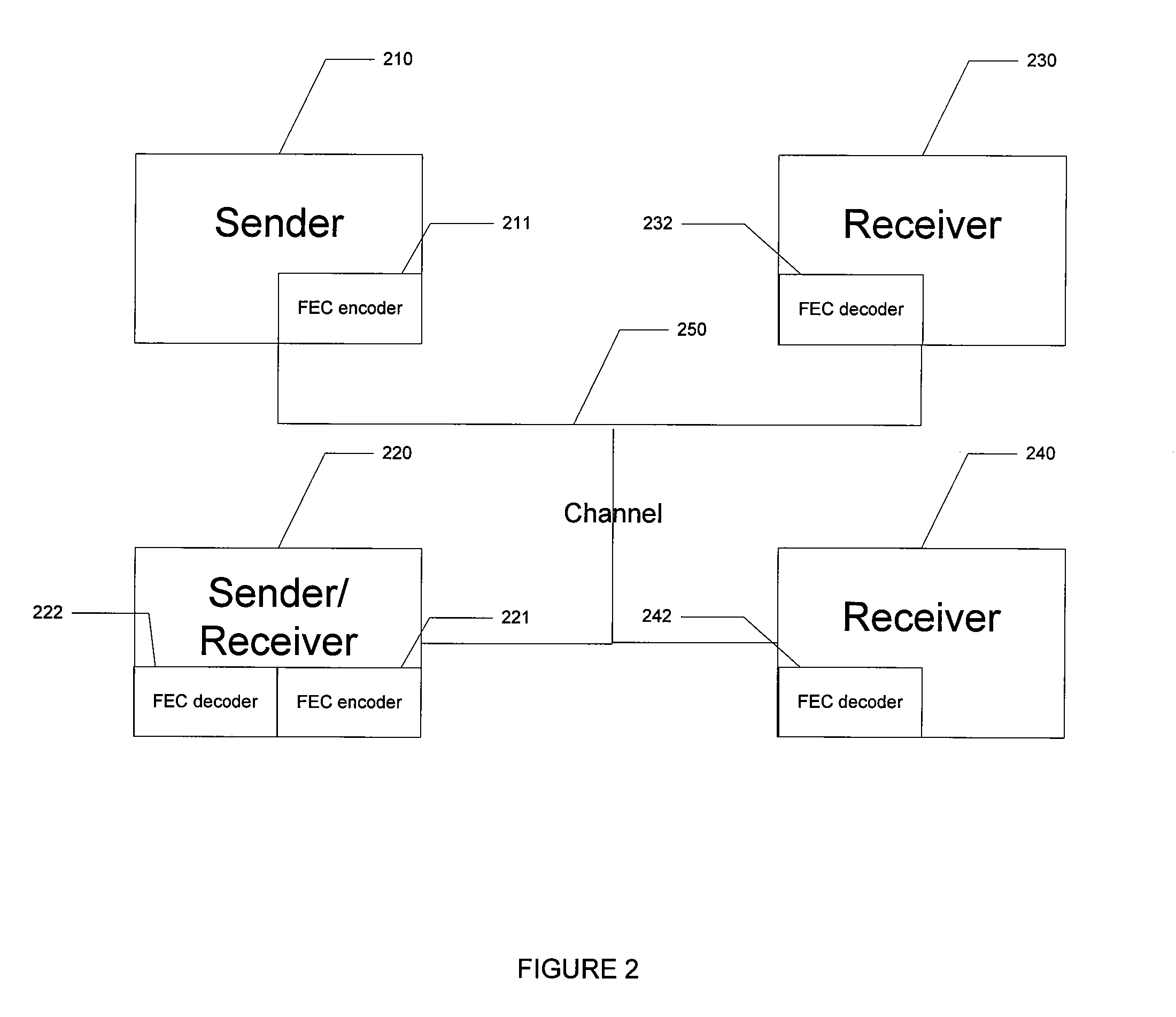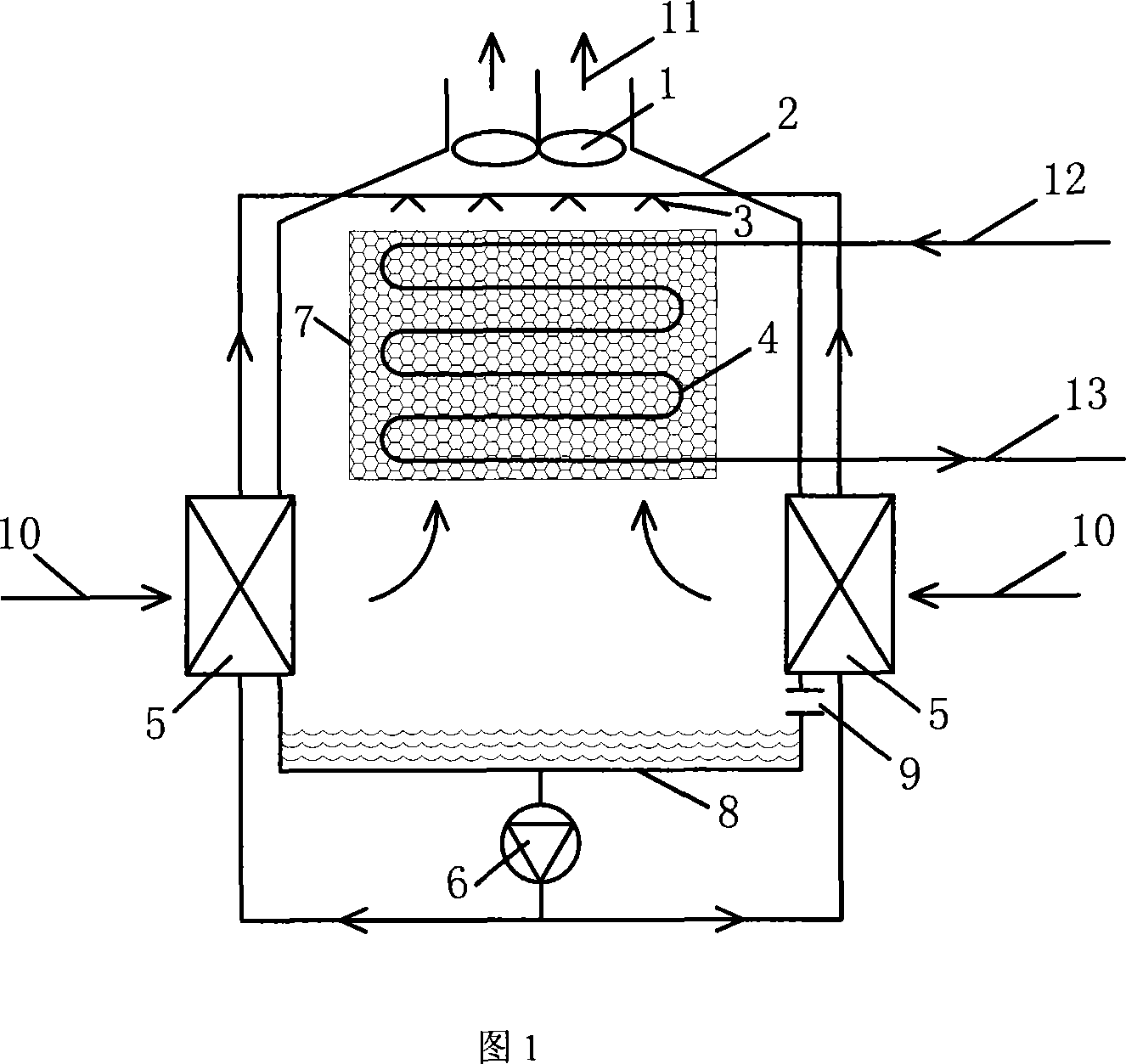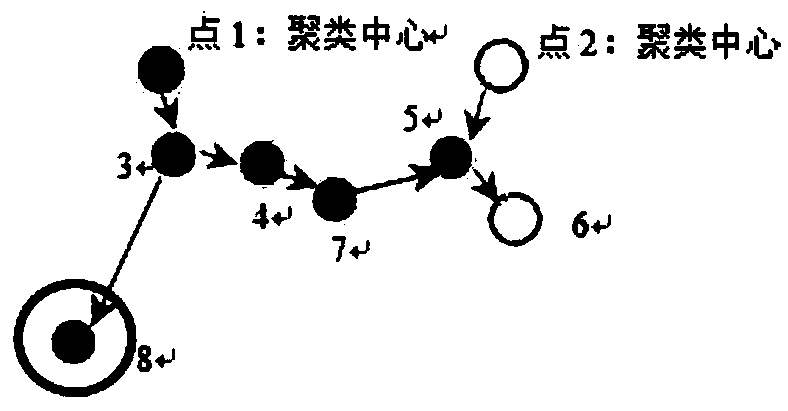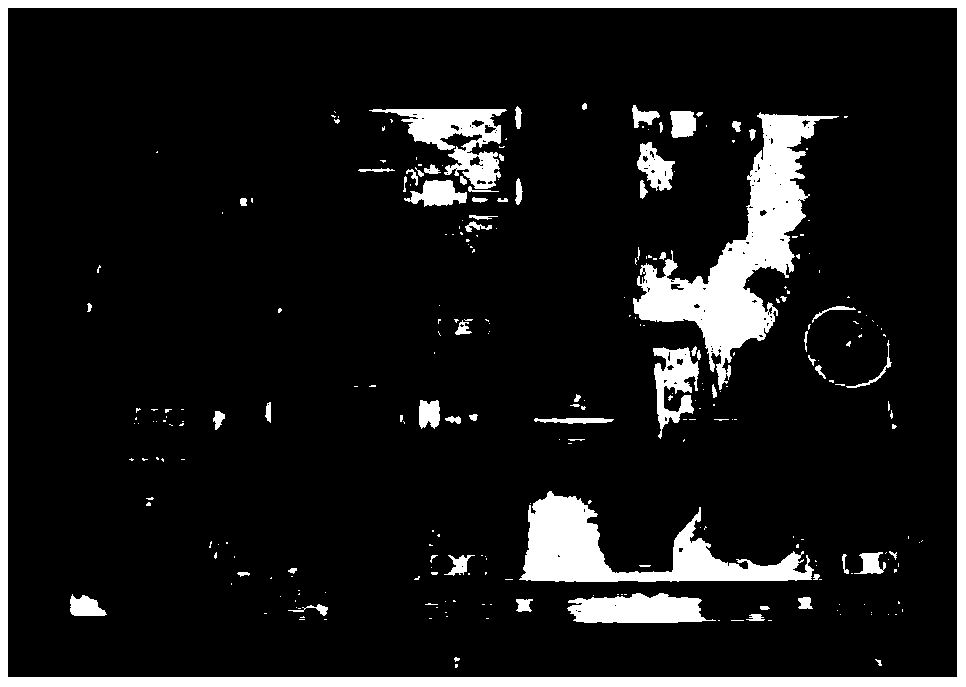Patents
Literature
2550results about How to "Reduce running time" patented technology
Efficacy Topic
Property
Owner
Technical Advancement
Application Domain
Technology Topic
Technology Field Word
Patent Country/Region
Patent Type
Patent Status
Application Year
Inventor
Use of primary and secondary indexes to facilitate aggregation of records of an OLAP data cube
InactiveUS7761407B1Improve execution speedReduce data storage capacityDigital data processing detailsMulti-dimensional databasesData setMulti dimensional data
Systems or apparatus, methods, data structures and / or computer programs are provided for implementing an OLAP system that has increased query execution speed, requires reduced data storage capacity for an OLAP system and / or facilitates scaling of an OLAP system to large data cubes. The OLAP system can advantageously be implemented as an all-main memory OLAP system.
Owner:MEDALLIA
Method, apparatus and system for designing an integrated circuit including generating at least one auxiliary pattern for cell-based optical proximity correction
InactiveUS7873929B2Reduce running timeSemiconductor/solid-state device detailsSolid-state devicesCell basedObject function
Method and apparatus for designing an integrated circuit. A new layout is generated for at least one standard cell that incorporates an auxiliary pattern on a gate layer to facilitate cell-based optical proximity correction. An original placement solution is modified for a plurality of standard cells to permit incorporation of cells containing auxiliary patterns while improving an objective function of a resulting placement solution for the plurality of standard cells.
Owner:RGT UNIV OF CALIFORNIA
Design-specific on chip variation de-rating factors for static timing analysis of integrated circuits
InactiveUS8336010B1Reduce running timeDesign specificationComputer aided designSoftware simulation/interpretation/emulationTime informationDying processes
In one embodiment of the invention, a method of analysis of a circuit design with respect to within-die process variation is disclosed to generate a design-specific on chip variation (DS-OCV) de-rating factor. The method includes executing a static timing analysis (STA) in an on-chip variation mode using a process corner library. Collecting timing information of the top N critical timing paths. Executing a statistical static timing analysis (SSTA) on the N critical timing paths using timing models characterized for SSTA with sensitivities of delays to process variables. Compare the two timing results and deriving DS-OCV de-rating factors for the clock / data paths to be used in a STA OCV timing analysis to correctly account for the effects of process variations. A user may select to specify DS-OCV de-rating factors for paths or groups of paths and achieve an accurate timing analysis report in a reduced amount of run-time.
Owner:CADENCE DESIGN SYST INC
Automatic image defogging method based on dark primary colour
The invention discloses an automatic image defogging method based on dark primary color, which is used for solving the problem of information loss because the traditional defogging method highlights details by improving foggy day image contrast. The method provided by the invention comprises: A. calculating the dark primary color of the primary fog images and relevant atmosphere light value; B. according to the luminance component image of the original fog image, calculating a transmission image reflecting local fog concentration in an atmospheric scattering model; and C. determining the defogged primary image according to the fog image, the transmission image and the atmosphere light value in the atmospheric scattering model. Because of being built on the basis of a physical model, the invention can process various fog images in a self-adaption mode; and defogged images have favorable edge details and ideal contrast, and the clarifying effect is superior to the traditional defogging method based on image enhancement.
Owner:CENT SOUTH UNIV
Influence learning in an environmentally managed system
ActiveUS20140337256A1Cost time be reducedReduce installation timeProgramme controlComputing modelsActuatorControl space
Systems and methods are described for updating an influence model used to manage physical conditions of an environmentally controlled space. A method comprises operating an environmental maintenance system in a first production mode with the influence model until an event causes the system to enter a second production mode. In the second production mode a first actuator's operation level is varied and operation levels of other actuators are optimized. The influence model is adjusted based on the operation levels.
Owner:VIGILENT CORP
Intelligent prescription auditing system and method
InactiveCN105224794ARegulate Prescribing BehaviorNormative behaviorSpecial data processing applicationsDrug interactionControl system
The invention provides an intelligent prescription auditing system and an intelligent prescription auditing method. The system is provided with an input module, various databases, a prescription auditing module, a dispensing explaining module, and an output module. The method is implemented as follows: a doctor refines a prescription through the input module and then sends the prescription to the prescription auditing module; after receiving the prescription, the pharmacist reviews writing rules, indications, dosage, incompatibility and drug interactions of the prescription according to various databases; the doctor returns checking comments of the disqualified prescription to the prescription input module so as to modify or re-issue the prescription or give suggestions, and sends the qualified prescription to the dispensing explaining module; after receiving the prescription, an allocation doctor allocates medicines; after receiving the prescription, a dispensing doctor generates prescription information, a medication explaining matter and the like of dispensing explaining, which are printed by the output module and then explained to a patient. The invention provides a medicine dispensing control system and a medicine dispensing control method which are capable of effectively avoiding great prescription, irregular prescription, unsuitable medication for the prescription and unconventional prescription.
Owner:石庆平
Deep convolutional neural network-based abnormal crowd behavior visual detection and analysis early warning system
InactiveCN107729799AReduce running timeNo limitationsTelevision system detailsImage enhancementHuman bodyEarly warning system
The invention discloses a deep convolutional neural network-based abnormal crowd behavior visual detection and analysis early warning system. The system comprises a camera mounted at a monitoring target facility, a security prevention cloud server and an abnormal crowd behavior visual detection and analysis early warning system. In the system, various human body objects in the target facility areextracted through a deep convolutional neural network technology; then motion states of human bodies are calculated, identified and judged by using an optical flow method; different states of the human body objects are subjected to clustering and crowd modeling; further crowd objects are subjected to density calculation and danger index calculation; and finally according to different combinationsof crowd density, motion vector values and duration quantitative index data, various abnormal crowd behaviors are identified and judged, and according to the states of the abnormal crowd behaviors, corresponding crowd gathering management control policies are enabled. The deep convolutional neural network-based abnormal crowd behavior visual detection and analysis early warning system provided bythe invention is unlimited in scale, relatively high in precision and relatively good in robustness, and is based on a deep convolutional neural network.
Owner:ENJOYOR COMPANY LIMITED
Dynamic distribution of test execution
ActiveUS7334162B1Less timeReduce running timeDetecting faulty hardware by remote testSpecific program execution arrangementsUnique identifierTest execution
Computing devices are tested by providing a suite of test programs on a server for execution by a plurality of identical computing devices that are coupled to the server. A respective unique identifier is assigned to each of the plurality of the computing devices, for use in communicating with the server. The test programs are downloaded from the server for execution by the computing devices coupled thereto, so that at different computing devices execute different test programs substantially simultaneously. The server receives messages from the computing devices with respect to execution of the test programs, each of the messages containing the respective unique identifier, and controls the execution of the test programs in the suite based on the messages. The server dynamically distributes the test programs to a changing population of the computing devices, optimizing the distribution so as to minimize the time to complete the suite.
Owner:ORACLE INT CORP
Resource scheduling method under Hadoop-based multi-job environment
ActiveCN104915407AEfficient use ofPromote efficient concurrencyProgram initiation/switchingDatabase distribution/replicationYarnGranularity
The invention discloses a resource scheduling method under a Hadoop-based multi-job environment, which includes: (1) collecting the three-party monitoring information of cluster loads, a Hadoop platform and hardware in real time; (2) collecting the job execution monitoring information of a user on each computing node of a cluster in real time; (3) gathering the three-party monitoring data of the cluster, modeling to evaluate the computing capabilities of the nodes, and dividing the nodes of the cluster into superior computing nodes and inferior computing nodes; (4) if the nodes are the superior computing nodes, then starting a job task resource demand allocation policy based on similarity evaluation; (5) if the nodes are the inferior computing nodes, then returning to a default resource demand allocation policy of the Yarn. The resource scheduling method under the Hadoop-based multi-job environment solves the problem of resource fragments caused by oversize job resource demand division granularity in conventional resource schedulers of the Yarn, can comprehensively take the heterogeneity of cluster nodes and jobs into consideration, and increases the execution concurrency of the cluster by reasonably and effectively allocating the node resources, thus increasing the execution efficiency of the multiple jobs of the Hadoop cluster.
Owner:HUAZHONG UNIV OF SCI & TECH
Method and apparatus for a product dispenser with increased insulative properties
InactiveUS20090032541A1Improve insulation performanceImprove thermal efficiencyLighting and heating apparatusLiquid flow controllersProduction lineFoaming agent
Vacuum insulation panels with a decreased thermal conductivity provide increased thermal effectiveness in a vessel of a product dispenser, when the vessel is substantially encapsulated with the vacuum insulation panels. The product dispenser including insulation having a reduced thermal conductivity provides the ability to convert existing manufacturer product lines from designs requiring foams with hydroflorocarbon blowing agents to foams that utilize non-hydroflorocarbon blowing agents. The vacuum insulation panels may be placed adjacent to the vessel walls, or may be adhered to the vessel walls. In an extension of this embodiment, multiple layers of vacuum insulation panels may be applied to the vessel to further increase the thermal effectiveness of the vessel. Still further, the layers of the vacuum insulation panels may be covered with an as-formed foam insulation, thereby creating a composite thermal barrier.
Owner:LANCER PARTNERSHIP
Electrostatic electron spectrometry apparatus
ActiveUS8013298B2Improved energy resolutionHigh simulationMaterial analysis using wave/particle radiationPhotoelectric discharge tubesSpectrometerElectron
An apparatus for spectrometry that includes a spectrometer configured for second order focusing and capable of 2π azimuthal collection.
Owner:NAT UNIV OF SINGAPORE
Six-camera around looking-based cylindrical panoramic generation device and method
InactiveCN105488775AReduce running timeImprove real-time performanceImage enhancementImage analysisDistortion correctionVideo camera
The invention provides a six-camera around looking-based cylindrical panoramic generation device and method. The device comprises a regular hexagonal prism enclosure; six cameras are horizontally and outwardly arranged at the centers of the six side surfaces of the regular hexagonal prism; and the six cameras are focus-fixed fisheye cameras with 90-degree horizontal view angles. The method comprises the following steps: capturing images of the six cameras simultaneously; carrying out distortion correction on the six images by using a reverse division model; carrying out cylindrical projection on the six corrected images; carrying out feature detection and matching on the adjacent images with superposed areas by using an SIFT feature point detection algorithm; calculating the image translation splicing parameters and determining the sizes of the superposed areas through the optimum matching point; carrying out image splicing and fusion simultaneously; and carrying out smooth transition on the public area by using a slow-in slow-out fusion method so as to finally obtain the naturally transitioned cylindrical panoramic images. According to the device and method, the natural panoramic images of 360-degree view can be efficiently generated, so that the device and method are suitable for panoramic monitoring.
Owner:NORTHEASTERN UNIV
Electrostatic electron spectrometry apparatus
ActiveUS20100127168A1Improved energy resolutionShortening of trajectory run timeMaterial analysis using wave/particle radiationPhotoelectric discharge tubesFtir spectraSpectrometer
An apparatus for spectrometry that includes a spectrometer configured for second order focusing and capable of 2π azimuthal collection.
Owner:NAT UNIV OF SINGAPORE
In-place transformations with applications to encoding and decoding various classes of codes
InactiveUS7644335B2Reduce running timeLess time accessing memoryError preventionOther decoding techniquesComputer hardwareMemory form
In an encoder for encoding symbols of data using a computing device having memory constraints, a method of performing a transformation comprising loading a source block into memory of the computing device, performing an intermediate transformation of less than all of the source block, then replacing a part of the source block with intermediate results in the memory and then completing the transformation such that output symbols stored in the memory form a set of encoded symbols. A decoder can perform decoding steps in an order that allows for use of substantially the same memory for storing the received data and the decoded source block, performing as in-place transformations. Using an in-place transformation, a large portion of memory set aside for received data can be overwritten as that received data is transformed into decoded source data without requiring a similar sized large portion of memory for the decoded source data.
Owner:QUALCOMM INC
Single molecule spectroscopy for analysis of cell-free nucleic acid biomarkers
InactiveUS20120135874A1Quick analysisHinder acceptanceMicrobiological testing/measurementLibrary screeningFluorescent lightFluorescent labelling
The present invention relates, e.g., to a method for detecting a nucleic acid molecule of interest in a sample comprising cell-free nucleic acids, comprising fluorescently labeling the nucleic acid molecule of interest, by specifically binding a fluorescently labeled nanosensor or probe to the nucleic acid of interest, or by enzymatically incorporating a fluorescent probe or dye into the nucleic acid of interest, illuminating the fluorescently labeled nucleic acid molecule, causing it to emit fluorescent light, and measuring the level of fluorescence by single molecule spectroscopy, wherein the detection of a fluorescent signal is indicative of the presence of the nucleic acid of interest in the sample.
Owner:THE JOHN HOPKINS UNIV SCHOOL OF MEDICINE
Traffic region dynamic map monitoring and predicating system
InactiveCN102819954AGrasp the situation in real timeTimely forecast traffic informationDetection of traffic movementNerve networkCellular automation
The invention discloses a traffic region dynamic map monitoring and predicating system and belongs to the field of traffic flow monitoring. The traffic region dynamic map monitoring and predicating system comprises a sensing module, a data management module, a map generation module, a map display module, a vehicle analog module, an authentication configuration module and a traffic flow parameter predicating module. By means of combination of a cellular automation model and an RBF (radial basis function) neural network short-term traffic flow predicating model, current jamming conditions and future jamming conditions of road sections can be computed to enable drivers to rapidly know road network situations so as to select proper roads, and accordingly running time is saved while carbon conservation and environment protection are realized. Further, traffic management personnel can know road network conditions in real time and be aware of specific traffic parameters and road condition videos through windows to take necessary measures.
Owner:NANJING UNIV
LTE-based radio resource allocation method of Internet of vehicles
ActiveCN105307216AReduce loadReduce running timeNetwork traffic/resource managementWireless commuication servicesThe InternetWireless resource allocation
The invention provides an LTE-based radio resource allocation method of Internet of vehicles. The method comprises the following steps: step S1, dividing priority for node communications according to node communication service characteristics and interference of node to a base station; step S2, building a position division model, wherein the base station dispatches D2D users in sequence according to the priority and selects candidate resource share nodes according to distance and link loss factors; and step S3, selecting cellular user resources with smallest interference in a region where the candidate resource share nodes are located as cellular link resources for D2D communication multiplex. the number of nodes needed to be fed back to the base station in the invention is obviously smaller than that in optimal algorithm, thereby largely reducing the load of the base station; in addition, the operating time of the algorithm used in the invention is obviously shorter than that of the optimal algorithm, thereby effectively reducing processing delay.
Owner:HARBIN INST OF TECH SHENZHEN GRADUATE SCHOOL
Multitask fake plate vehicle vision detection system based on deep convolution nerve network, and method thereof
InactiveCN107730905AReduce running timeEffective early warning and preventionRoad vehicles traffic controlCharacter and pattern recognitionNerve networkVehicle detection
Provided is a multitask fake plate vehicle vision detection system based on deep convolution nerve network, comprising a camera disposed on a city road, a traffic cloud server, and a fake plate vehicle reverse driving detection system. The camera is used for obtaining the snapshot image data at the city road and is disposed above a road. The traffic cloud server is used for receiving the road video data obtained from the camera, and submitting the road video data to the fake plate vehicle detection system for detection and identification. The fake plate vehicle detection system comprises a Faster R CNN-based vehicle positioning detection module, a vehicle type identification module, a fake plate positioning and identifying module, a license plate legality detection module, a logic consistency detection module, a vehicle inspection mark fine comparison module, and an alarm notification generating module. The invention also provides a multitask fake plate vehicle vision detection methodbased on deep convolution nerve network. The invention is advantageous in that vehicles with fake plates can be rapidly and accurately positioned, and the efficiency of criminal detection can be improved.
Owner:ENJOYOR COMPANY LIMITED
Indoor positioning method based on distributed AP selection strategy
ActiveCN105101408AEfficient removalHigh positioning accuracyNetwork planningInformation repositoryCorrelation coefficient
The invention discloses an indoor positioning method based on a distributed AP selection strategy. The method comprises the following steps of using mobile equipment to collect k times of signal intensities of AP nodes on each reference point and processing data; equally dividing a target area into m subareas, classifying fingerprint information of the different subareas, using a fingerprint information base to train a subarea module and selecting the corresponding subarea according to RSS fingerprint information; calculating a correlation of each AP node and each subarea, sorting correlation coefficients, selecting the AP node whose correlation coefficient is greater than Ptau as a positioning node of the subarea; in each subarea, taking the selected positioning node as input of a DBN model and a corresponding position point as output of the DBN model, training the DBN model and constructing a positioning prediction model. By using the method, big noise and the AP node with a weak position distinguishing capability can be effectively removed; positioning precision of an overall WIFI indoor positioning system is increased and algorithm operation time is shortened.
Owner:CHANGSHU INSTITUTE OF TECHNOLOGY
Test system for mobile terminals
ActiveCN103298016ATake advantage ofIncrease flexibilityWireless communicationTest efficiencyComputer science
A test system for mobile terminals comprises a sub-control center and at least one test terminal connected with the sub-control center, wherein the sub-control center is used for receiving a test task, analyzing the test task, and allocating test cases to the corresponding test terminals based on a predetermined allocation strategy, the test task comprises at least one test case, the test terminals are used for operating the allocated test cases, and therefore the test of the mobile terminals is realized. According to the technical scheme of the test system for the mobile terminals, the resources of the test terminals can be fully utilized, test cost is lowered, and test efficiency and the reliability of the test system are improved.
Owner:SPREADTRUM COMM (SHANGHAI) CO LTD
Round Mark point positioning method based on connected region filtering
ActiveCN103729632ARapid positioningPrecise positioningCharacter and pattern recognitionTemplate matchingMinimum bounding rectangle
A round Mark point positioning method based on connected region filtering relates to positioning methods. The round Mark point positioning method based on the connected region filtering mainly solves the problem that traditional round Mark point positioning methods are complex in positioning algorithm, high in computer memory requirements, low in detecting time, low in detecting accuracy and prone to being affected by external environments to lead to template matching failure, meanwhile, have high Mark process requirements and cannot meet the detecting accuracy requirements for deformed round Mark points. The method comprises firstly, calculating the ROI (region of interest) of a target Mark point; secondly, obtaining the edge of the target point; thirdly, obtaining a binary ROI image; fourthly, retaining the ROI connected region with the maximum area; fifthly, retaining the ROI background connected region with the maximum area; sixthly, designing a noise filter; seventhly, obtaining filtering Canny edge points; eighthly, obtaining the minimum enclosing rectangle; ninthly, removing Canny edge defects; lastly, obtaining the central and radial parameters of the round Mark point. The round Mark point positioning method based on the connected region filtering is applied to the field of positioning methods.
Owner:宁波智能装备研究院有限公司
Binocular stereo matching method based on convolutional neural network
ActiveCN110533712AImprove forecast accuracyMitigation mismatchImage enhancementImage analysisParallaxCost aggregation
The invention discloses a binocular stereo matching method based on a convolutional neural network. For matching cost calculation, context information is integrated by using dense blocks on the basisof initial features. For matching cost aggregation, a regularization cost amount of a small coding and decoding structure is provided. And for parallax calculation, a differentiable soft argmin operation is executed on the parallax dimension of the cost quantity to obtain an initial parallax. For parallax refinement, the initial parallax is guided to be refined by taking a residual block as a mainpart and taking similarity measurement as an auxiliary part. According to the method, four stages of a stereo matching algorithm are strictly followed, and four steps are integrated into one network,so that the network can be trained end to end. According to the stereo matching method, contextual information is integrated in the feature extraction process, mismatching of pixel points in an ill-conditioned area is effectively relieved, memory occupation and running time in the network training / speculation period are remarkably reduced through small and medium coding and decoding structures inthe regularization process, and parallax prediction precision is improved.
Owner:BEIJING UNIV OF TECH
Method of using intelligent glasses for vehicle maintenance
ActiveCN105182535AWith license plate recognition functionWith voice recognitionInput/output for user-computer interactionElectrical appliancesReliability engineeringGesture recognition
The invention discloses a method of using intelligent glasses for vehicle maintenance, which belongs to the field of vehicle maintenance and aims at solving the technical problem that as intelligent glasses can not be used for vehicle maintenance, intelligence is not high. According to the technical points, the method comprises a step of head pose recognition on the intelligent glasses for vehicle maintenance, a step of sharing of other equipment data for vehicle maintenance by the intelligent glasses, a step of vehicle remote maintenance support by the intelligent glasses, a step of using of an intelligent glass touch board during the vehicle maintenance process, and a step of hand gesture recognition by the intelligent glasses during the vehicle maintenance process. The method of the invention has the advantages that applications of the intelligent glasses in the vehicle maintenance field can be realized.
Owner:DALIAN ROILAND SCI & TECH CO LTD
Camera motion and image brightness-based Kinect depth reconstruction algorithm
ActiveCN106780592AResolve constraints on range of depth valuesBroaden the range of measurable depthsImage enhancementImage analysisThird partyPoint cloud
The invention discloses a camera motion and image brightness-based Kinect depth reconstruction algorithm. The algorithm comprises the steps of 1) uploading data collected by Kinect to a computer through a third-party interface under the condition that a Kinect depth camera and an RGB camera are calibrated and aligned; 2) recovering a three-dimensional scene structure and a motion track of the kinect RGB camera from an RGB video sequence, and obtaining a relationship between point cloud and a camera motion; and 3) reconstructing image depth by utilizing brightness status information of an image in combination with the relationship between the point cloud and the camera motion, obtained in the step 2). According to the algorithm, the depth camera does not need to be improved physically, a complex apparatus combination does not need to be designed, and an illumination calibration step which is often used in a conventional depth reconstruction method, generally only can be limited in laboratory conditions, does not have a practical application value and is complex and strict in condition is not needed, so that compared with the conventional method, the algorithm has higher practical application value and significance.
Owner:SOUTH CHINA UNIV OF TECH
Visual capture method and device based on depth image and readable storage medium
InactiveCN107748890AImprove robustnessTexture features, so that the system can not only recognize lessCharacter and pattern recognitionCluster algorithmPattern recognition
The invention discloses a visual capture method and device based on a depth image and a readable storage medium. The method comprises steps that a point cloud image is acquired through a depth cameraKinect, the acquired point cloud image is segmented through an RANSAN random sampling consensus algorithm and an Euclidean clustering algorithm, and an identification-needing target object is acquiredthrough segmentation; 3D global characteristics and color characteristics of the object are respectively extracted and are fused to form a new global characteristic; off-line training of a multi-class support vector machine classifier SVM is carried out through utilizing the new global characteristic of the object, category of the target object is identified through utilizing the trained multi-class support vector machine classifier SVM according to the new global characteristic; then the category and the grasping position of the target object are determined; and lastly, according to the category of the target object and the grasping position of the target object, a manipulator and a gripper are controlled for grasping the target object to the specified position. The method is advantagedin that the target object can be accurately identified and grasped.
Owner:SHANTOU UNIV
Hyperspectral image denoising method based on non-convex low rank matrix decomposition
InactiveCN106709881ANoise removal is fastReduce running timeImage enhancementImage analysisImage denoisingLow rank matrix decomposition
The present invention discloses a hyperspectral image denoising method based on non-convex low rank matrix decomposition. The method comprises the following steps: 1. dividing a hyperspectral image; 2. generating a matrix; 3. carrying out nonconvex low rank matrix decomposition; 4. restoring the sub-block; and 5. restoring the hyperspectral image, and finally obtaining the denoised hyperspectral image. According to the method disclosed by the present invention, a method for efficiently and quickly removing multiple kinds of noises is provided for the remote sensing hyperspectral image denoising.
Owner:SHANGHAI ZENGRONG DATA TECH CO LTD
Optimizing Power Consumption and Performance in a Hybrid Computer Evironment
InactiveUS20100205137A1Improve efficiencyIncrease power consumptionEnergy efficient ICTError detection/correctionTrade offsEngineering
A method for optimizing efficiency and power consumption in a hybrid computer system is disclosed. The hybrid computer system may comprise one or more front-end nodes connected to a multi-node computer system. Portions of an application may be offloaded from the front-end nodes to the multi-node computer system. By building historical profiles of the applications running on the multi-node computer system, the system can analyze the trade offs between power consumption and performance. For example, if running the application on the multi-node computer system cuts the run time by 5% but increases power consumption by 20% it may be more advantageous to simply run the entire application on the front-end.
Owner:IBM CORP
In-place transformations with applications to encoding and decoding various classes of codes
InactiveUS20060280254A1Reduce running timeLess time accessing memoryError preventionOther decoding techniquesComputer hardwareTerm memory
In an encoder for encoding symbols of data using a computing device having memory constraints, a method of performing a transformation comprising loading a source block into memory of the computing device, performing an intermediate transformation of less than all of the source block, then replacing a part of the source block with intermediate results in the memory and then completing the transformation such that output symbols stored in the memory form a set of encoded symbols. A decoder can perform decoding steps in an order that allows for use of substantially the same memory for storing the received data and the decoded source block, performing as in-place transformations. Using an in-place transformation, a large portion of memory set aside for received data can be overwritten as that received data is transformed into decoded source data without requiring a similar sized large portion of memory for the decoded source data.
Owner:QUALCOMM INC
Indirect evaporation type cooling/condensing device
InactiveCN101169299AOutlet temperature dropsRealize energy-saving operationEvaporators/condensersTrickle coolersCooling towerEvaporation
An indirect evaporating cooling / condensing device comprises a blower, a shell body, a spraying machine, a dividing wall type heat exchanger, a wind inlet, a water pump and a water collecting plate, and an air-water heat exchanger which is arranged on the wind inlet. The water pump pumps water from the water collecting plate and sends to the water channel of the air-water heart exchanger, cools the environmental air inducted from the wind inlet enters the spraying machine after being cooled; the water which flows out from the spraying machine is sprayed on the outer surface of the dividing wall type heat exchanger, the water flows back to the water collecting plate depending on the gravity; and the cooled medium which enters into the dividing wall type heat exchanger from the entrance is cooled by the water sprayed from the spraying machine and then flow out from the cooled medium exit. The invention not only can be used as the enclosed type cooling tower, but also can be used as the evaporating type condenser; and compared with the prior art, the utility model can make the temperature of the out flowing liquid of the liquid with single-phase much lower in winter, and also can reduce the condensing temperature of the refrigerating and the chemical liquid system; the utility model has cooling / condensing function for the whole year and is useful for the energy saving running of air-conditions, refrigerating and chemical systems.
Owner:TSINGHUA UNIV
Bearing fault diagnosis based on pseudo-tag semi-supervised kernel local Fisher discriminant analysis
InactiveCN109582003APrevent overfittingImprove classification performanceProgramme controlMachine part testingLearning machineFeature set
Bearing fault diagnosis based on pseudo-tag semi-supervised kernel local Fisher discriminant analysis is provided. The method is characterized in comprising the following steps: (1) collecting vibration signals of bearings under different working conditions to form a training sample; (2) performing feature extraction on the training sample obtained in (1); (3) performing normalization processing on features obtained in (2); (4) obtaining a clustering tag set by using density peak clustering for the entire feature set obtained in (3); (5) using clustering pseudo-tags obtained in (4) to construct local inter-cluster divergence and intra-cluster divergence regularization terms, and combining the regularization terms with the inter-class divergence and intra-class divergence with tag samples in the FDA to determine a final projection vector; (6) using the final projection vector obtained in (5) to solve a projection set of the tagged feature set in the dimensionality reduction space; (7) using the projection set obtained in (6) to train an extreme learning machine; and (8) performing processing of (2), (3) and (5) on the collected vibration signals, and inputting the processed vibration signals to determine the working conditions. The technical scheme of the present invention is applied to the problem of fault identification of bearing equipment.
Owner:NORTHEAST FORESTRY UNIVERSITY
Features
- R&D
- Intellectual Property
- Life Sciences
- Materials
- Tech Scout
Why Patsnap Eureka
- Unparalleled Data Quality
- Higher Quality Content
- 60% Fewer Hallucinations
Social media
Patsnap Eureka Blog
Learn More Browse by: Latest US Patents, China's latest patents, Technical Efficacy Thesaurus, Application Domain, Technology Topic, Popular Technical Reports.
© 2025 PatSnap. All rights reserved.Legal|Privacy policy|Modern Slavery Act Transparency Statement|Sitemap|About US| Contact US: help@patsnap.com
